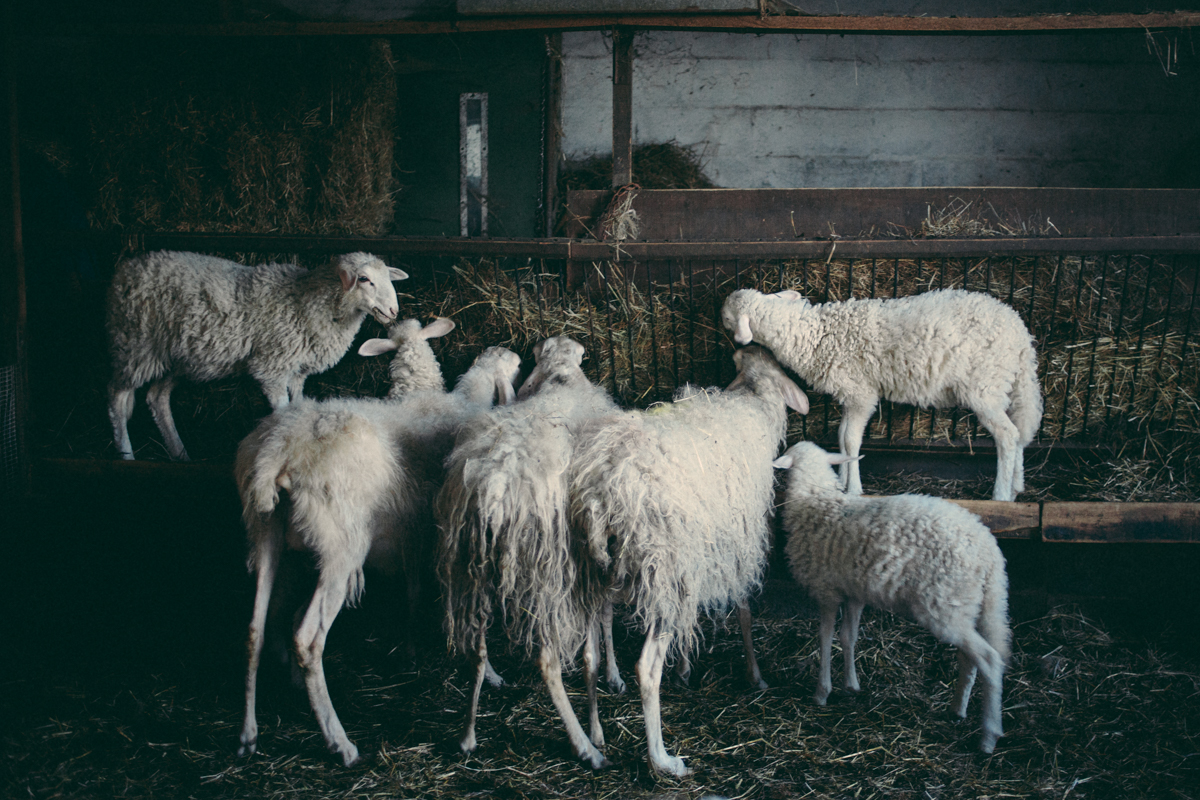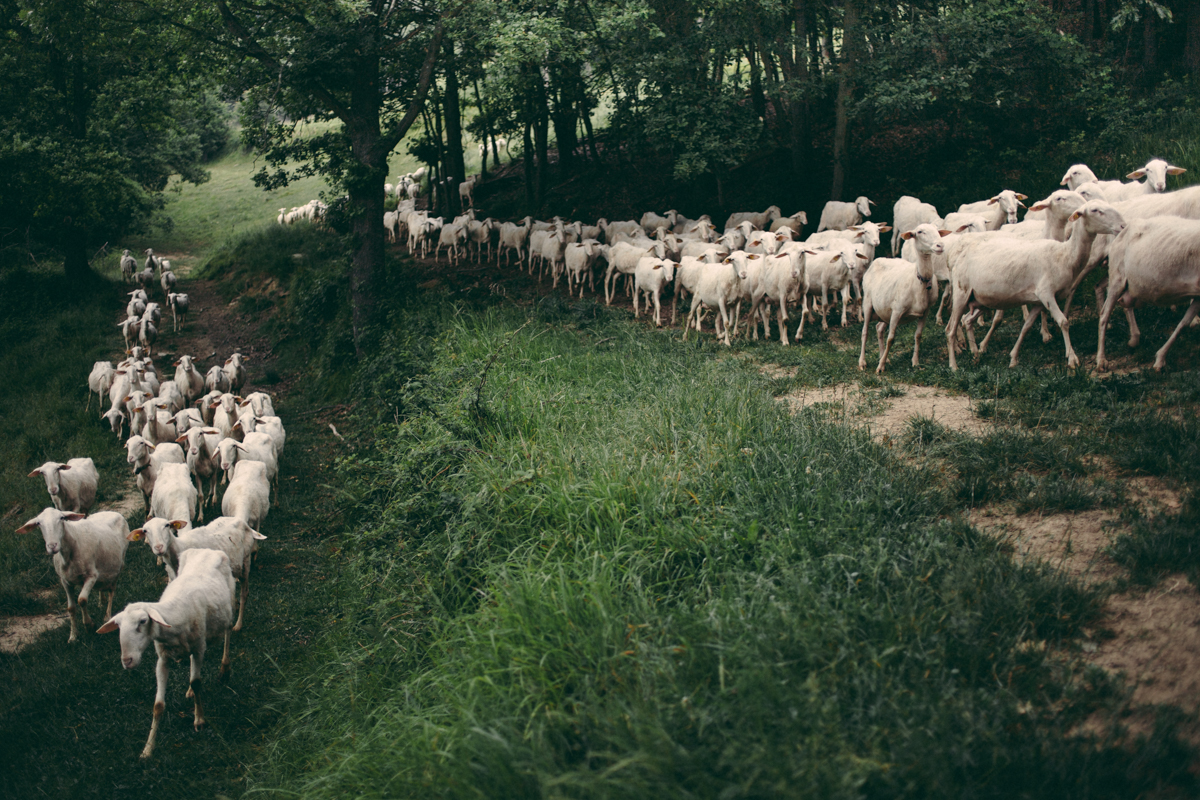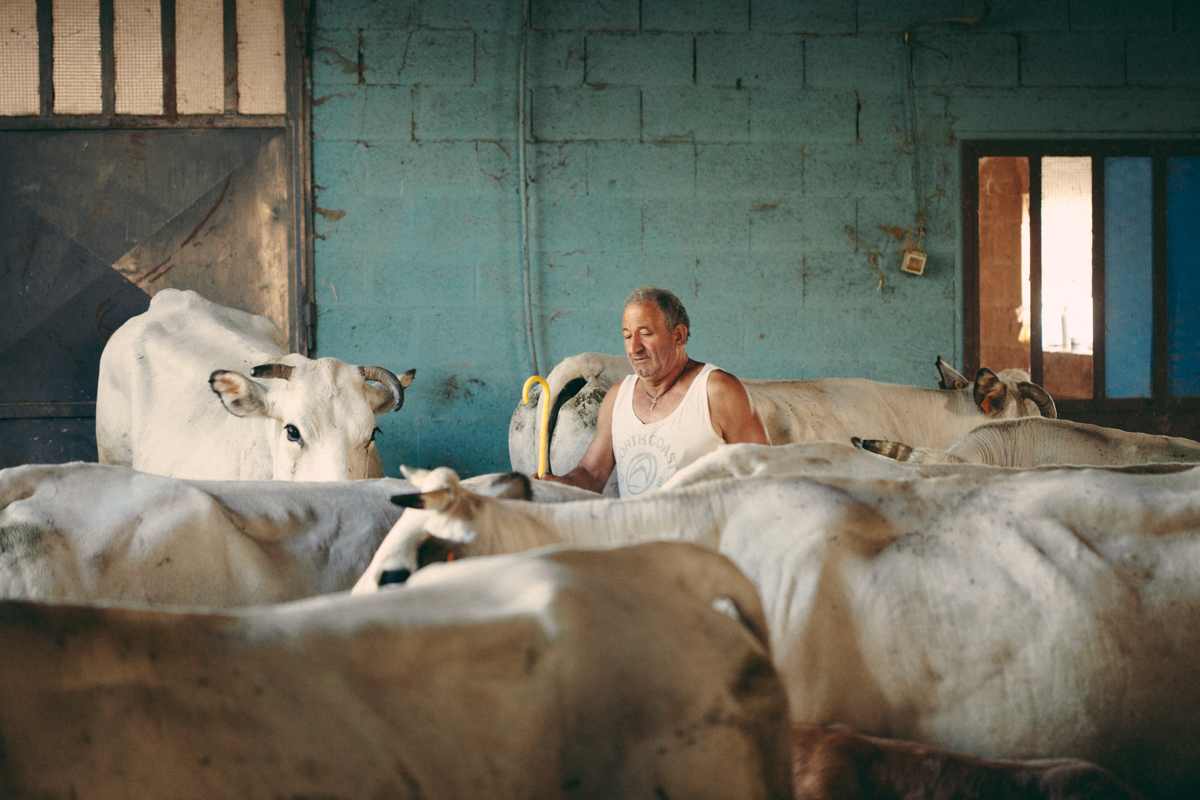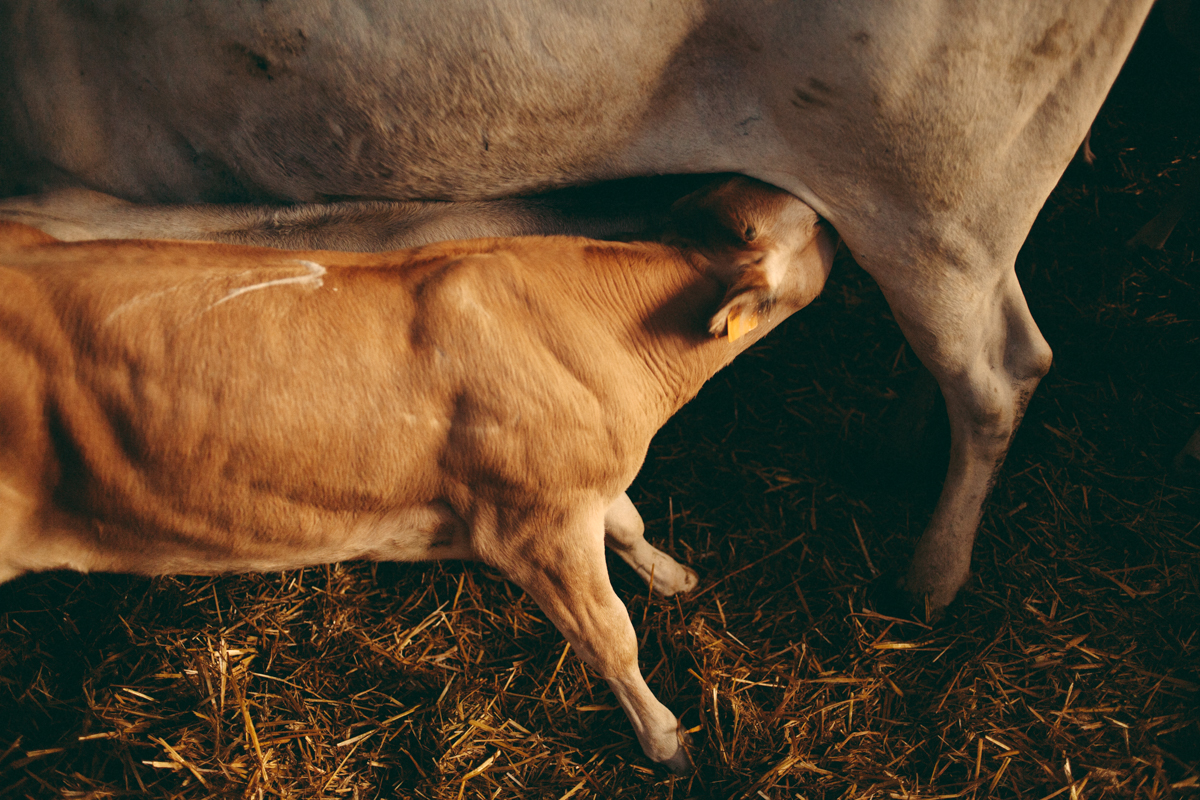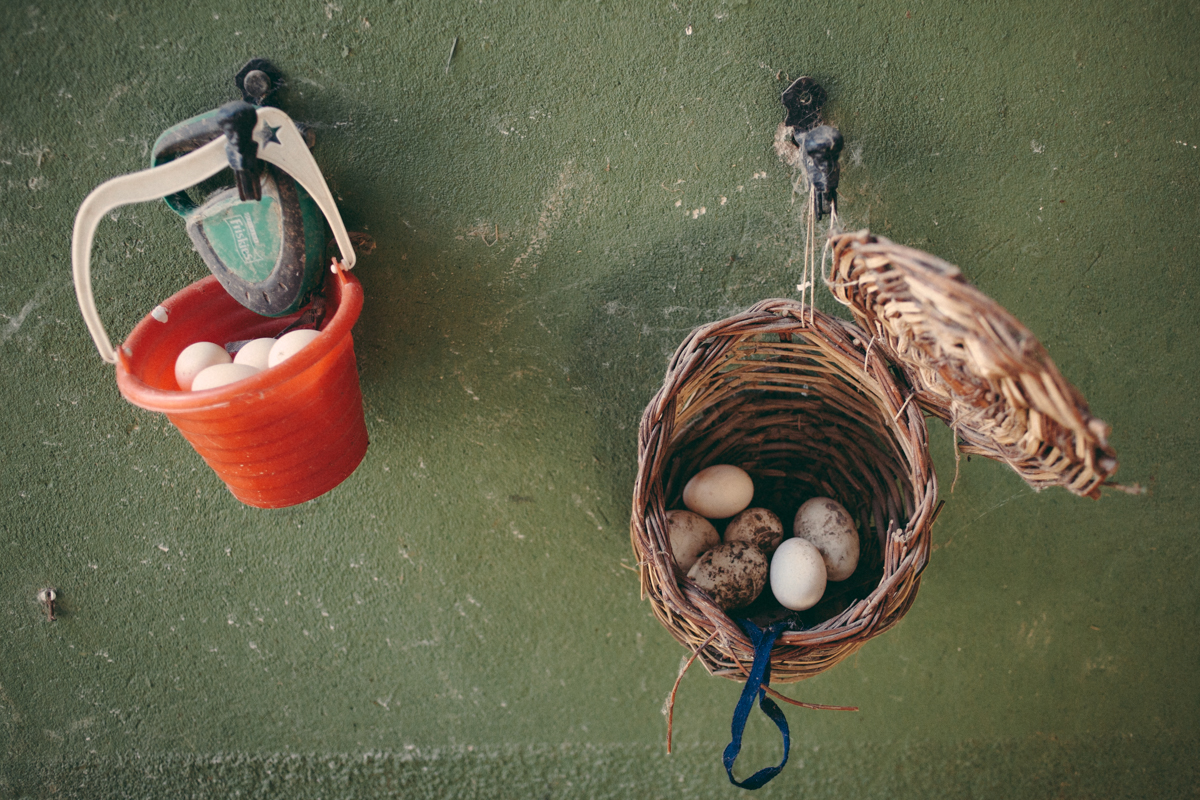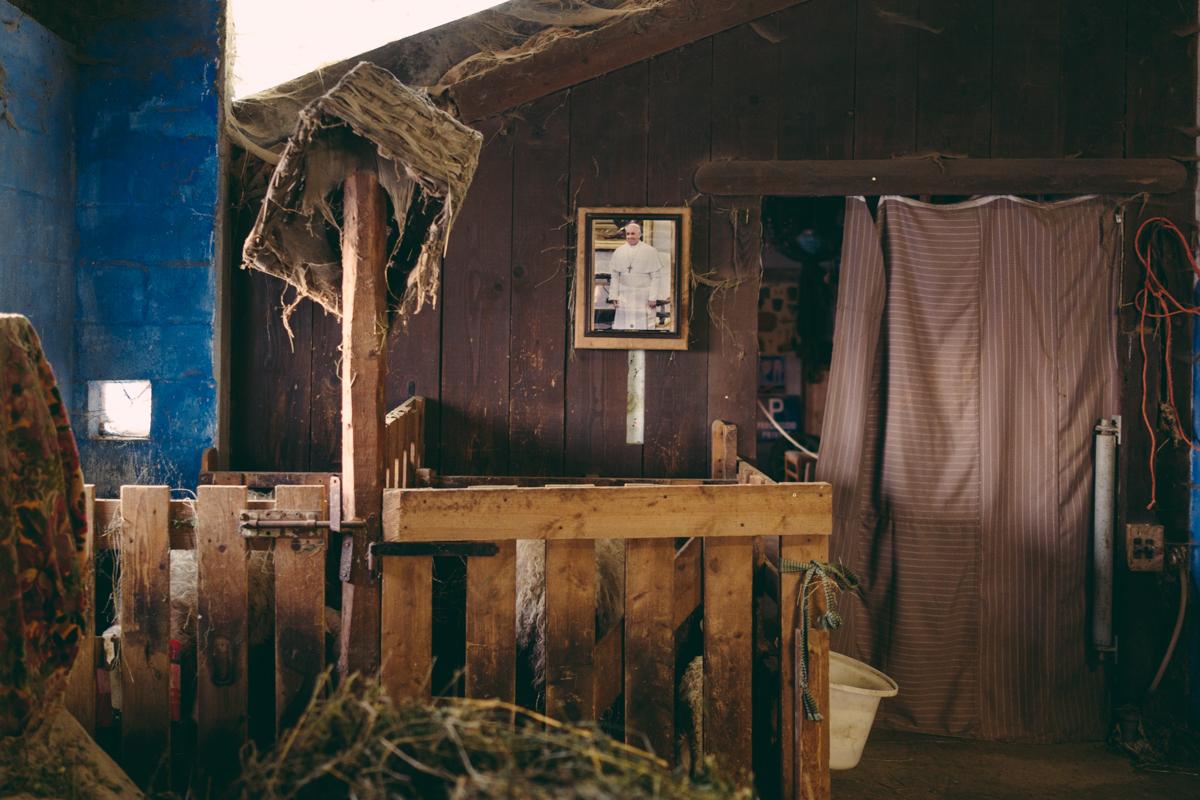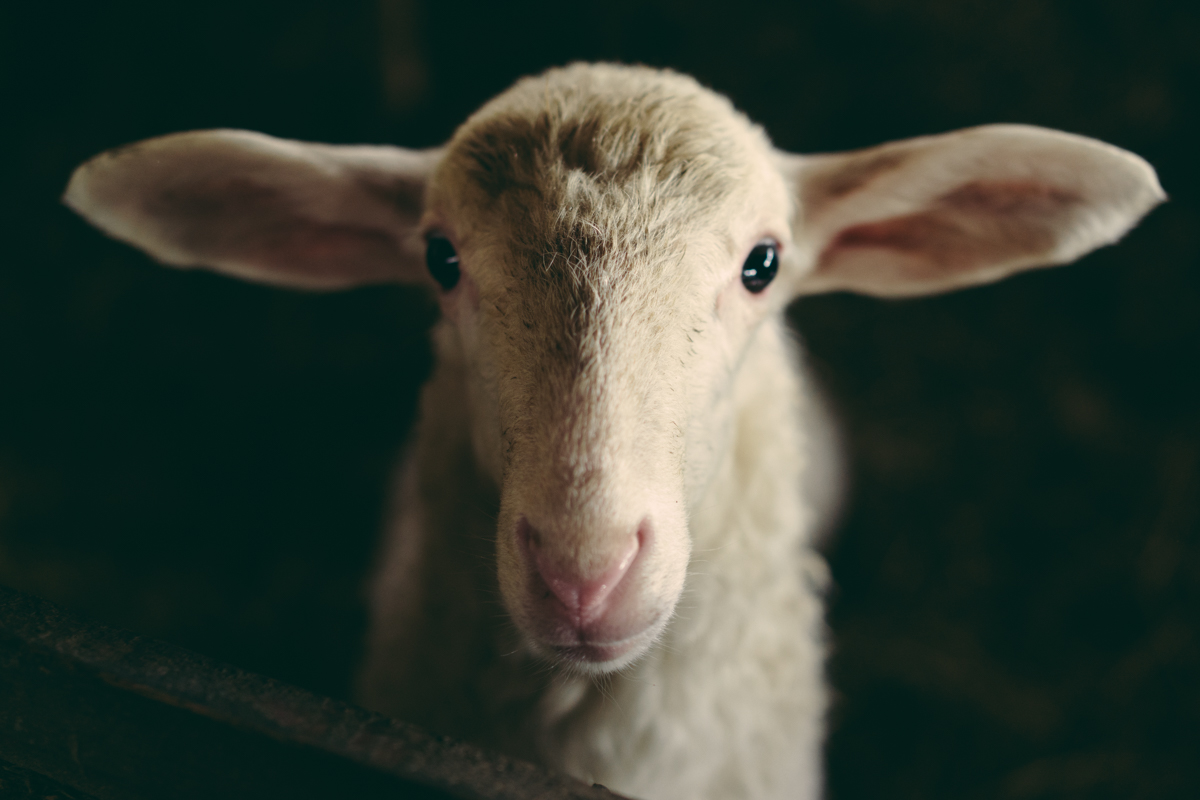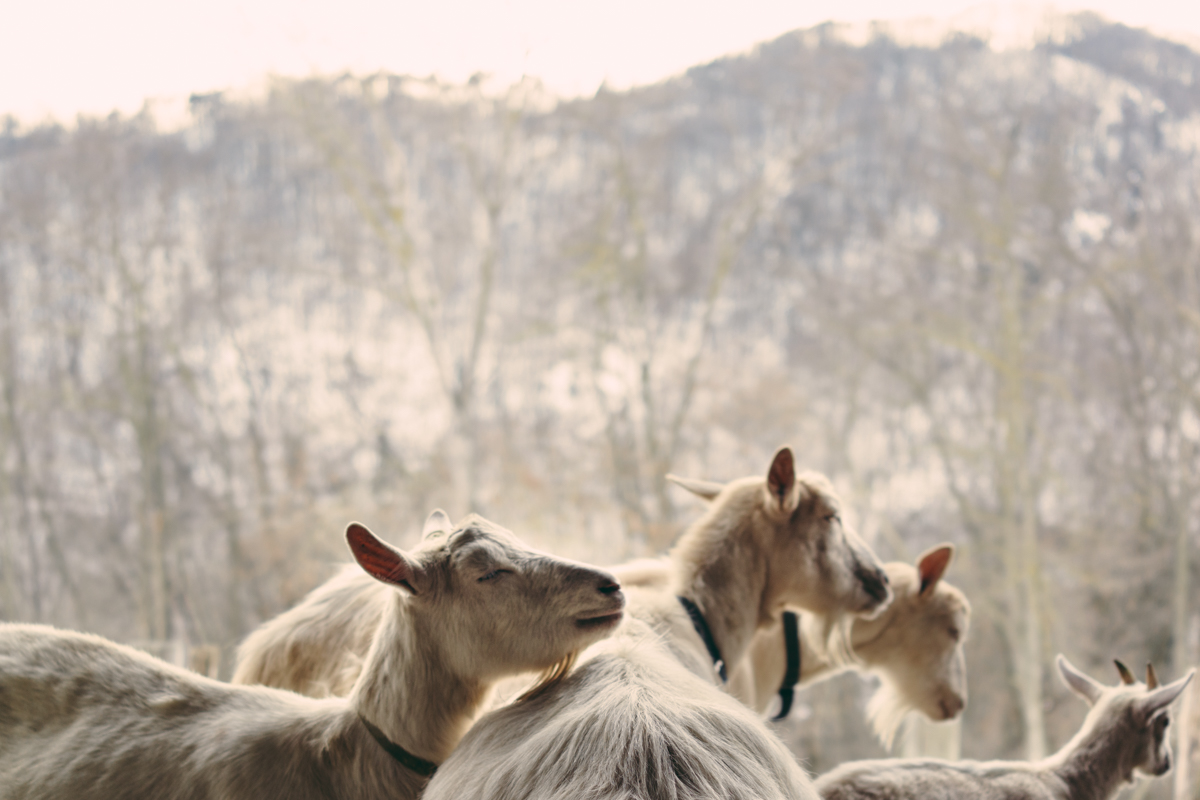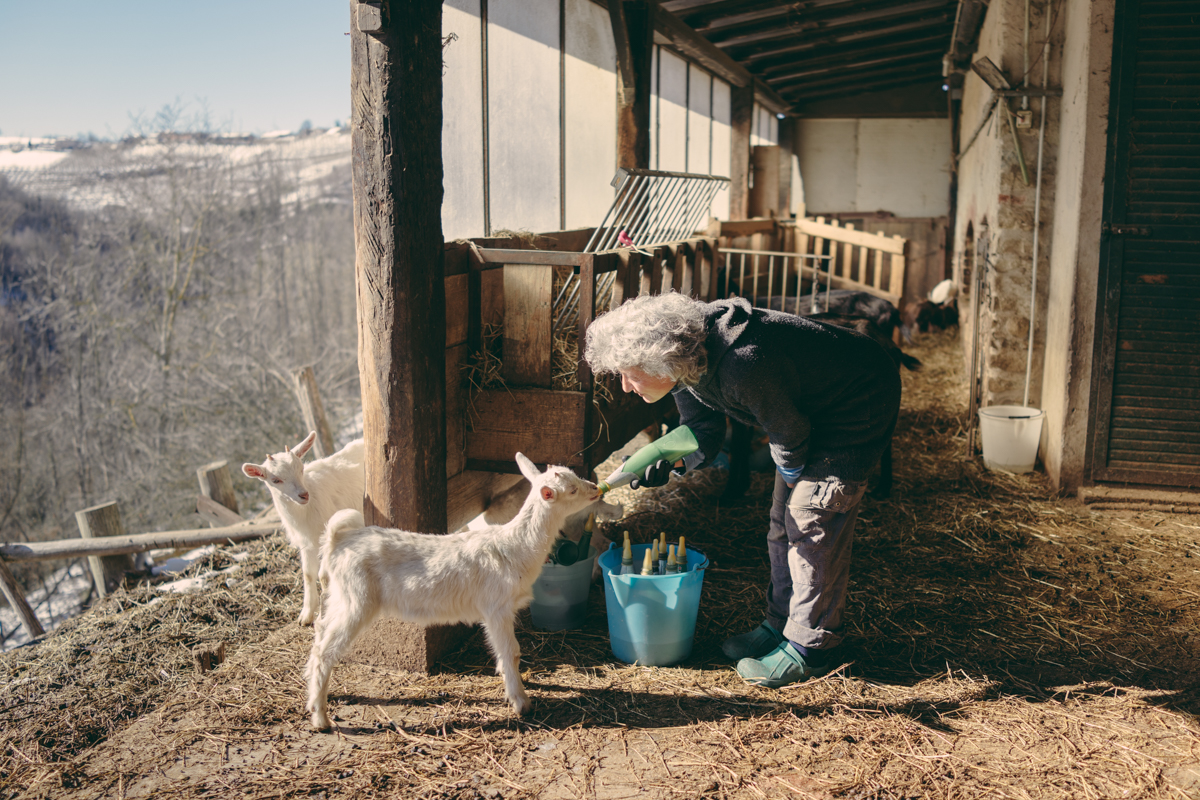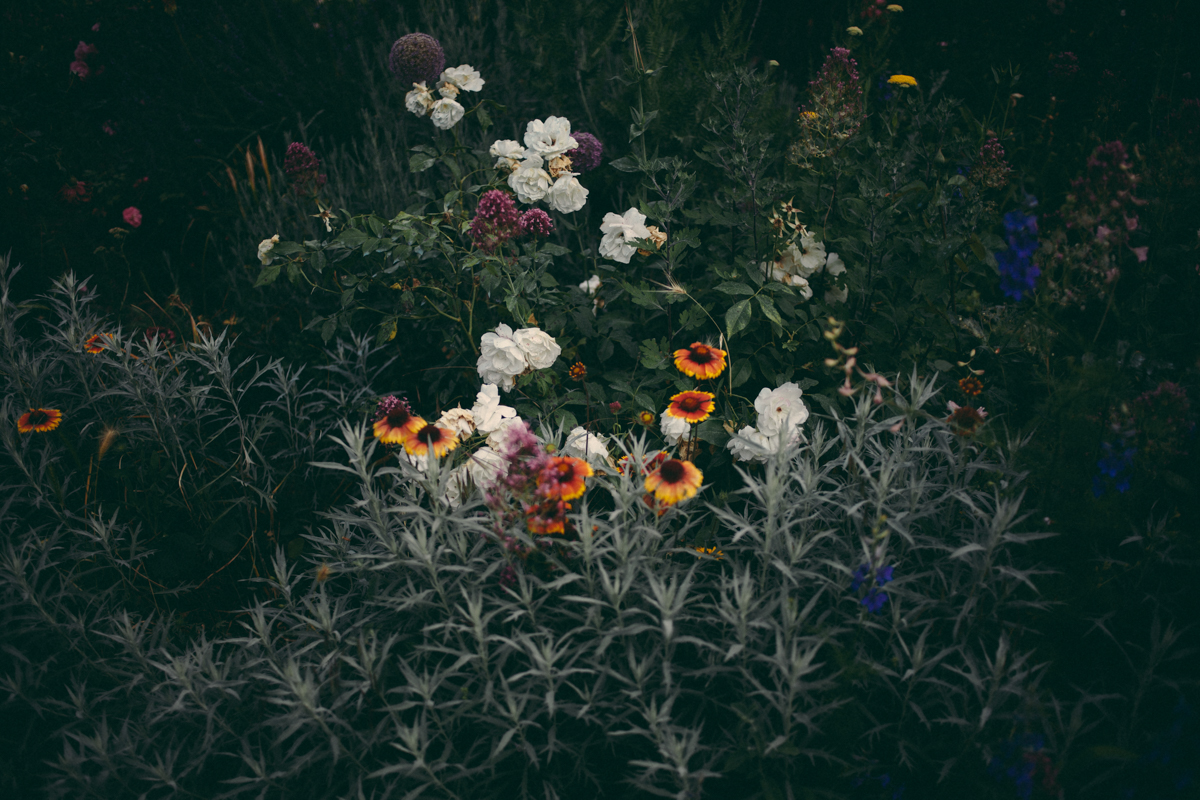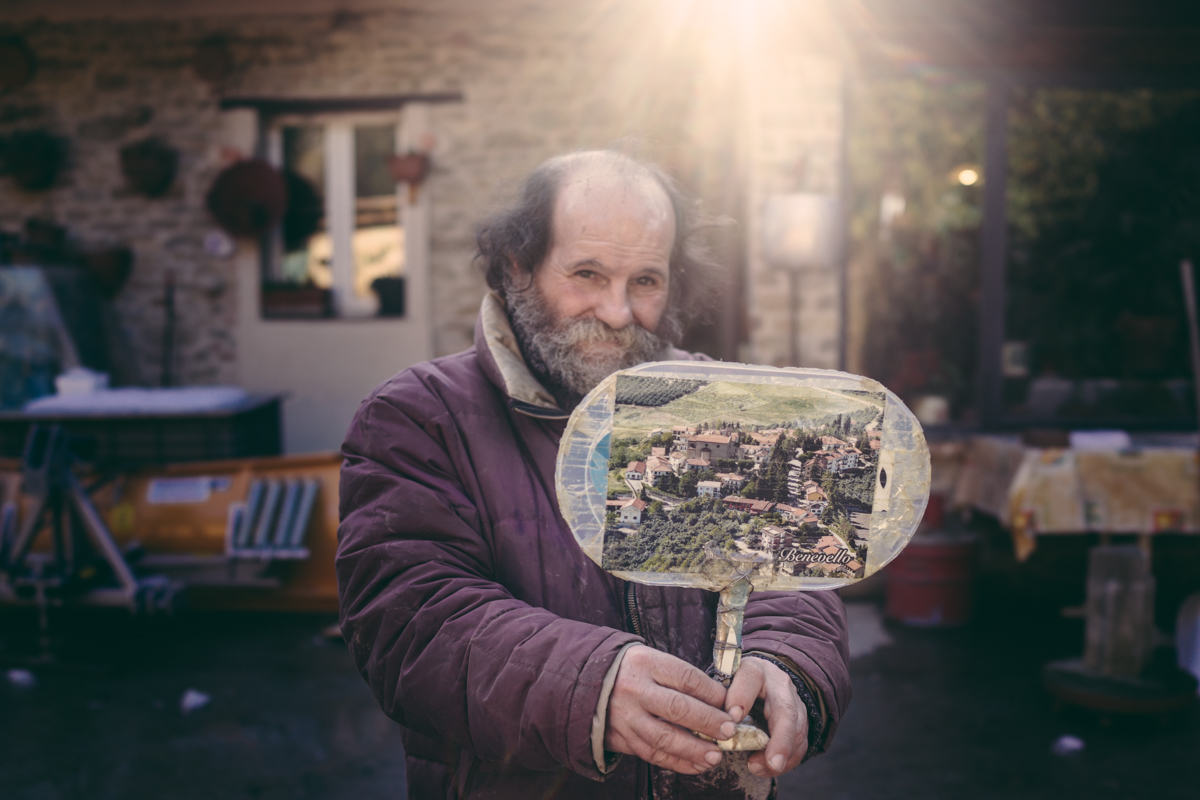
IUZZA tells the story of an encounter, a night sea crossing in search of Goliarda Sapienza.
“Iuzza” is the loving childhood nickname given to the writer back in Sicily, where she comes to world in 1924. The crooked symmetry betwee her biography and work is filled with invisible presences: the vigor of her literary adventure resembles a treasure salvaged from a wreckage.
Starting from Sapienza’s novels, poems, short stories, letters, and personal records, IUZZA unravels as an intimate journey triggered by antagonistic forces, subverting the nature of forms and turning words into images.
The sequence of images consists of seven sections that operate through temporal displacement, textual references, and concatenated events. Each part originates from an indirect dialogue with its own absence, as a sort of telepathic exchange through empty space aimed a magnifying the perception of emotional connections. Francesca Todde’s photographs are like inner landscapes, or animated spaces leaping across the blurred lines of memory. Her gaze through the lens seems to open on a deserted bustle, following faded footprints up to their origin, which is childish and ancestral, animal and mineral: these images are traces haunted by the feeling that body is everywhere.
(Extract from the afterword of the book IUZZA. Goliarda Sapienza, written by Luca Reffo)
Italy, 2017 / 2024


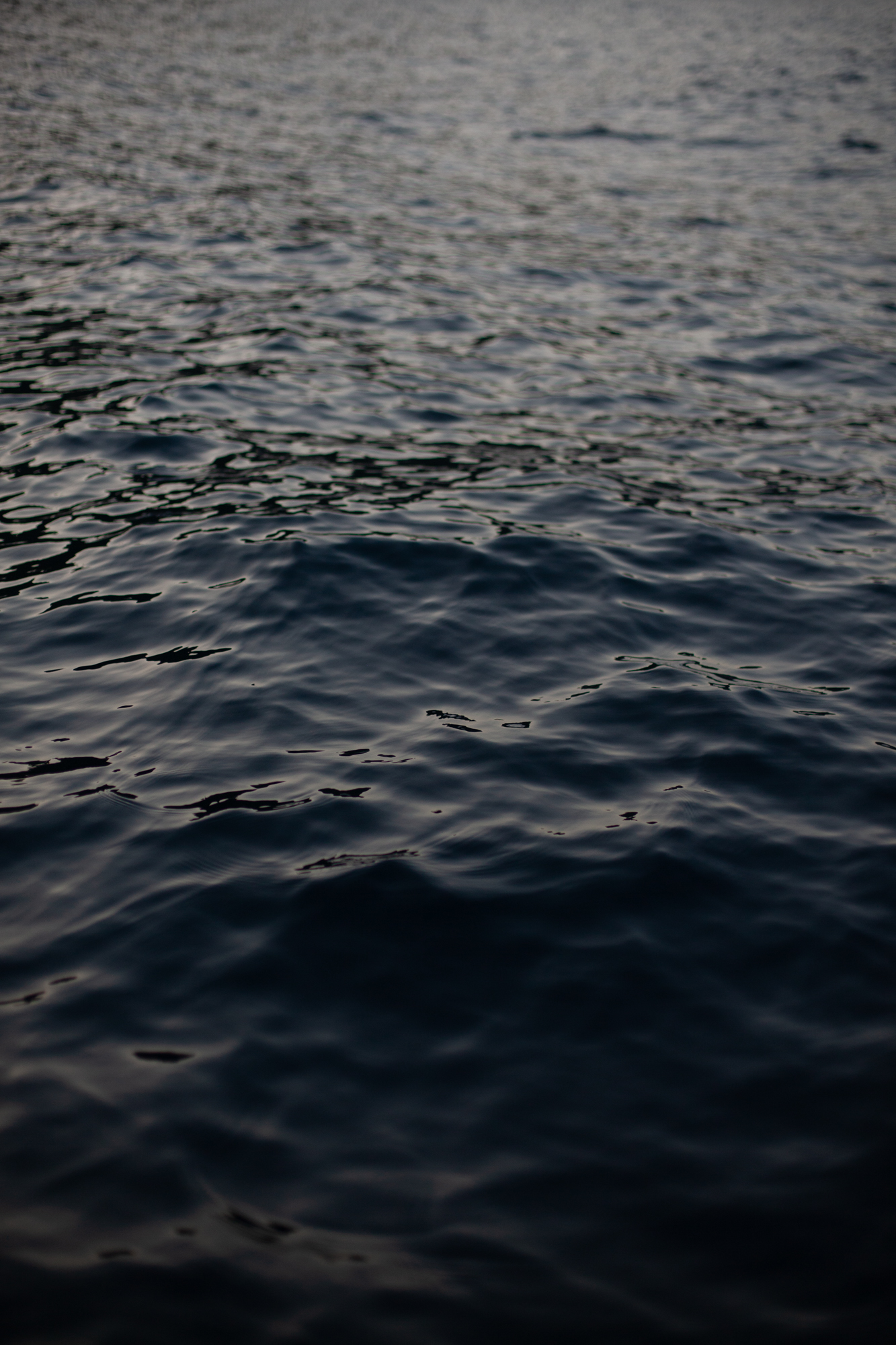









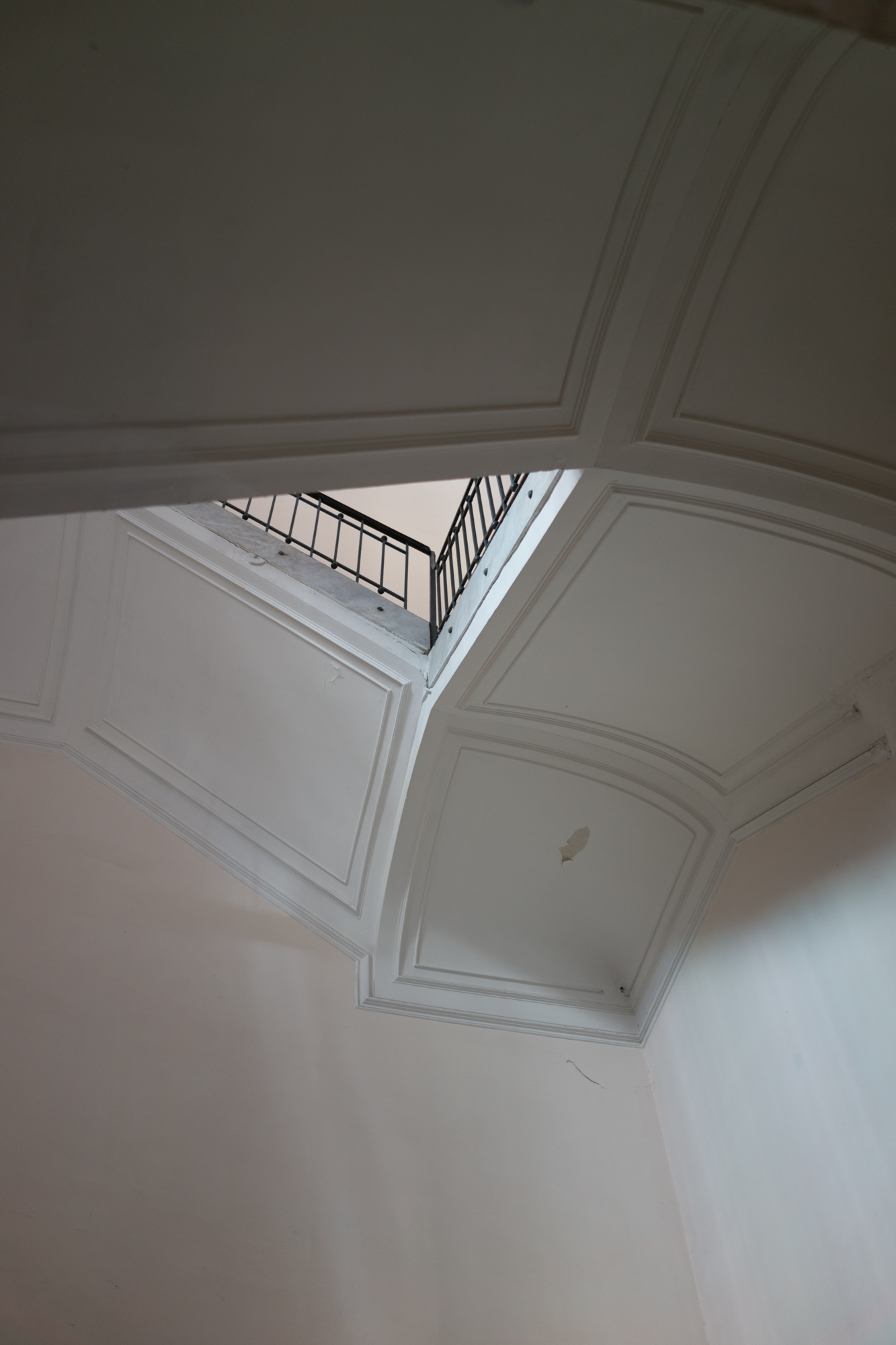



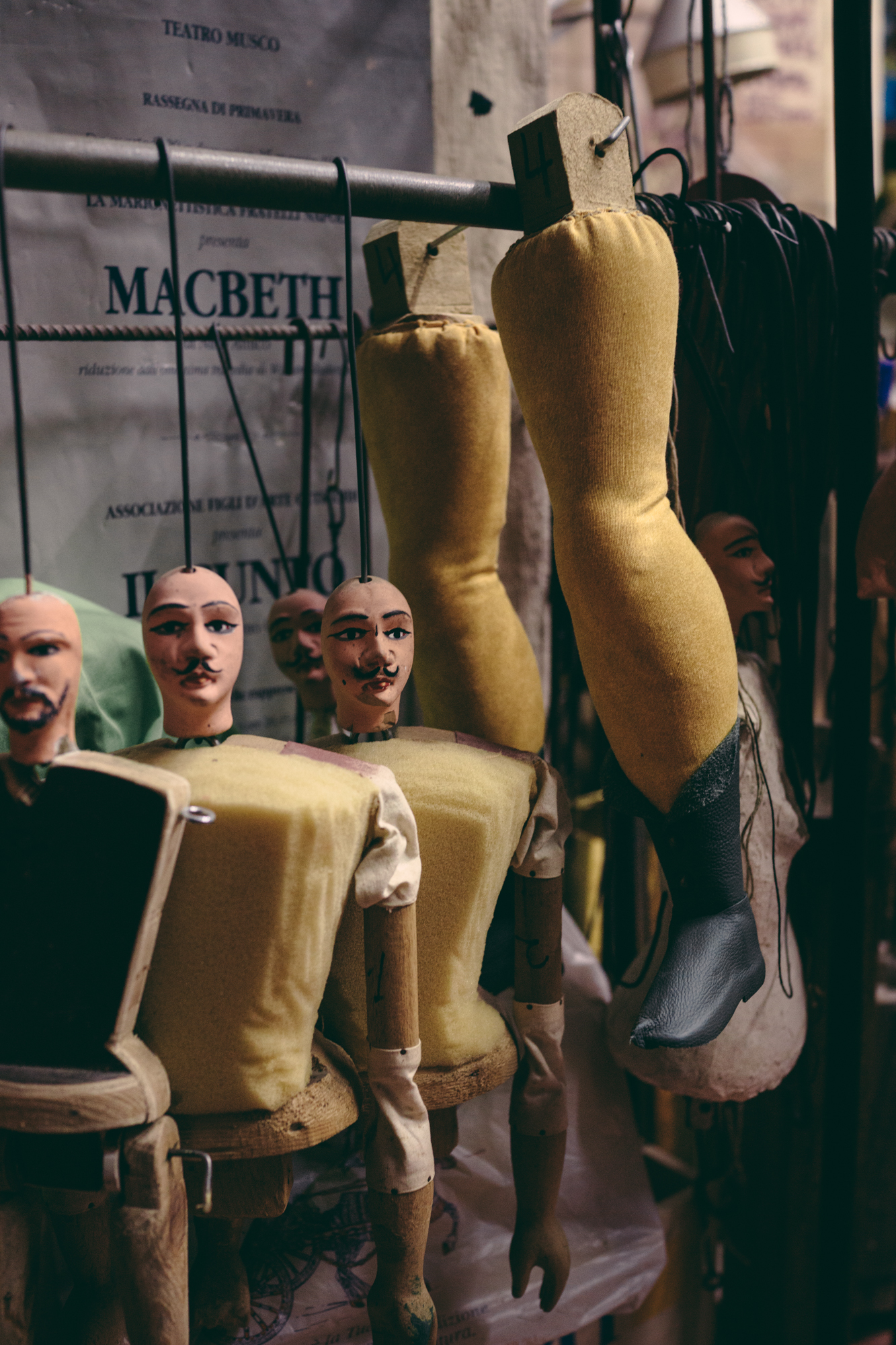
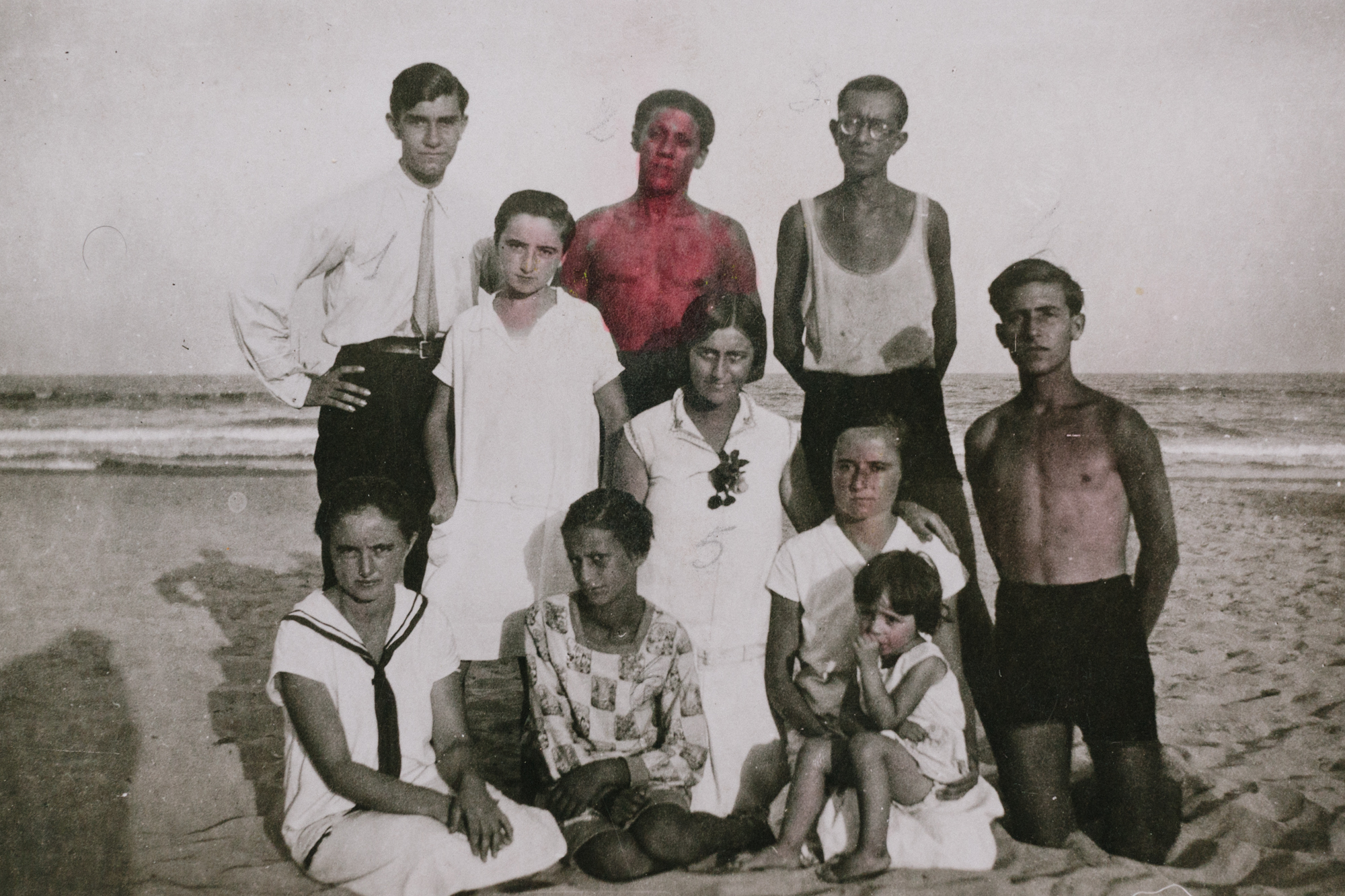















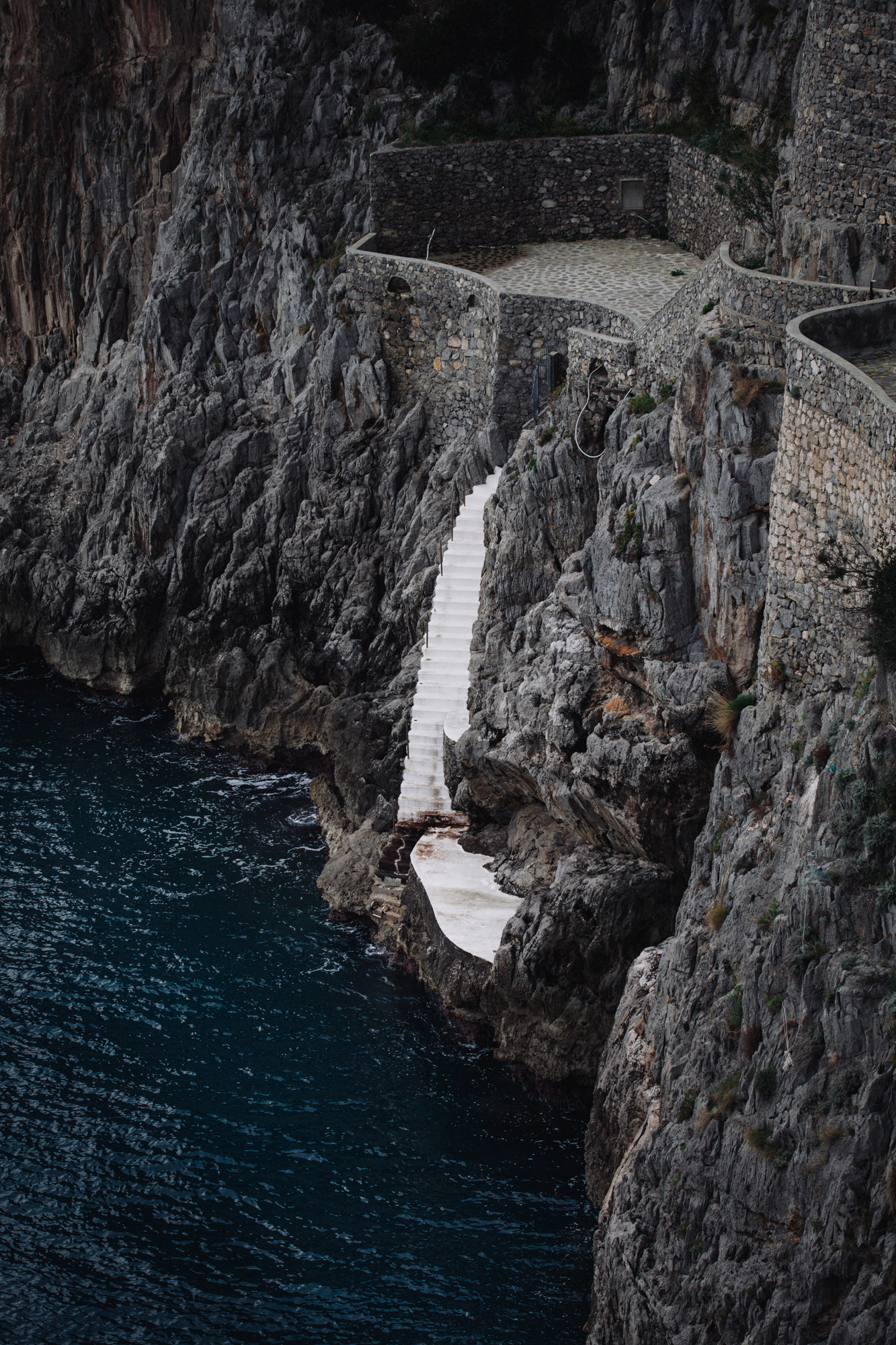
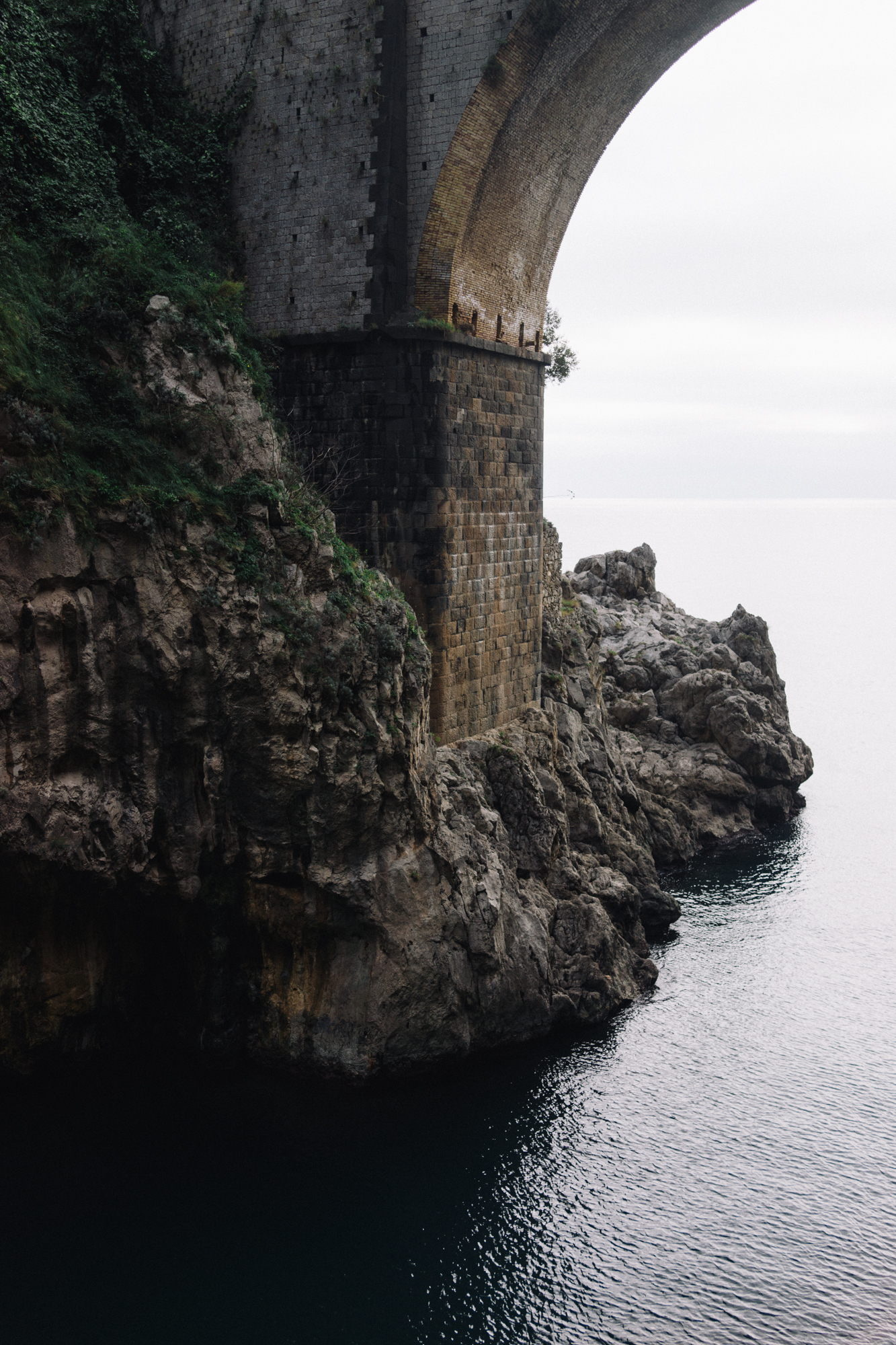









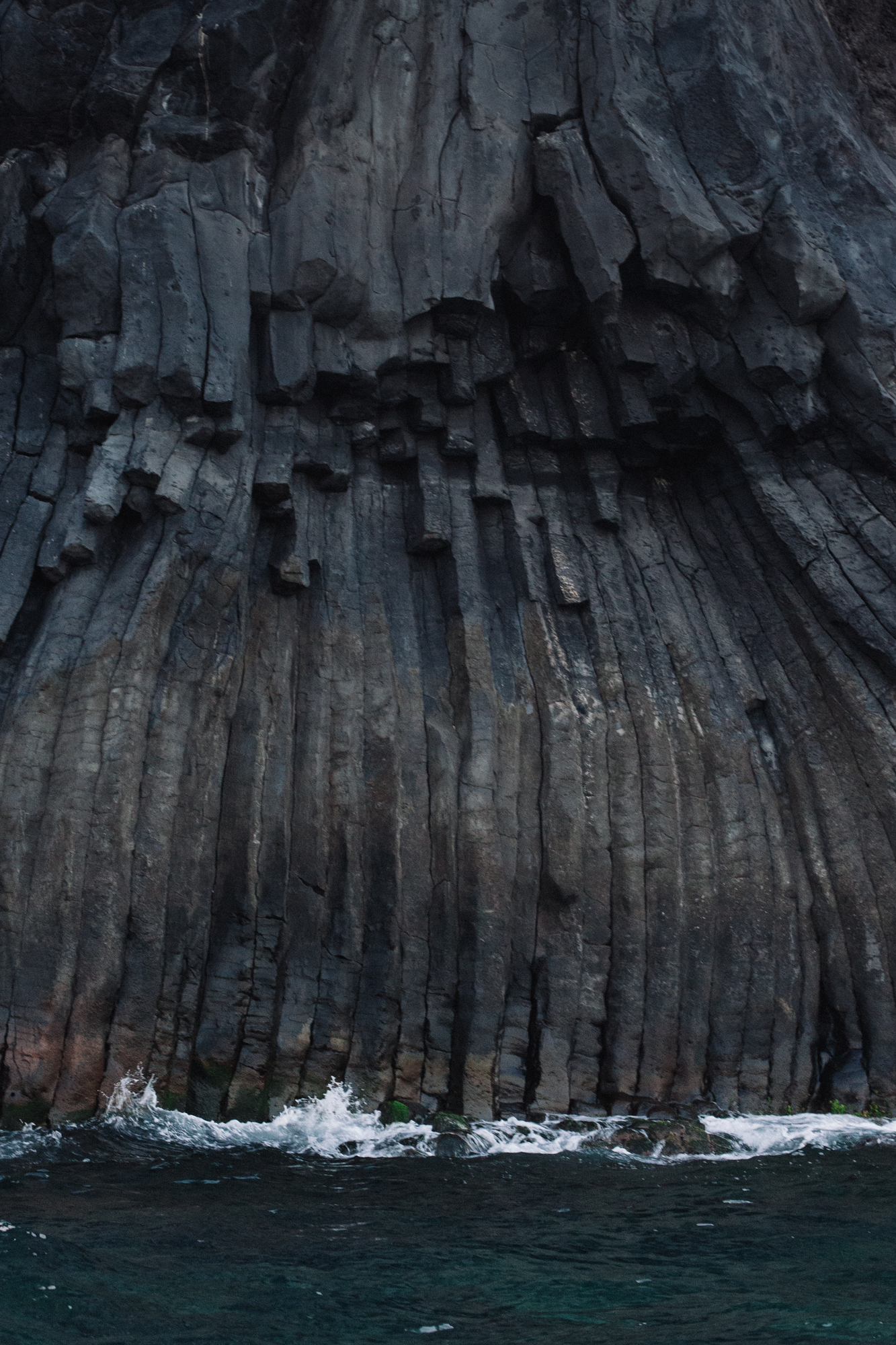

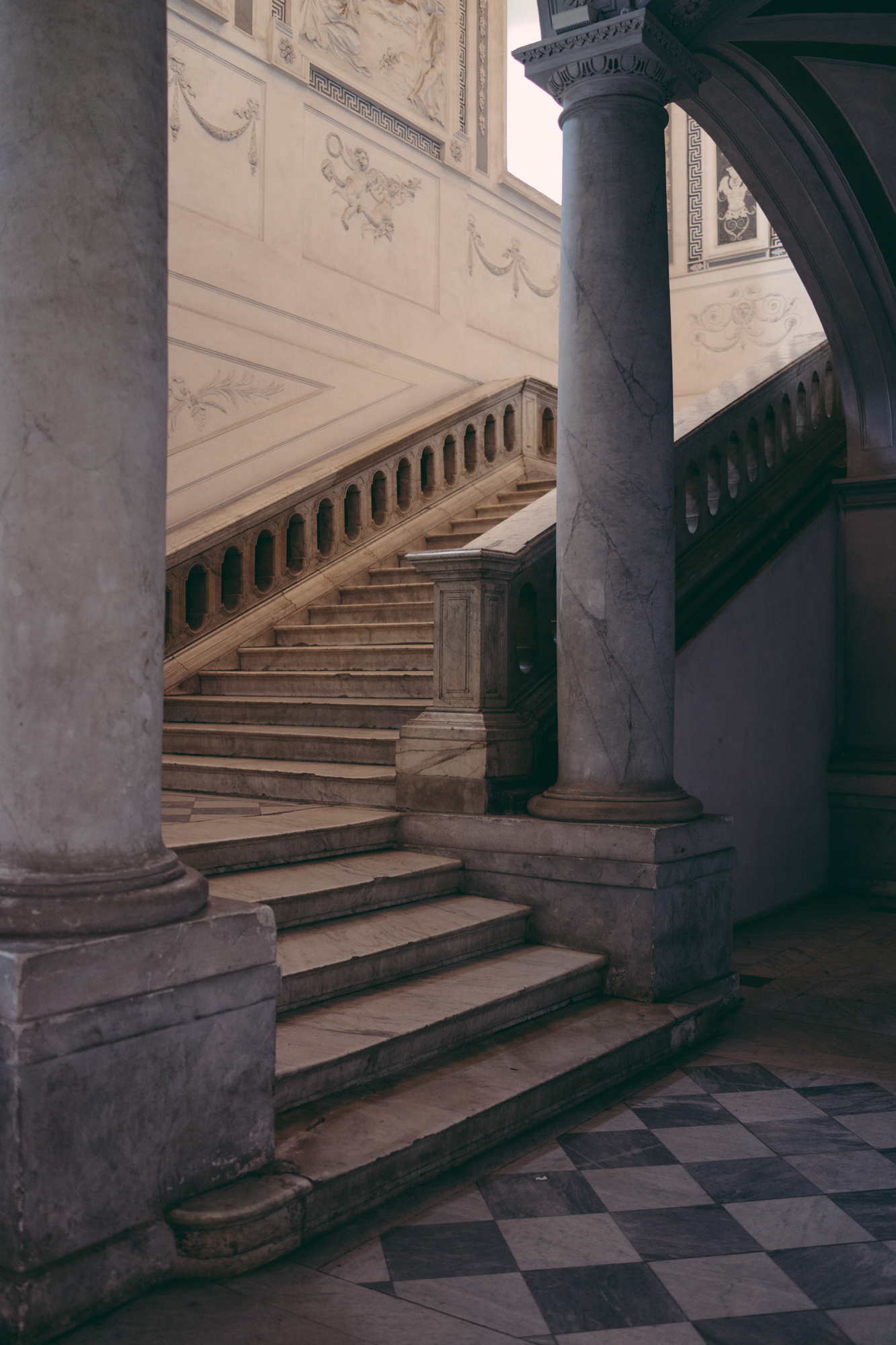

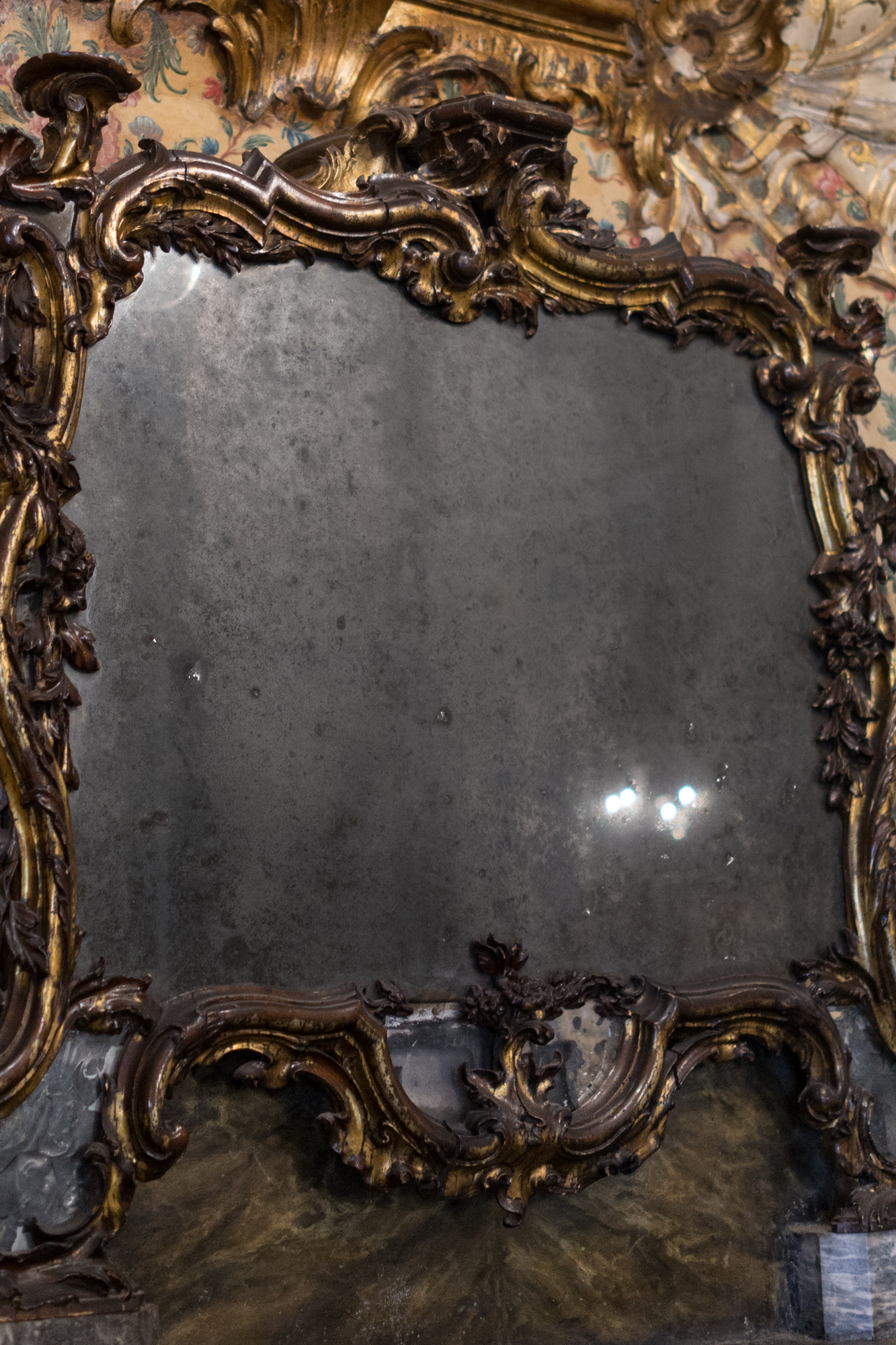


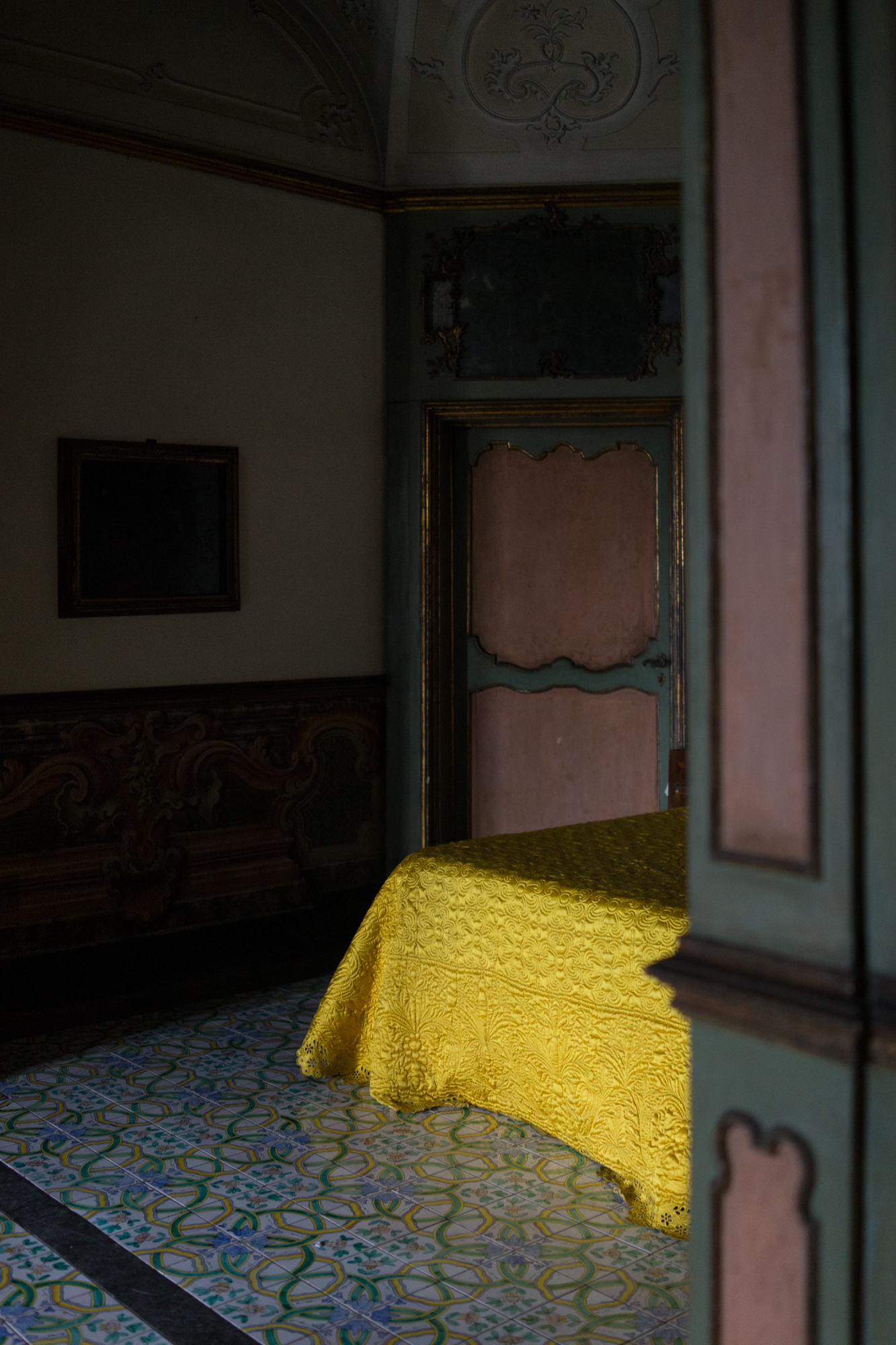
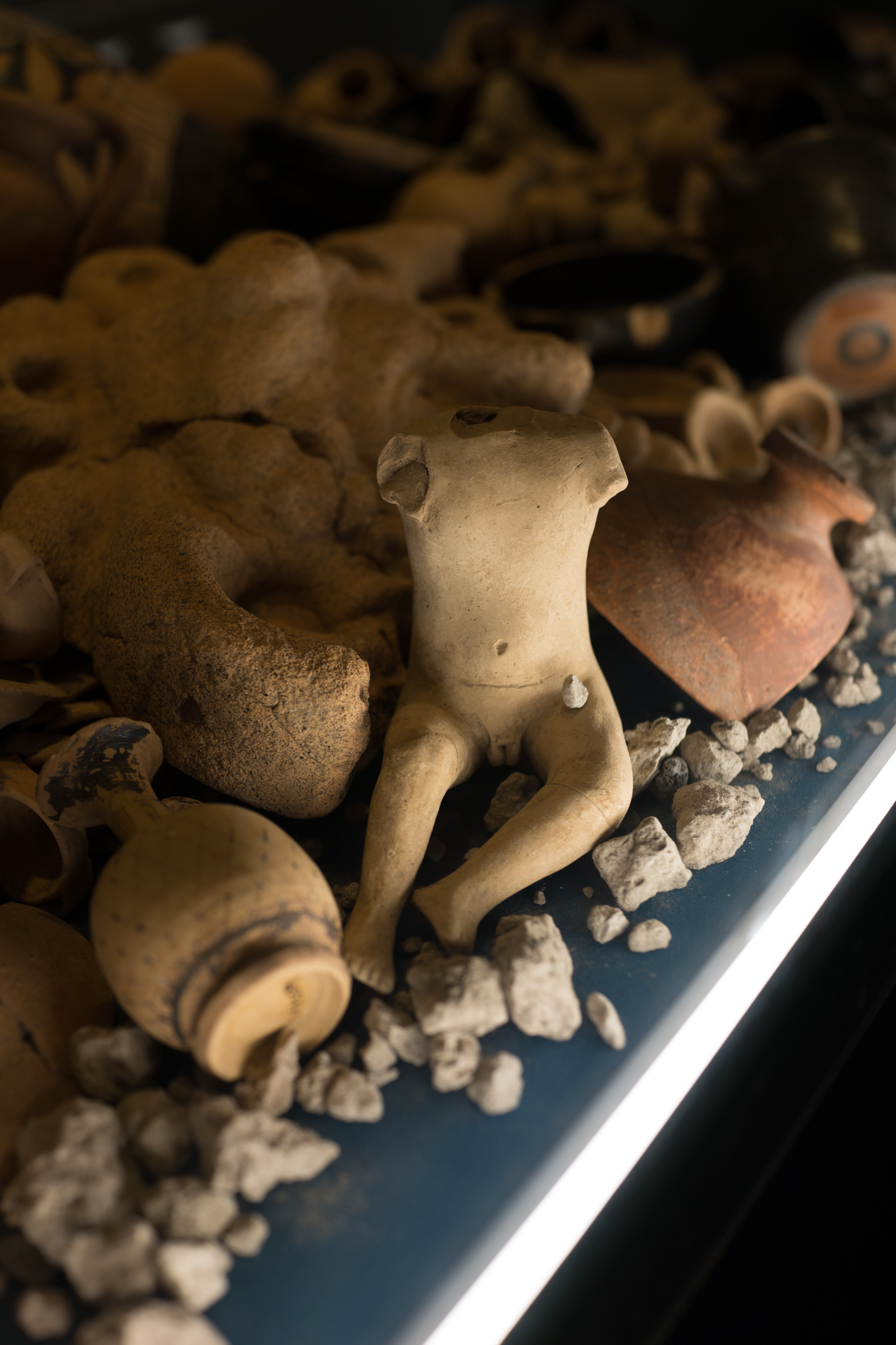











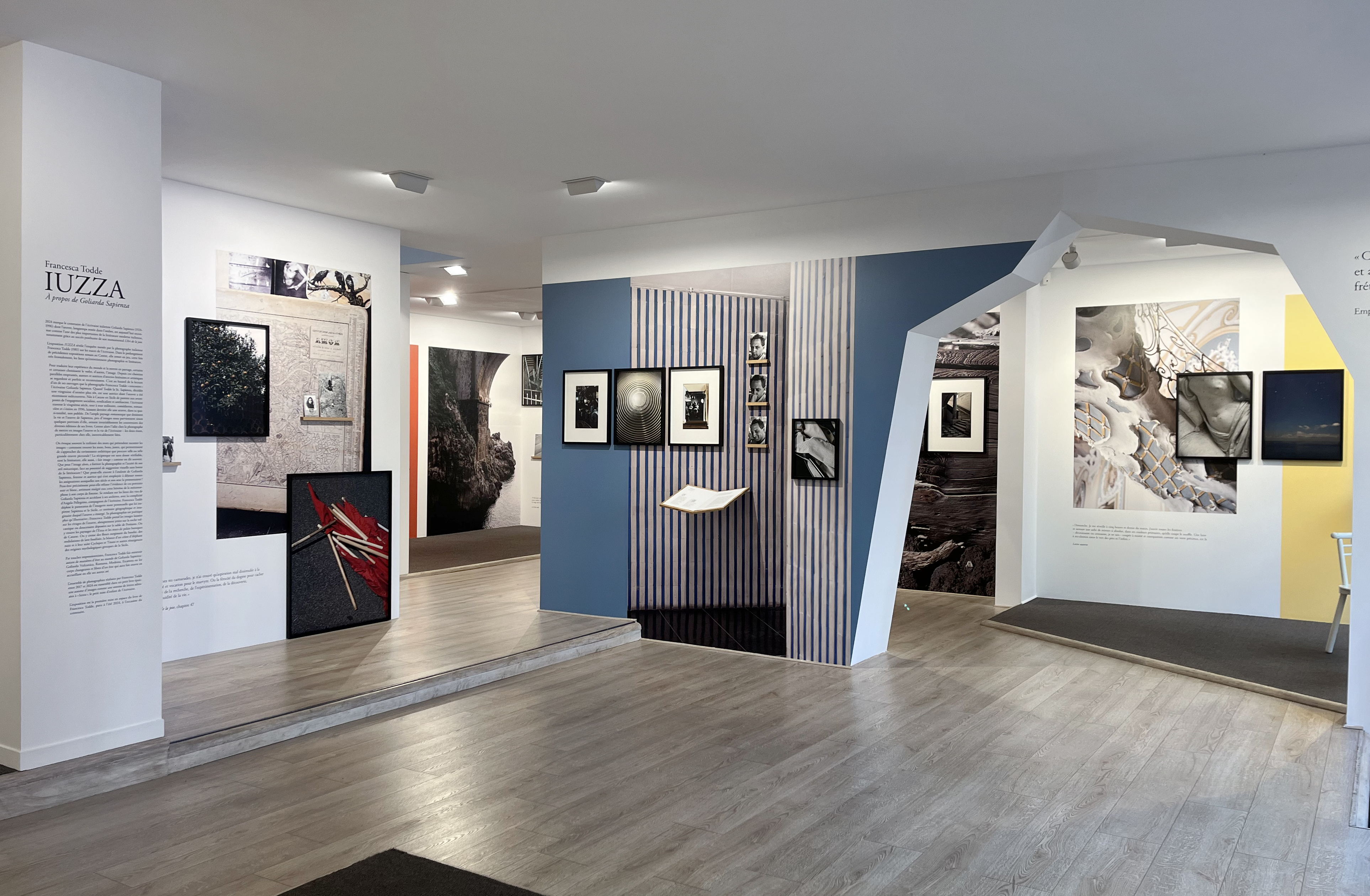
︎
The book
IUZZA. Goliarda Sapienza
published by Départ Pour l’Image
![]()
Texts: Luca Reffo
French translation: Nathalie Castagné
English translation: Marina Calvaresi
165x230 mm | 280 pages
Italian, French, English
Linnen hard cover with cardboard slipcase
Offset CMYK
Fedrigoni Arena White Rough 120 g/m² | Fedrigoni Sirio Black 140 g/m²
Cover on Peyer Linesse Zartgelb 20302
Printed in Italy by Longo spa
First edition 1500 copies
ISBN 978-88-947598-7-7
This book received the support of
Collezione Donata Pizzi.
![]()
![]()
![]()
![]()
![]()
![]()
Book Review:
Conscientious Photography Magazine
by Jörg Colberg
Marie Claire Italia
by Lavinia Farnese
Io Donna Corriere della Sera
by Renata Ferri
L’intervalle blog
by Fabien Ribery
︎
The book
IUZZA. Goliarda Sapienza
published by Départ Pour l’Image
Texts: Luca Reffo
French translation: Nathalie Castagné
English translation: Marina Calvaresi
165x230 mm | 280 pages
Italian, French, English
Linnen hard cover with cardboard slipcase
Offset CMYK
Fedrigoni Arena White Rough 120 g/m² | Fedrigoni Sirio Black 140 g/m²
Cover on Peyer Linesse Zartgelb 20302
Printed in Italy by Longo spa
First edition 1500 copies
ISBN 978-88-947598-7-7
This book received the support of
Collezione Donata Pizzi.





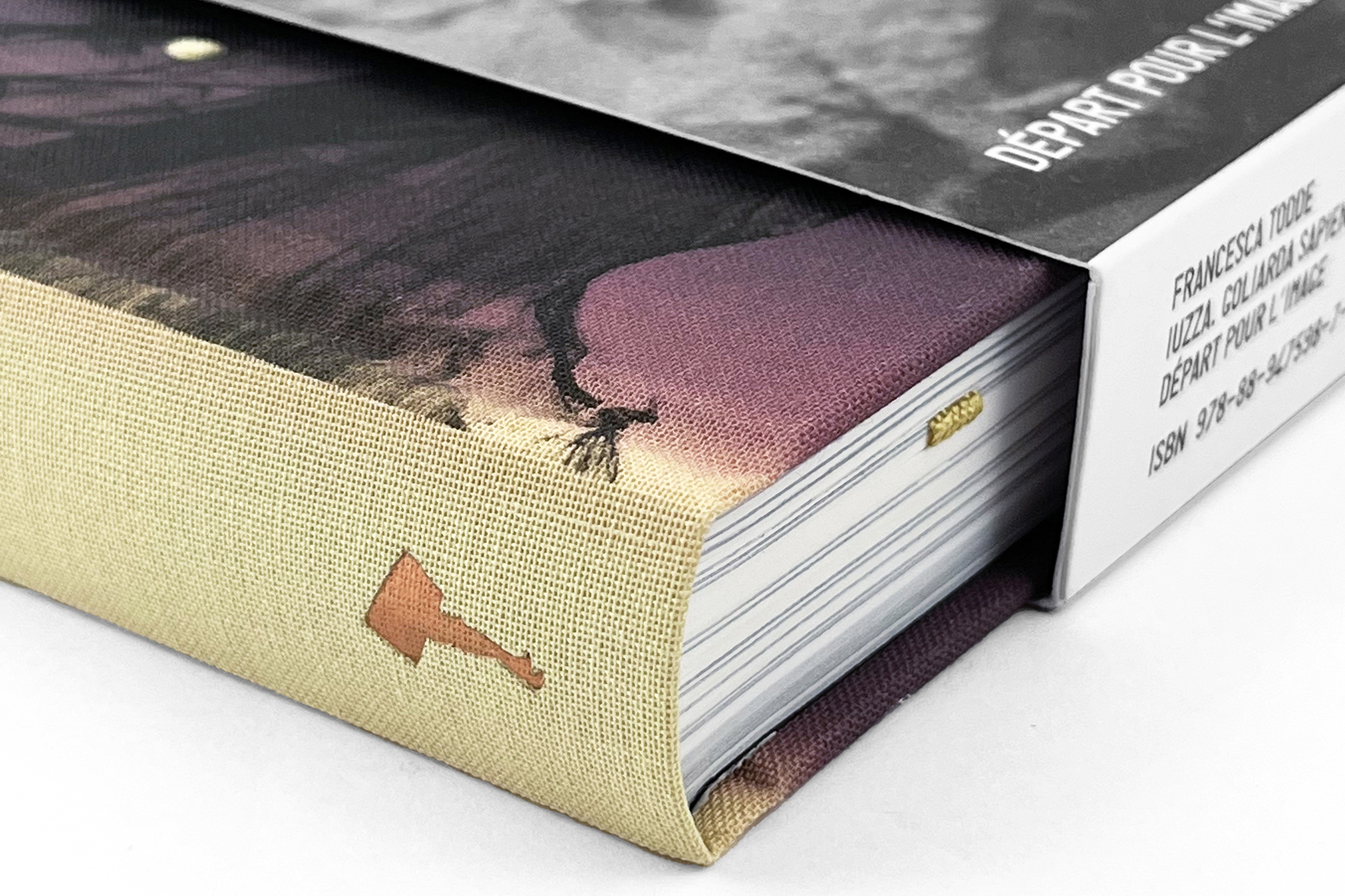
Book Review:
Conscientious Photography Magazine
by Jörg Colberg
Marie Claire Italia
by Lavinia Farnese
Io Donna Corriere della Sera
by Renata Ferri
L’intervalle blog
by Fabien Ribery
︎
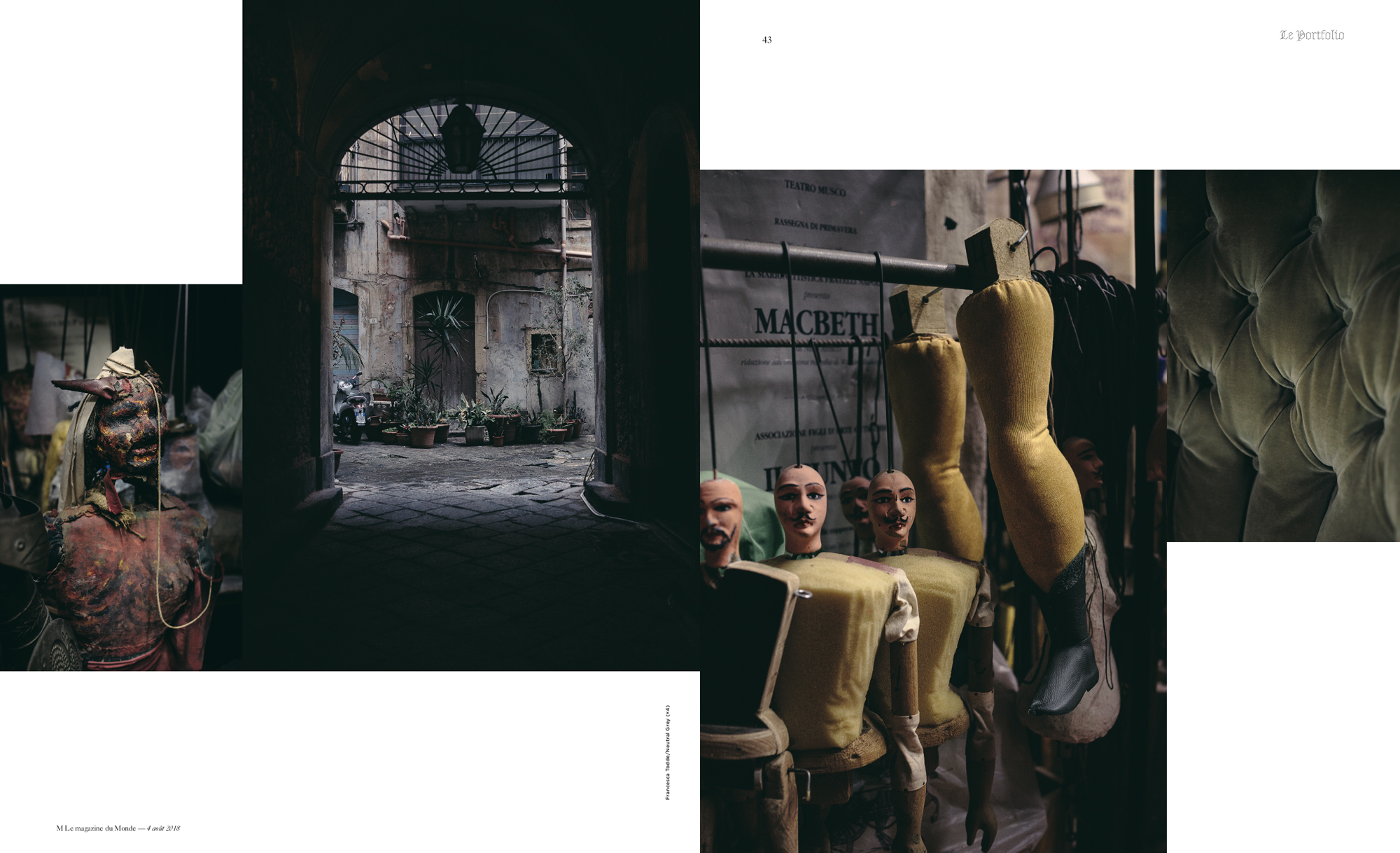



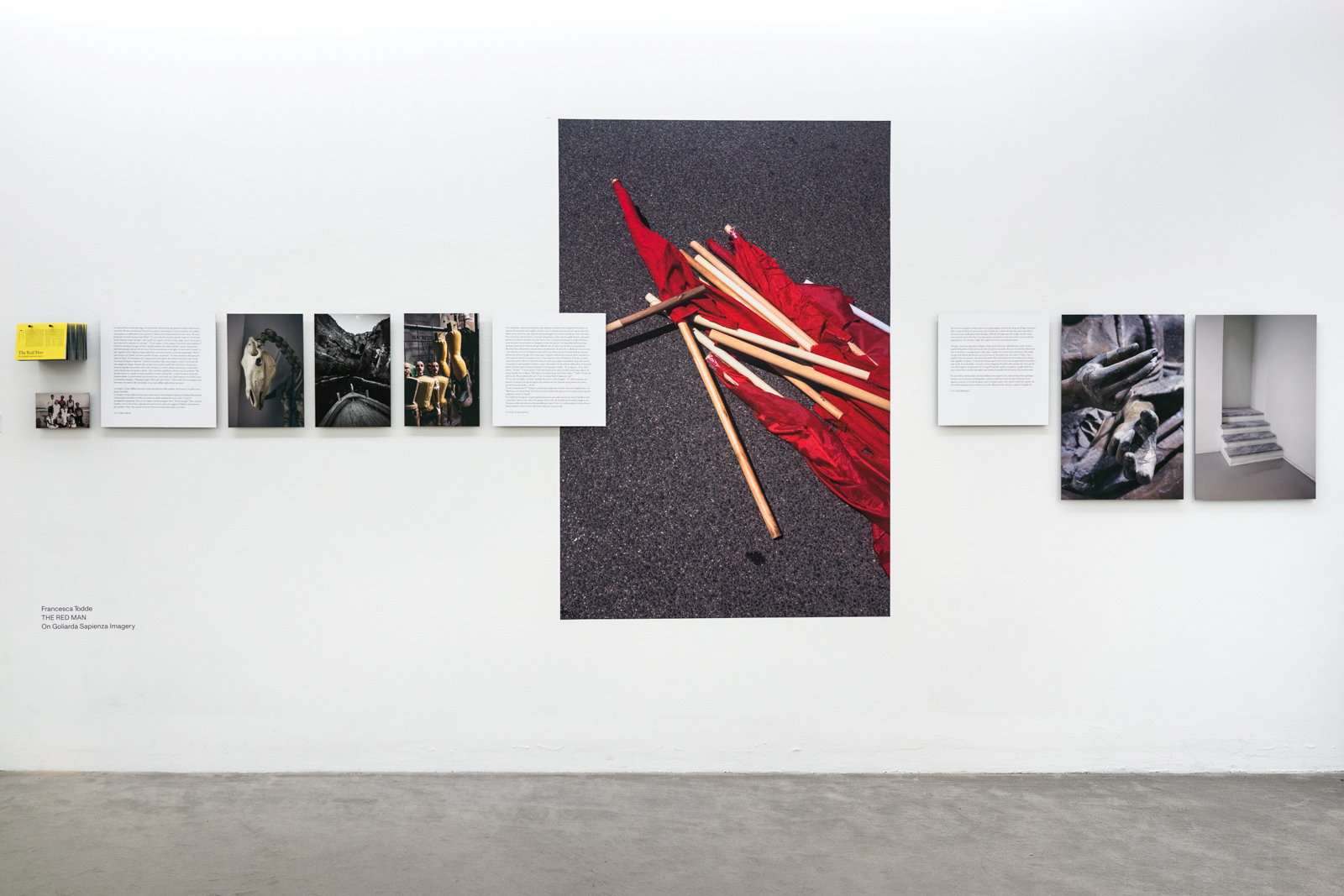
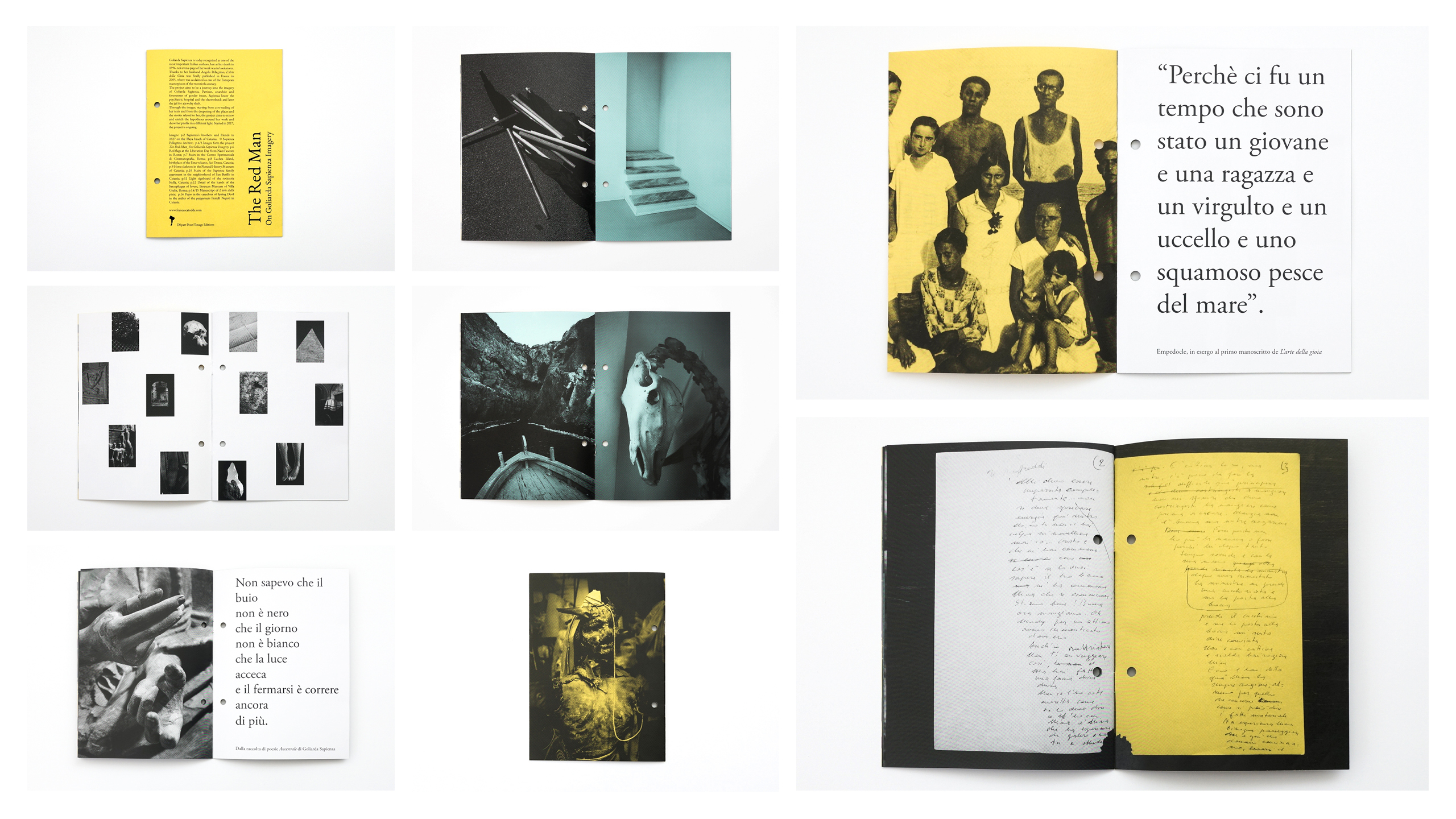
Exhibition Looking On - Sguardi e prospettive sulla nuova fotografia italiana A project by Osservatorio Fotografico, curated by Chiara Bardelli Nonino, Federica Chiocchetti, Silvia Loddo, Elisa Medde, Giulia Ticozzi, Giulia Zorzi - MAR Ravenna, 2019
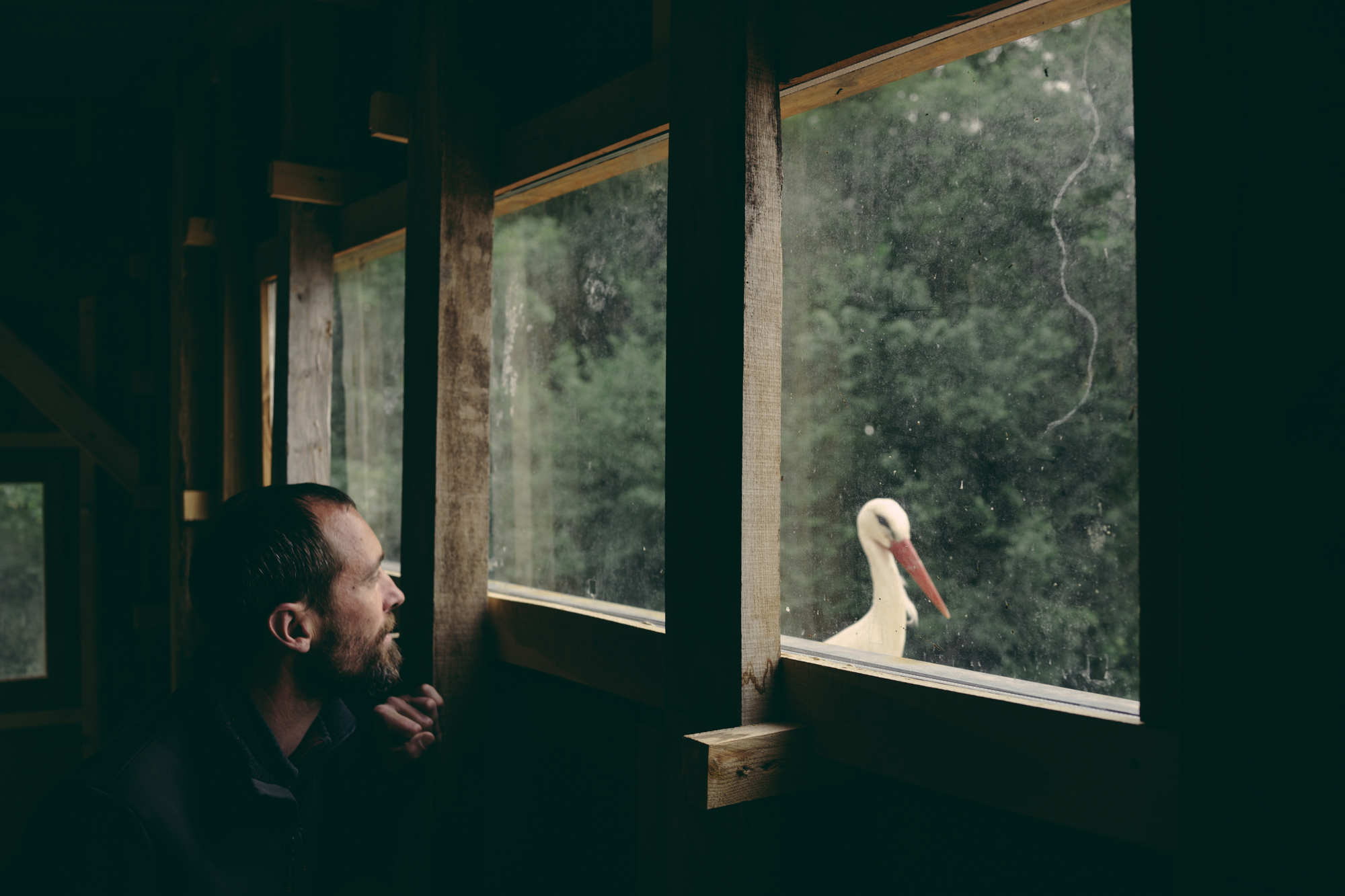
A Sensitive Education explores, through the figure of bird educator Tristan Plot, the possibilities of empathy between different natural species. The narrative, far from being a naturalist documentation, is rather focused on the emotional sphere and sensitivity of birds and humans. The photographic research develops in resonance with the delicacy of this wordless dialogue.
Tristan is a bird educator specialist in soft methods. He prepares birds for participation in theatre and dance performances or film documentaries. He also works on the new concept of ornitotherapy and mediation through the animal, creating contact between birds and people with disabilities, the elderly, prisoners, in order to promote new sensations and create a deep reconciliation between birds and humans.
When he was a child, in the forest behind his parents’ house in the Touraine, Tristan noticed that, if he remained still for a long time, the animals came out of the vegetation and it was possible to observe them. Even today, this practice of slow approach, respecting the rhythm of nature, remains essential to his educational method.
Having studied ecology, biology and ethology at the university, he developed an educational technique at the intersection of imprinting, traditional training and positive training. His method is a set of observation and predisposition of mind in harmony with the environment, according to the sensitivity of the other and in relation to expression and behavior codes which are different from the human ones.
Tristan, through the intuition of animality as something delicate, subtle and minimal, defines the relationship with birds as an exclusive bond able to reconcile the rhythm of the species with the individual one. His research is based on the understanding of the sensitivity of birds and aims to recover that ability, which got lost over the course of evolution, of perceiving the minimal variations and micro movements that are the expressive world of animals.
France, 2017/2019
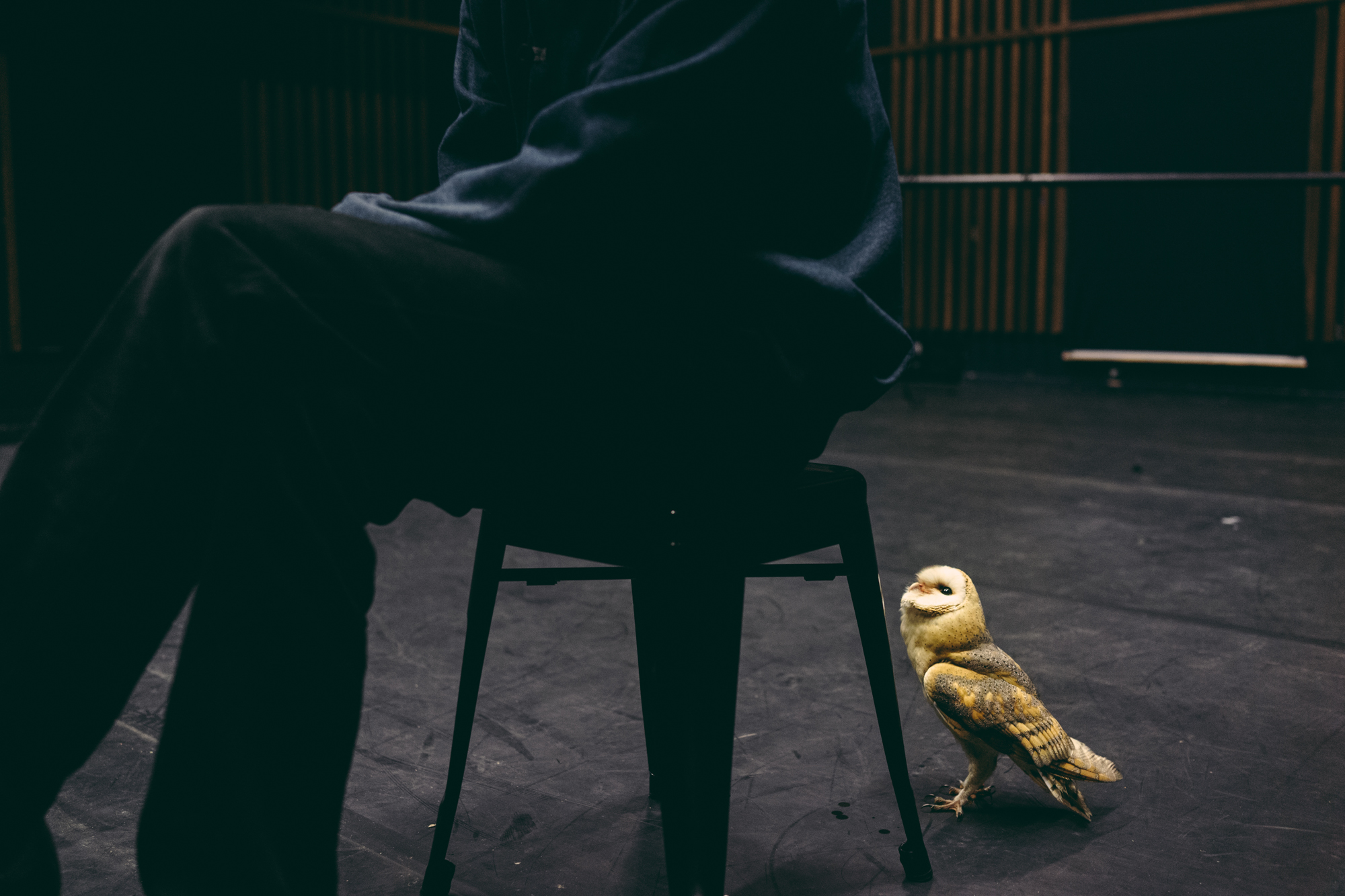
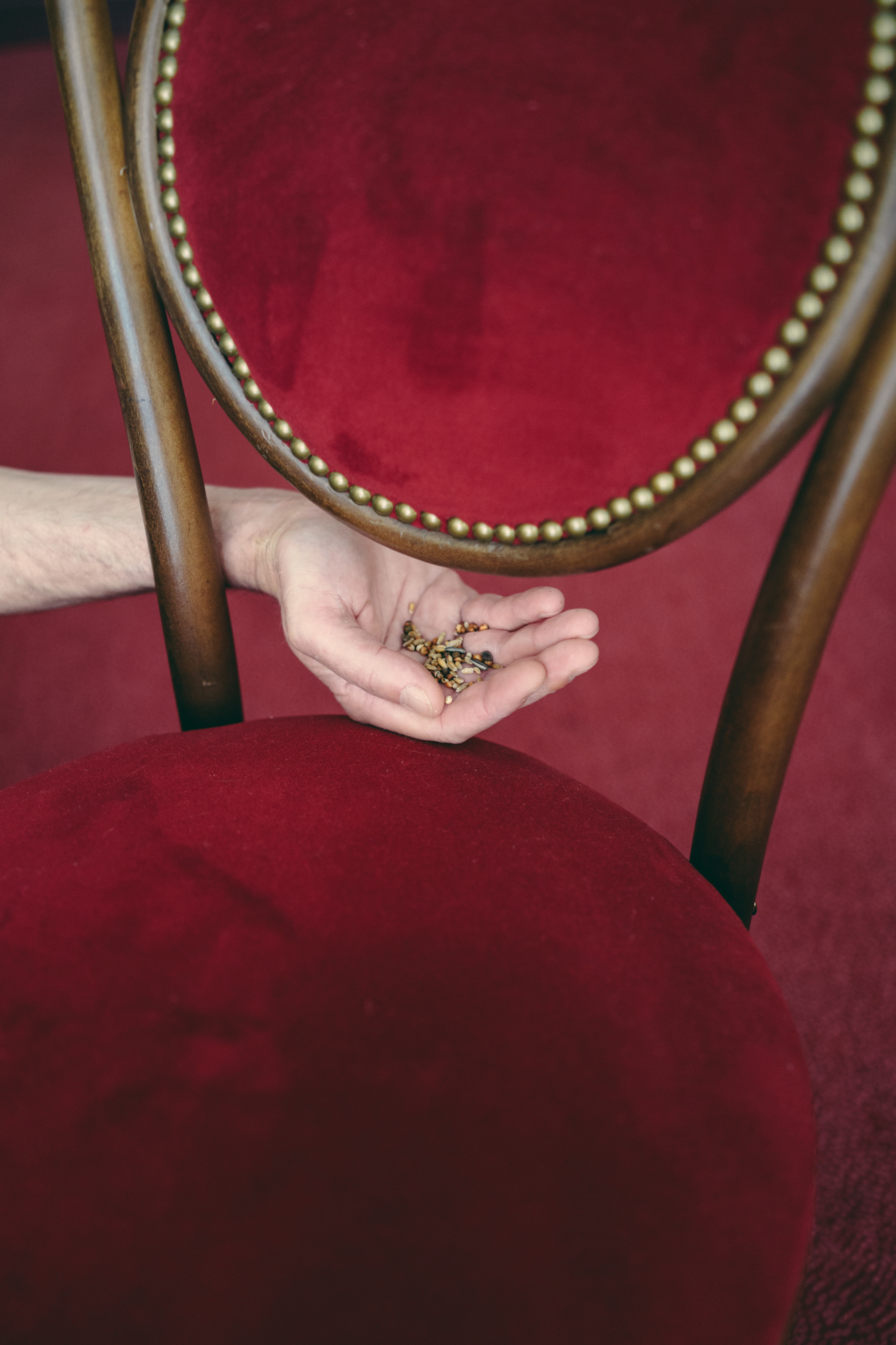
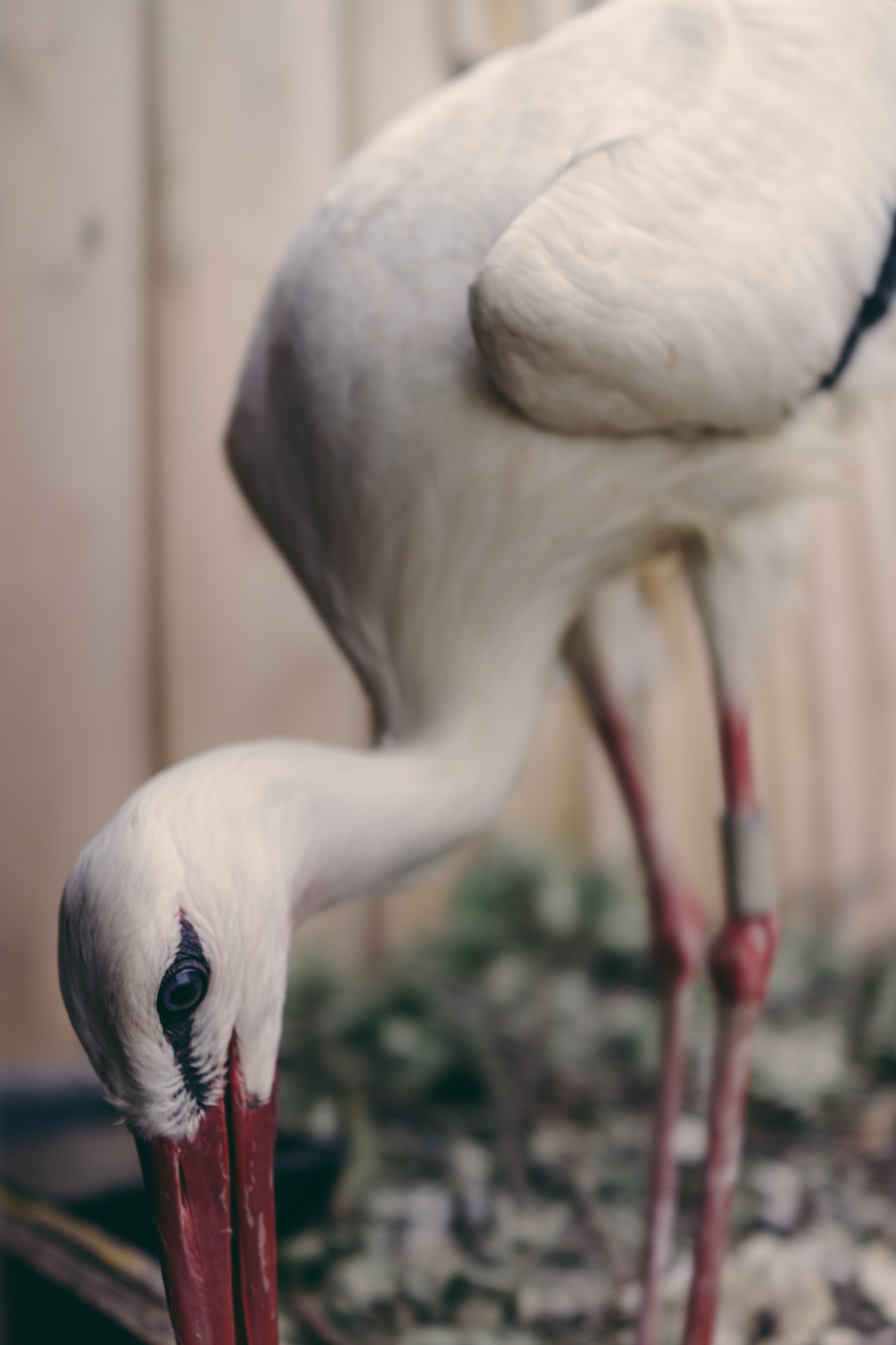
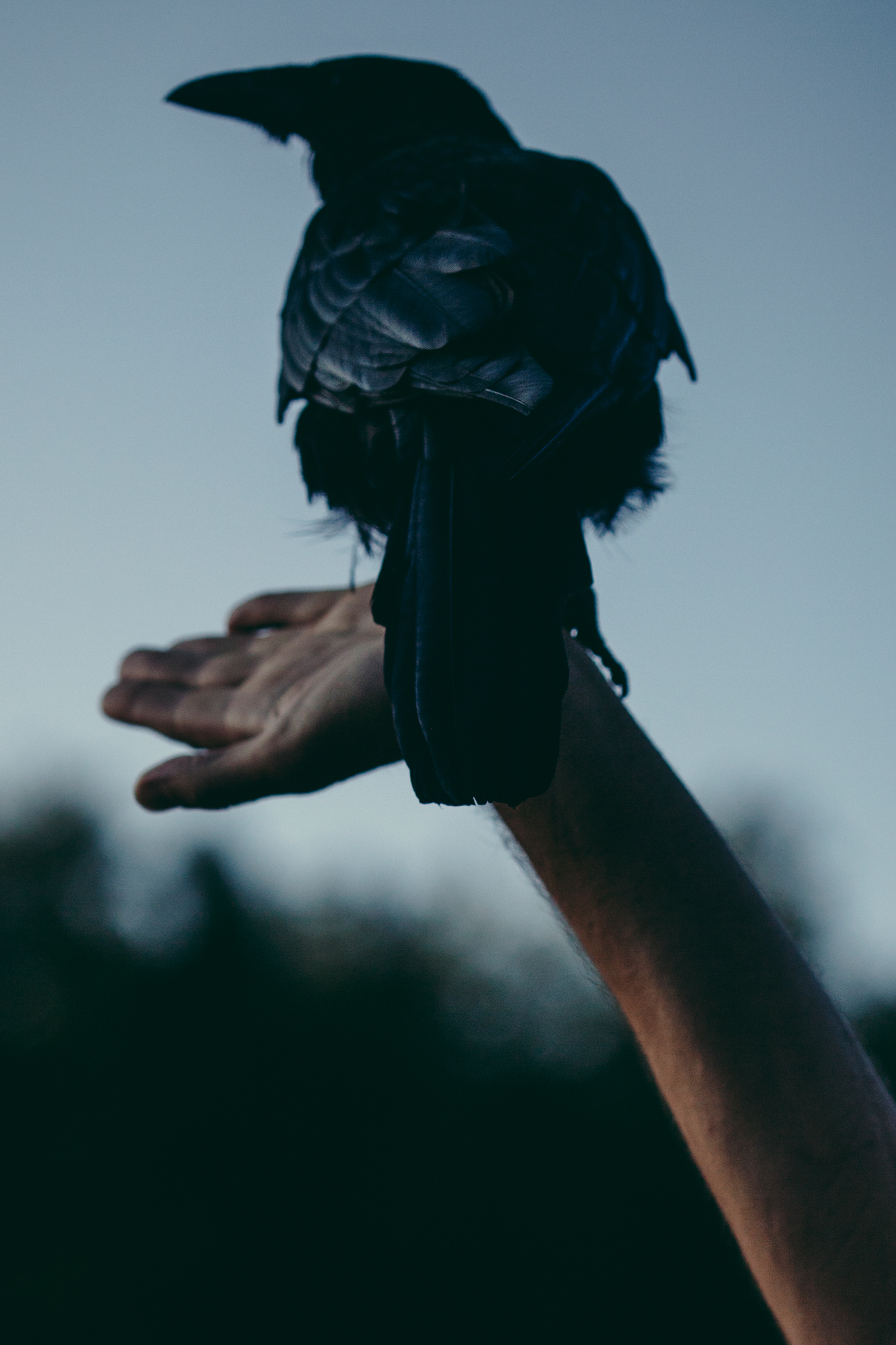
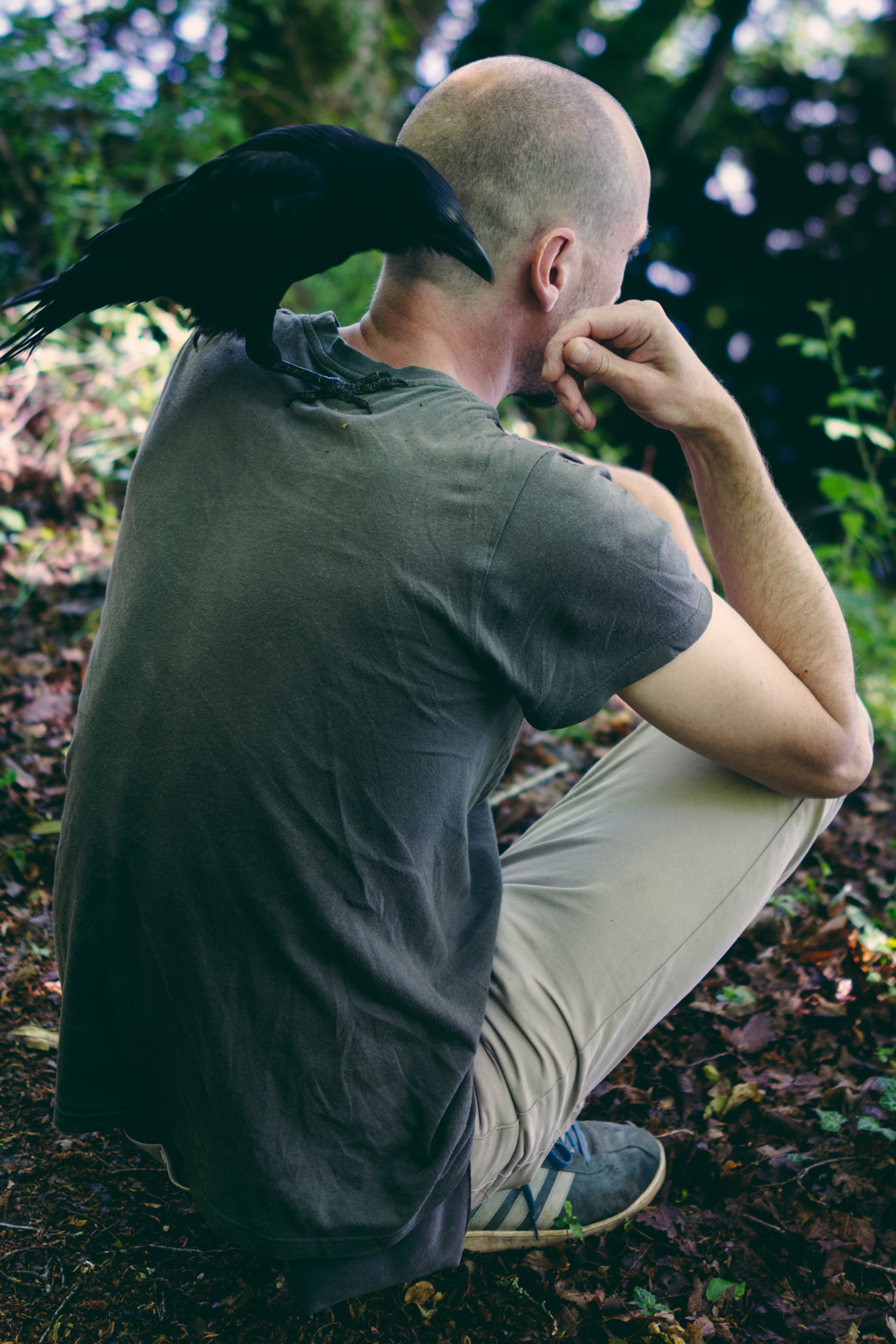
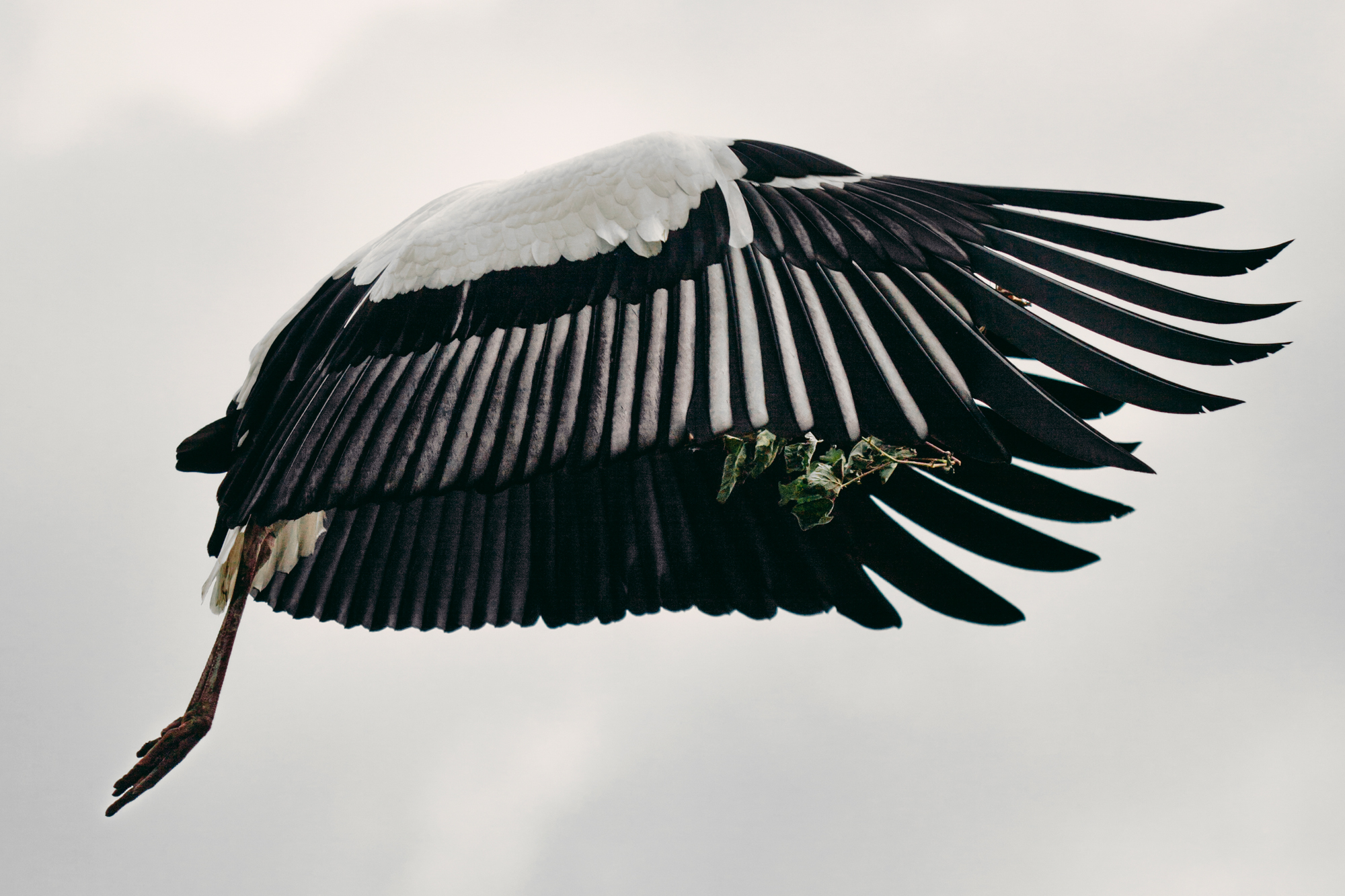
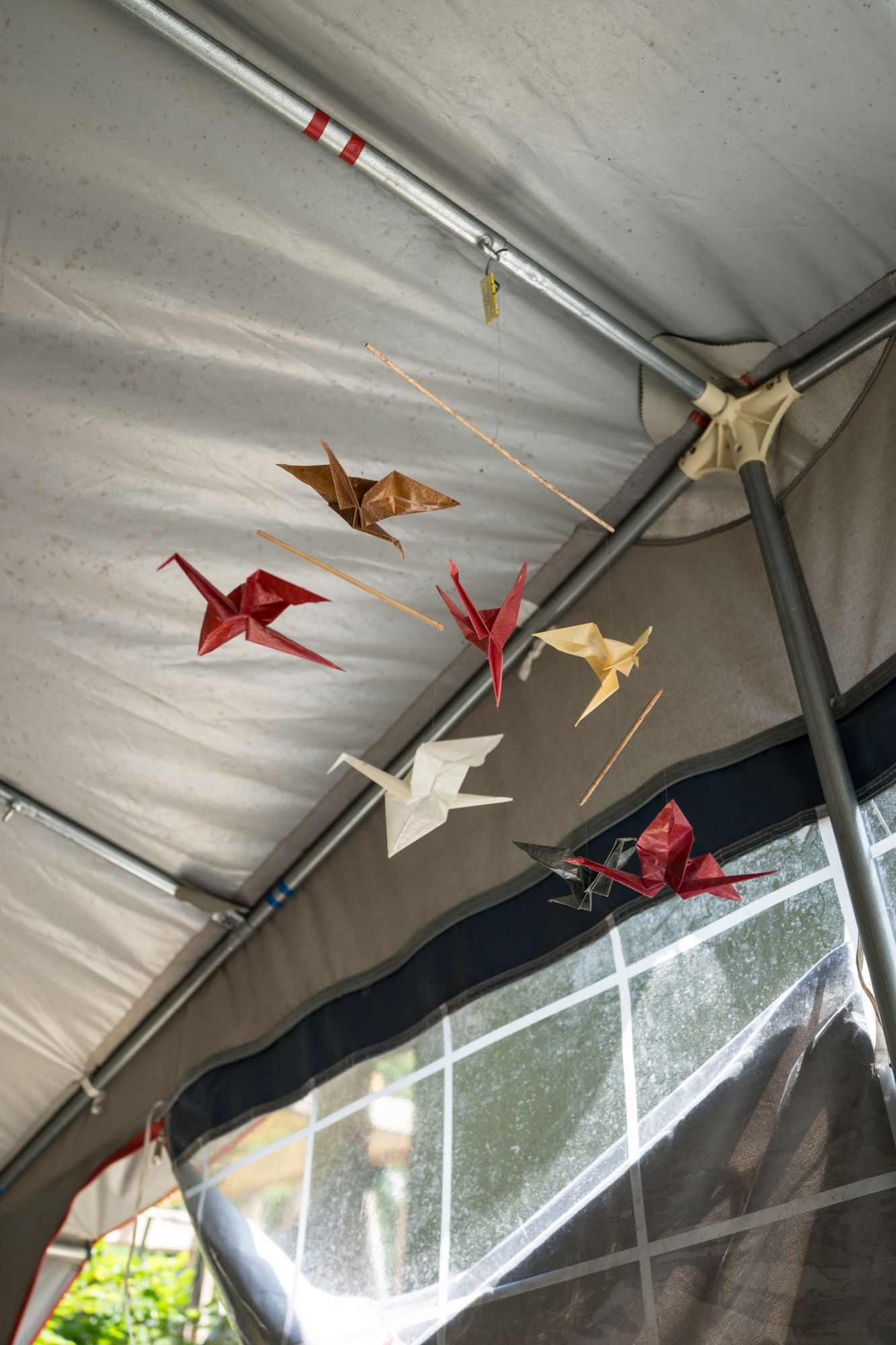
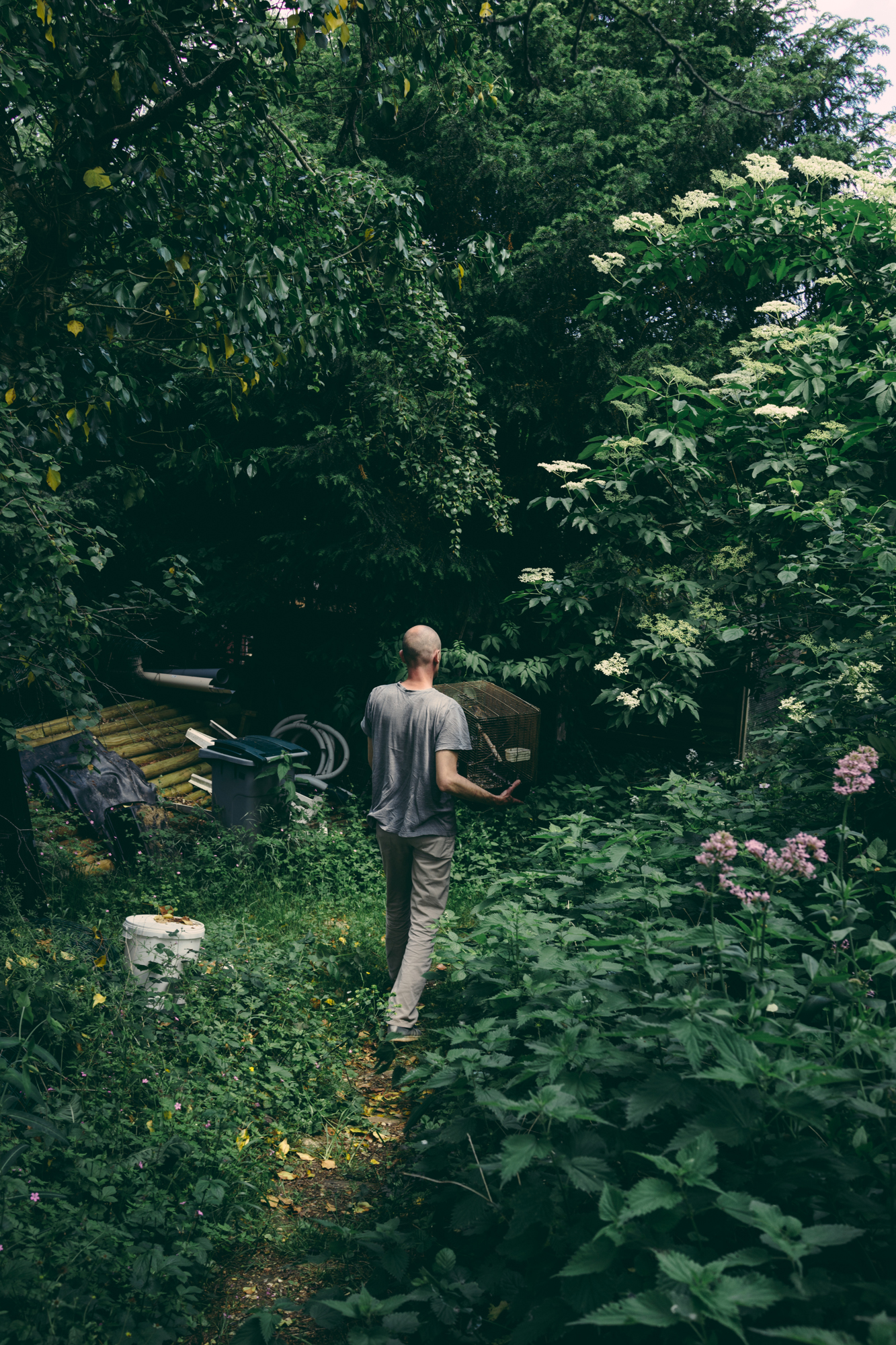
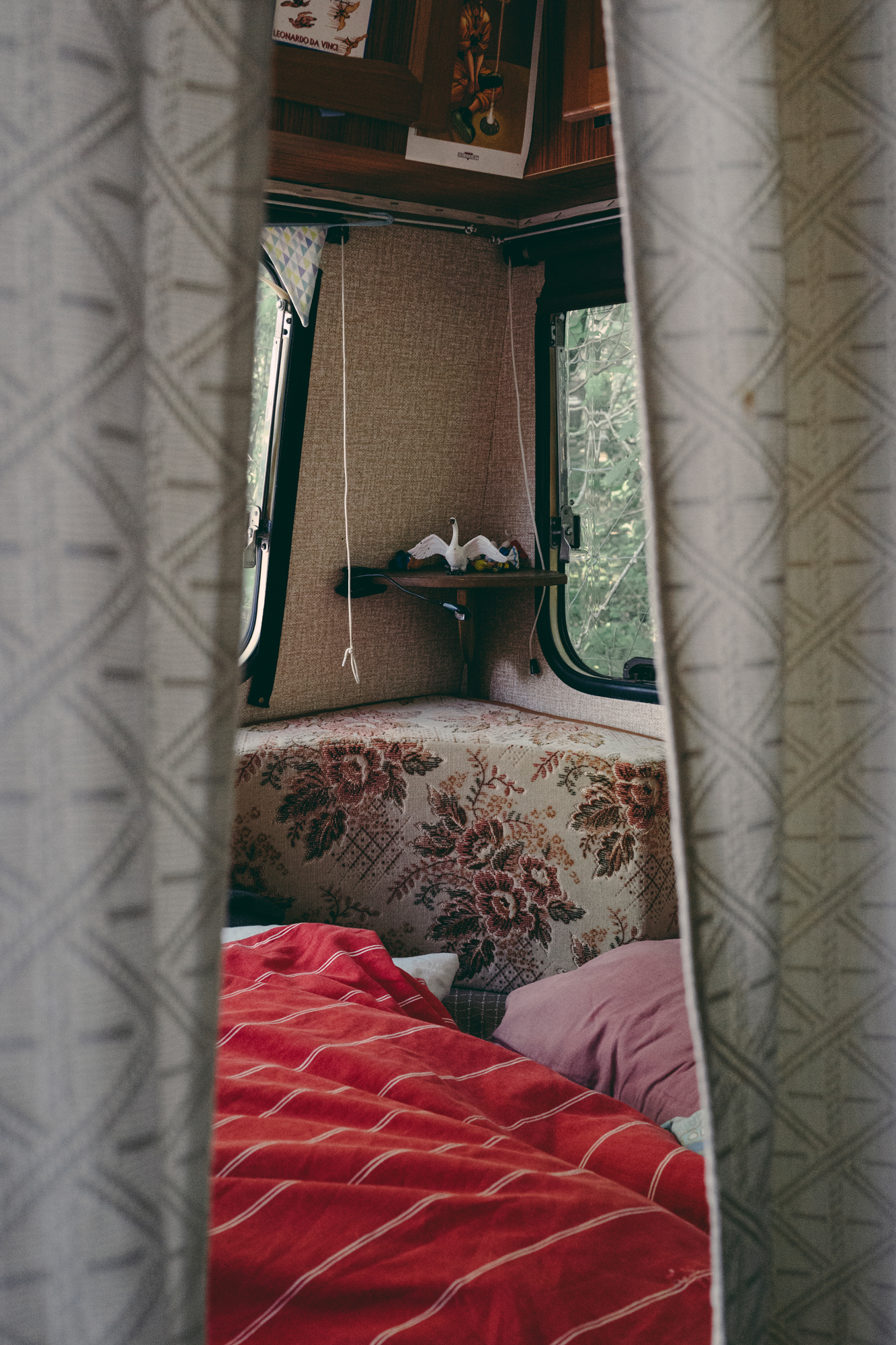
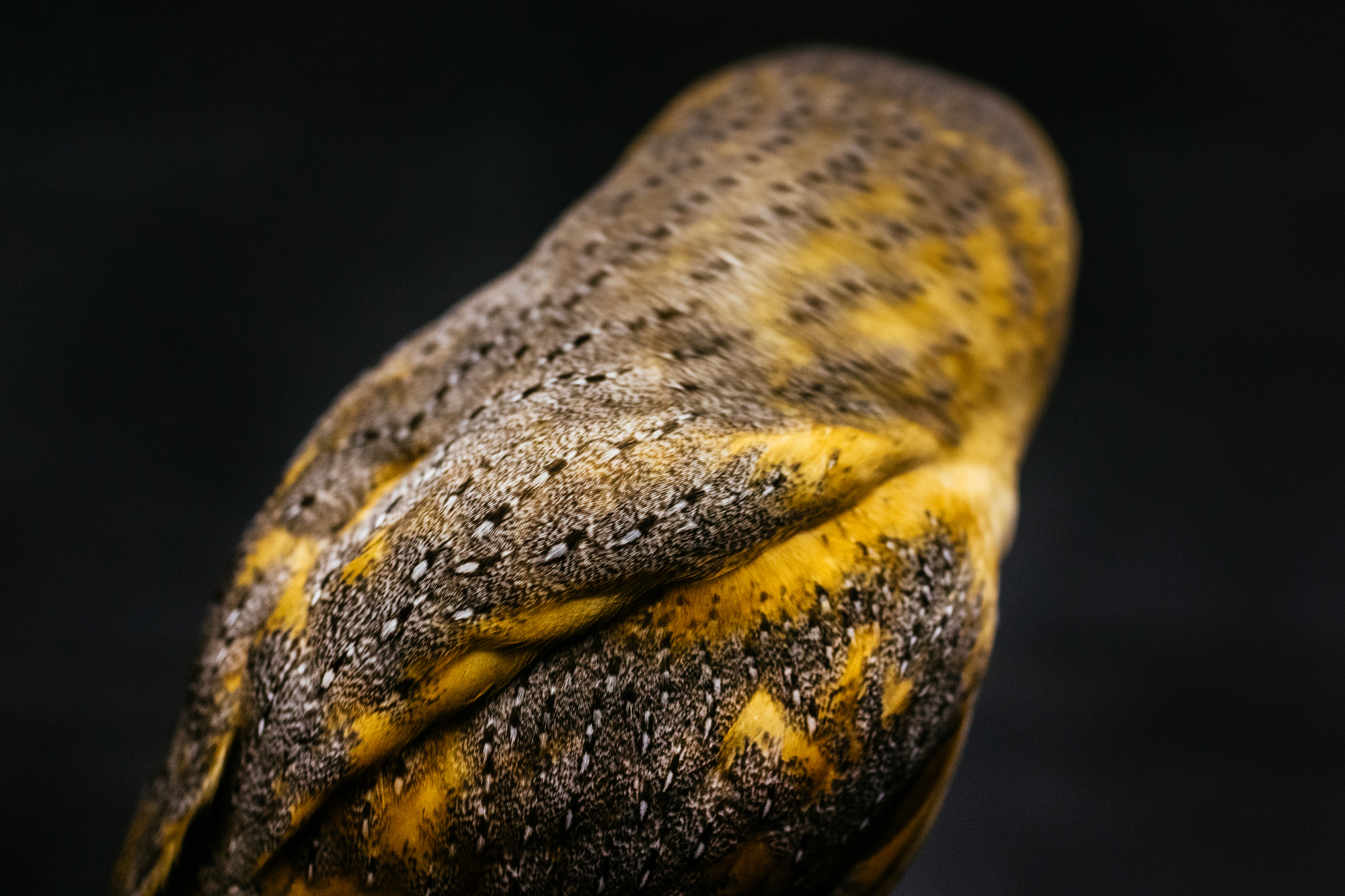
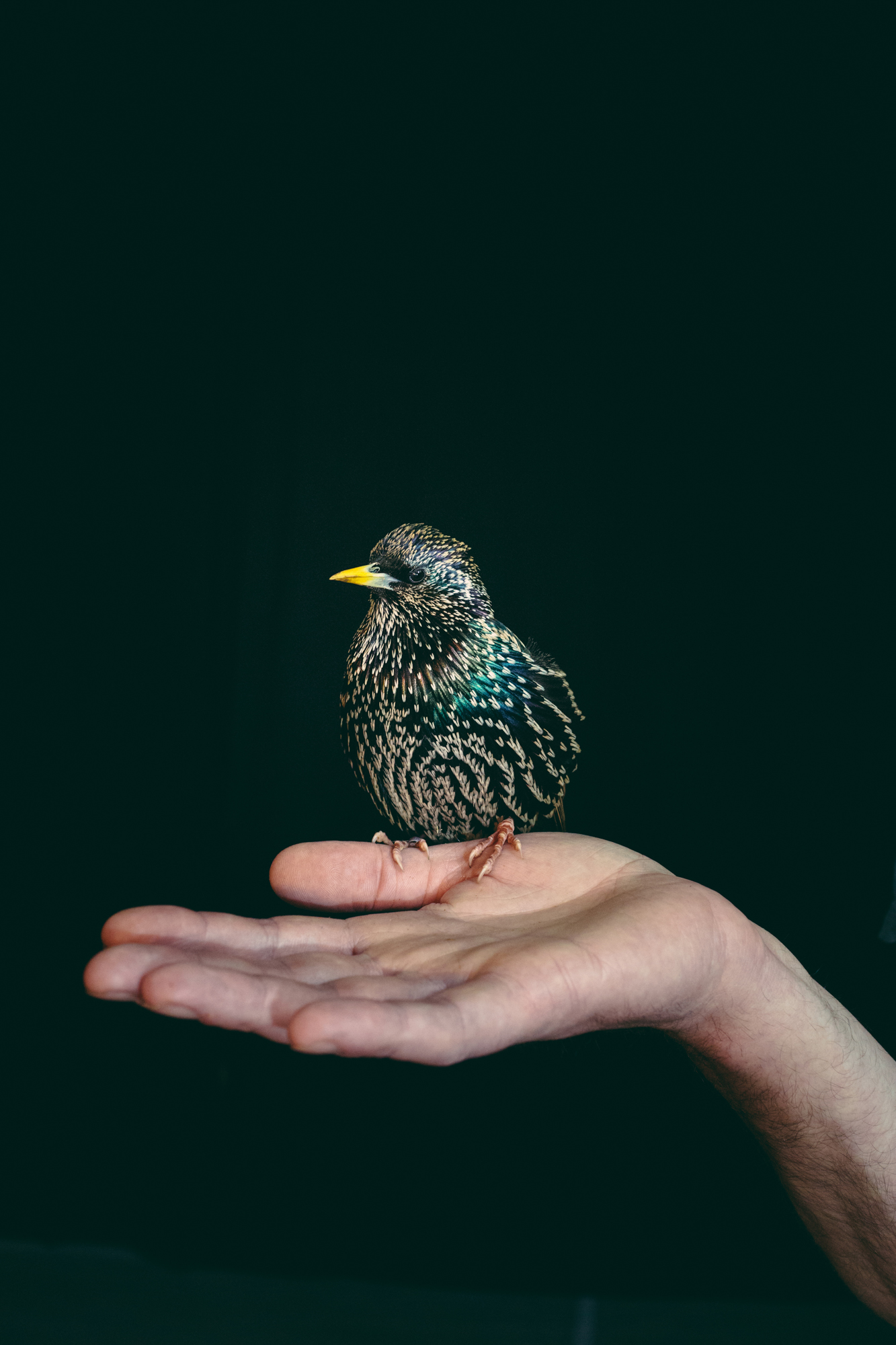
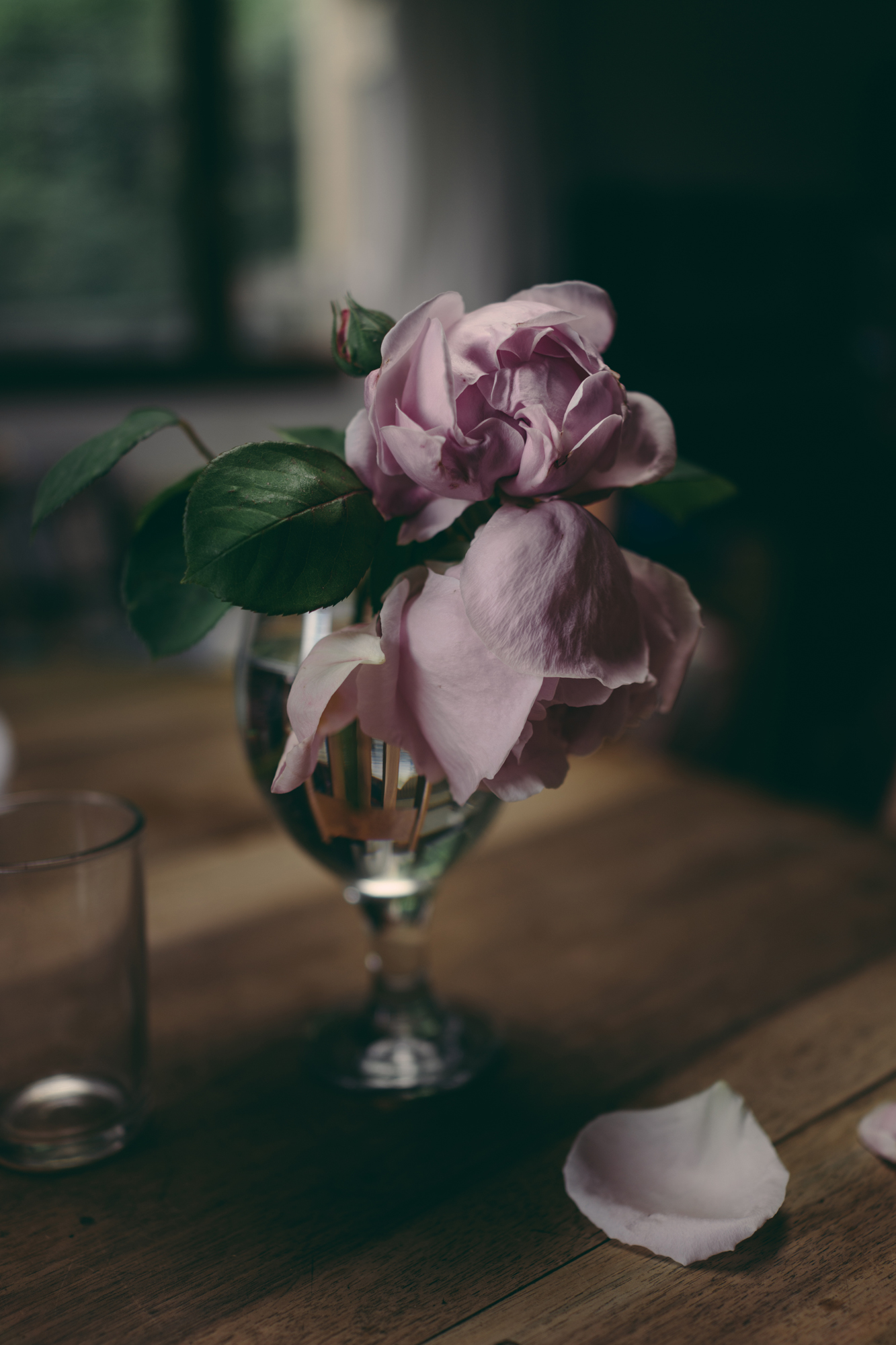
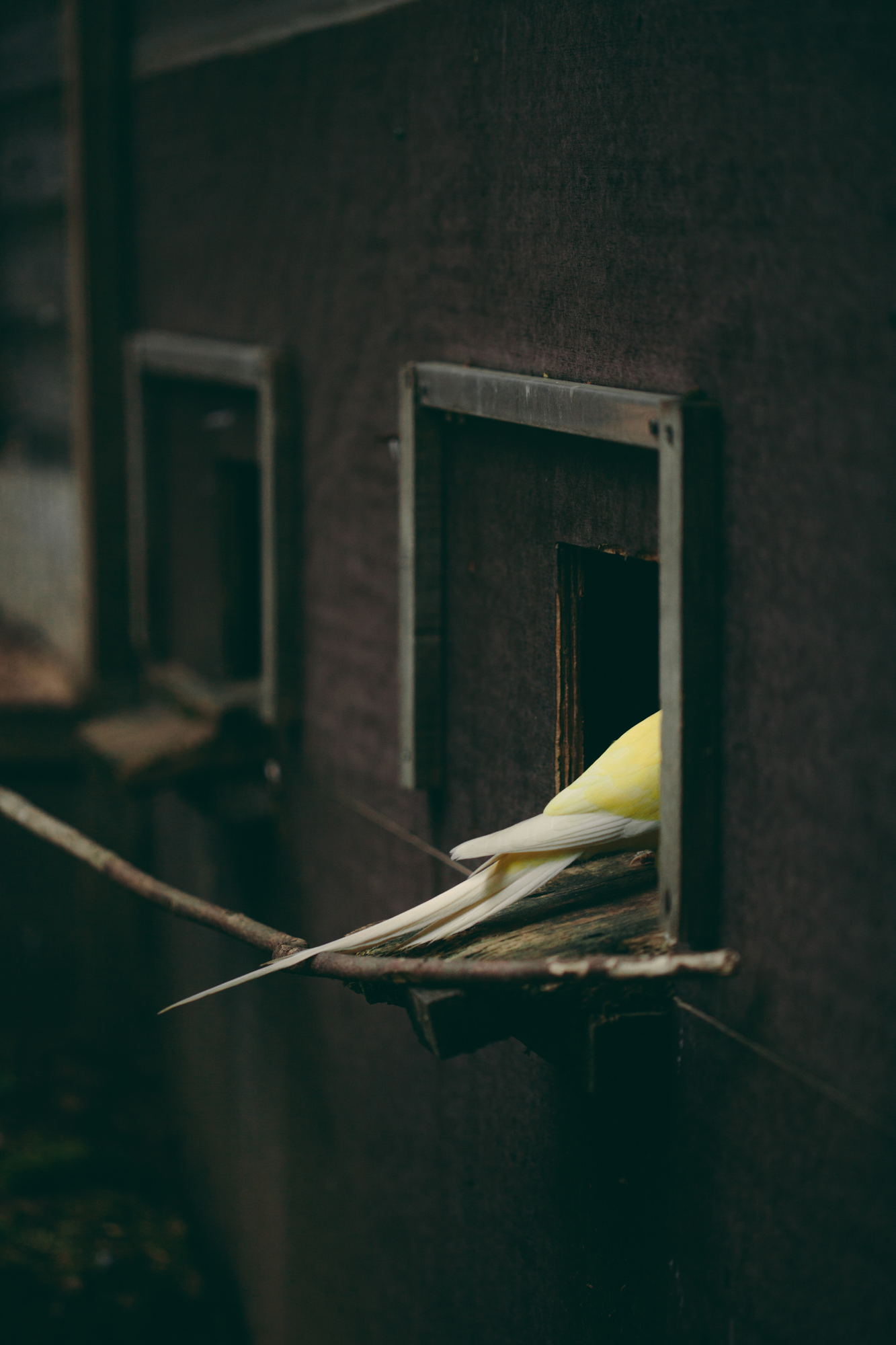
Publications and Interviews:
British Journal of Photography by Frankie Lister-Fell
Pellicola Magazine by Anna Bulgarelli
Vogue by Francesca Marani
Domus by Raffaele Vertaldi
Fisheye Magazine by Eric Karsenty
Tending to the Garden by Matthew Dunne
Rolling Stone Italia by Francesca Orsi
Zadig Magazine
Dlui di Repubblica
Marie Claire Italia
Selected exhibitions:
Circulation(s) Paris
Cortona on the Move
PVF Helsinki
ARCOOP wall project Geneve
Les Boutographies (projection)
Les Nuits de Pierrevert
BYOPaper! Les Rencontres d’Arles
Officine Fotografiche Milano
The book A Sensitive Education was released in January 2020 by the independent publishing house Départ Pour l’Image, of which the author is co-founder.
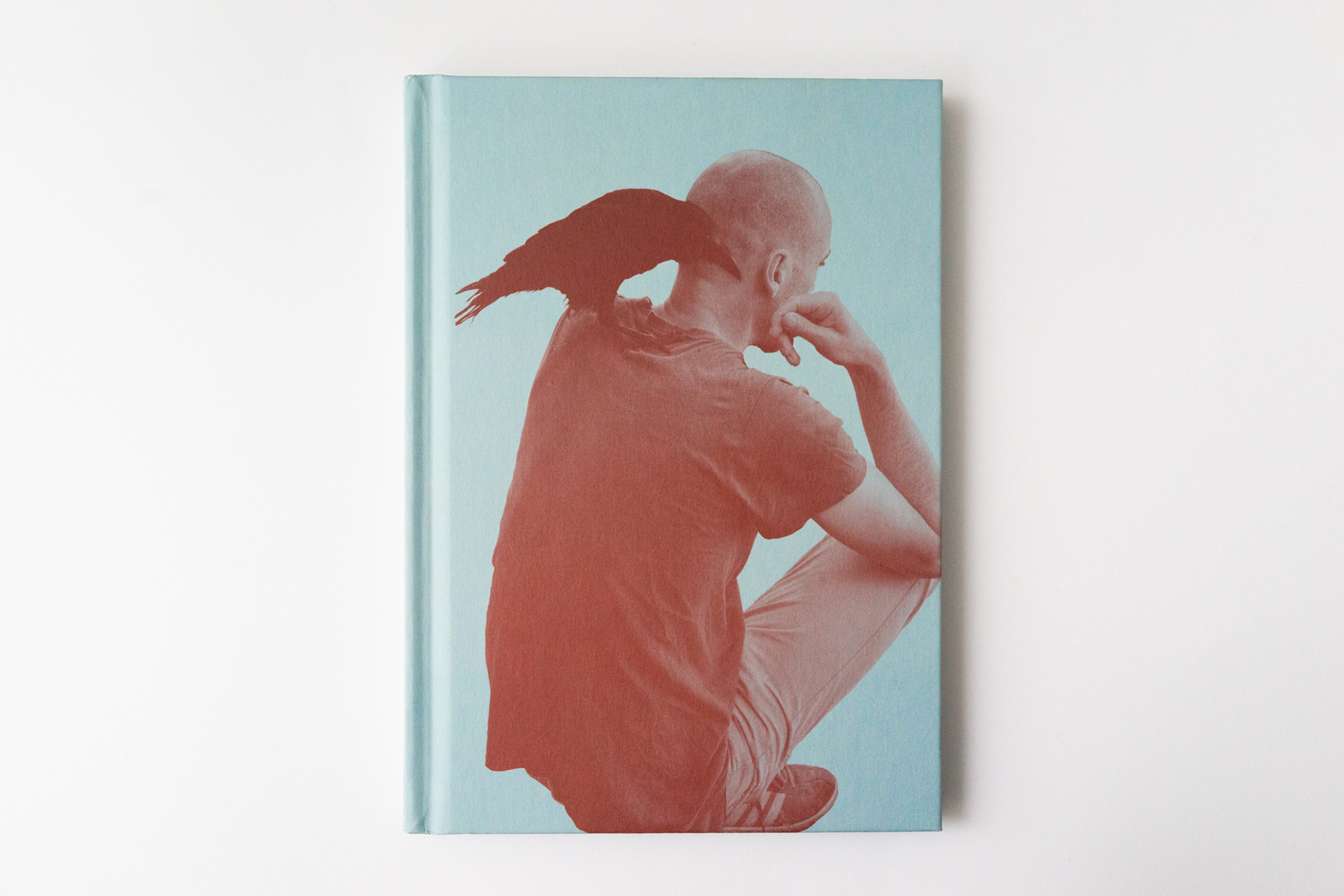
A Sensitive Education, Départ Pour l’Image editions, 2020
Book details:
112 pages
148x210 mm
Hard Cover
4-color offset with UV
Fedrigoni Woodstock, Fedrigoni Arcoset, Surbalin Glatt
First Edition 300: January 2020
Second Edition 500: May 2021
ISBN 978 88 944622 2 7
www.departpourlimage.com

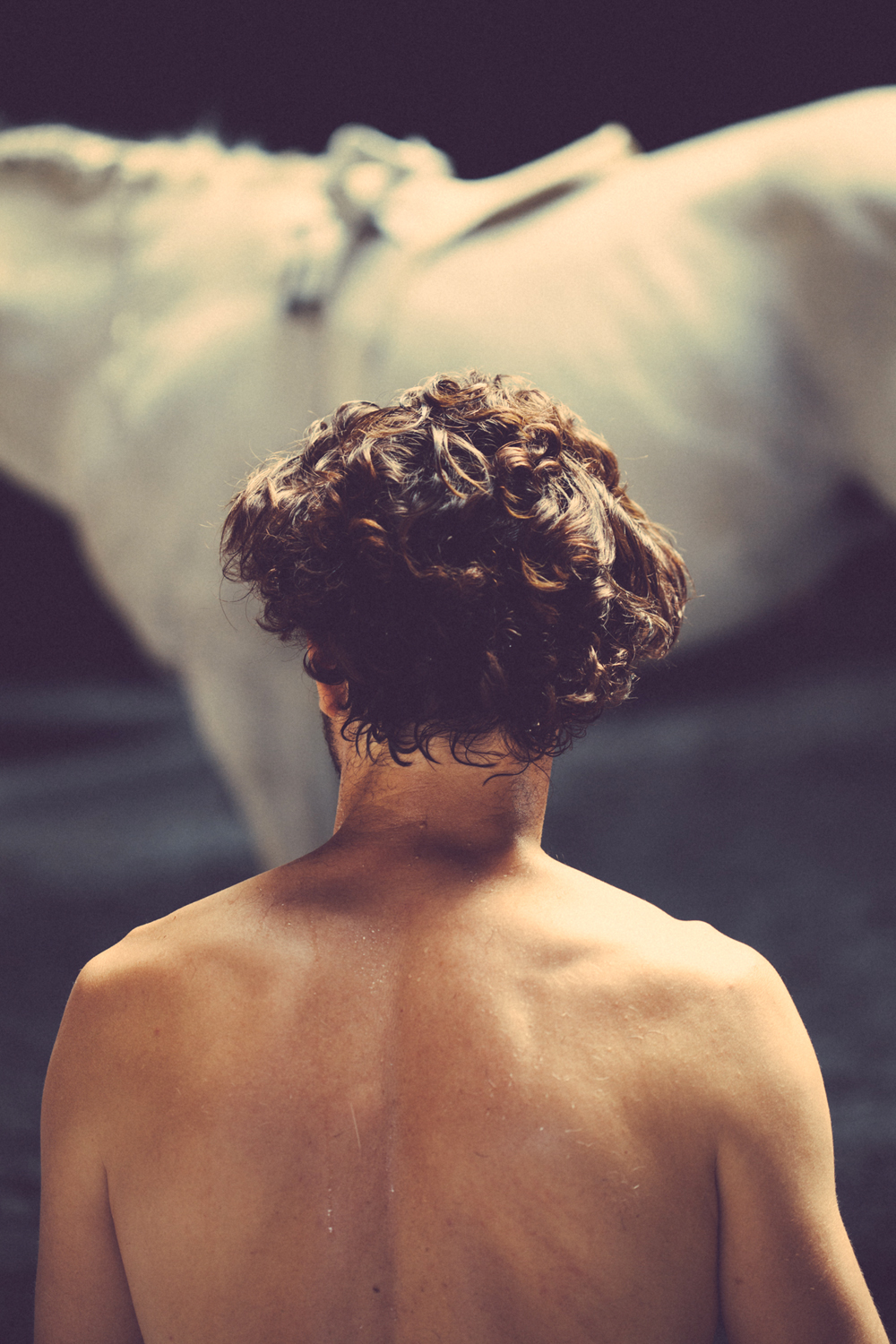
The Théâtre du Centaure is based in Marseille, in La Jarre in the Hauts de Mazargues, a sensitive urban area bordering the Parc national des Calanques, and works around the utopia of union between man and animal. The family, a dozen humans and equines, share the premises of the theater, a space that speaks of work, performance, life.
The Centaurs attempt to give new meanings to theater with animals: the experience of shared life, the training that follows slow rhythms, the formation that resembles a mutual knowledge, the desire to represent an archaic union of the human race as a symbol of our interdependence with other natural species.
France, 2014/Ongoing


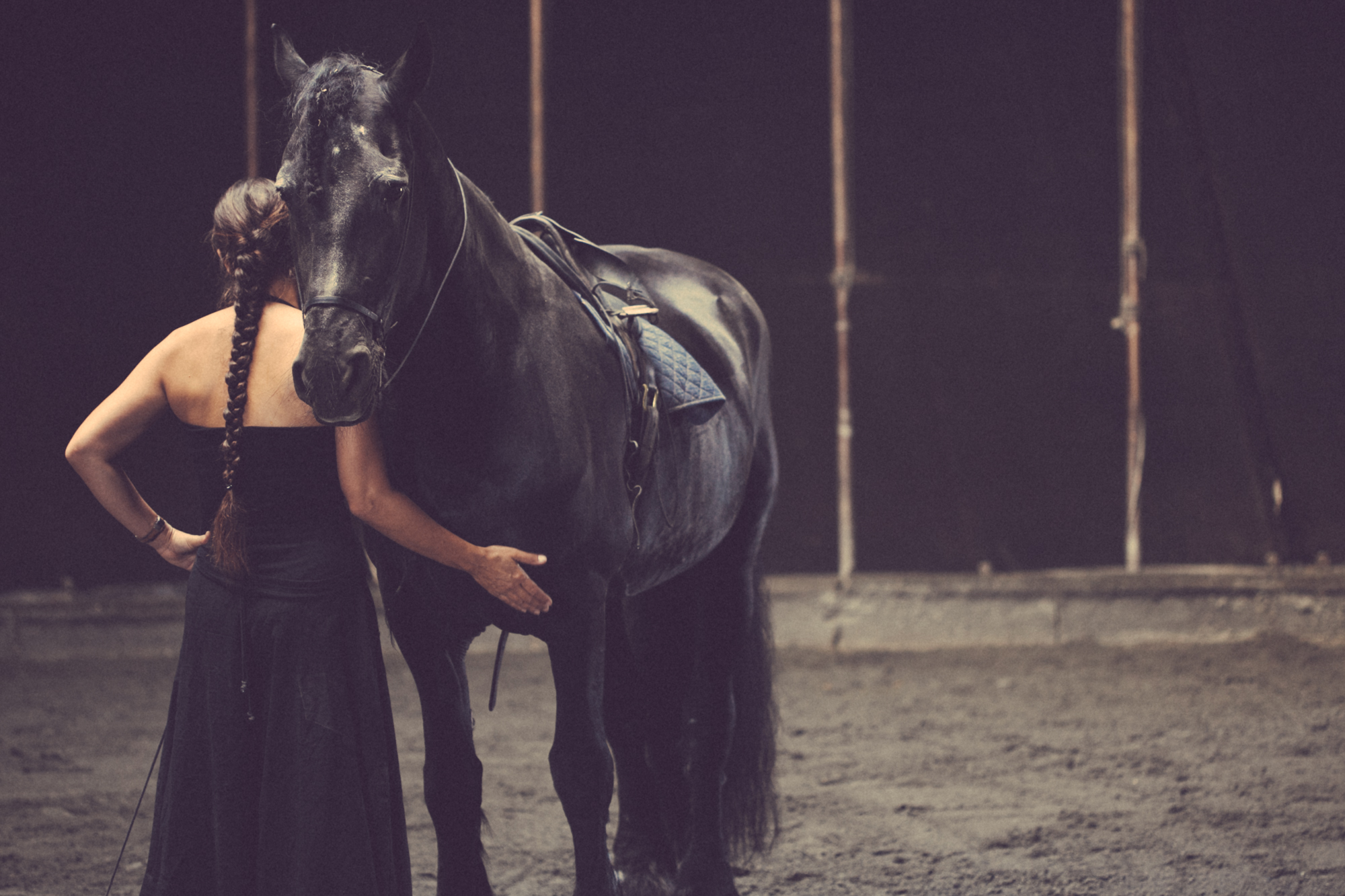


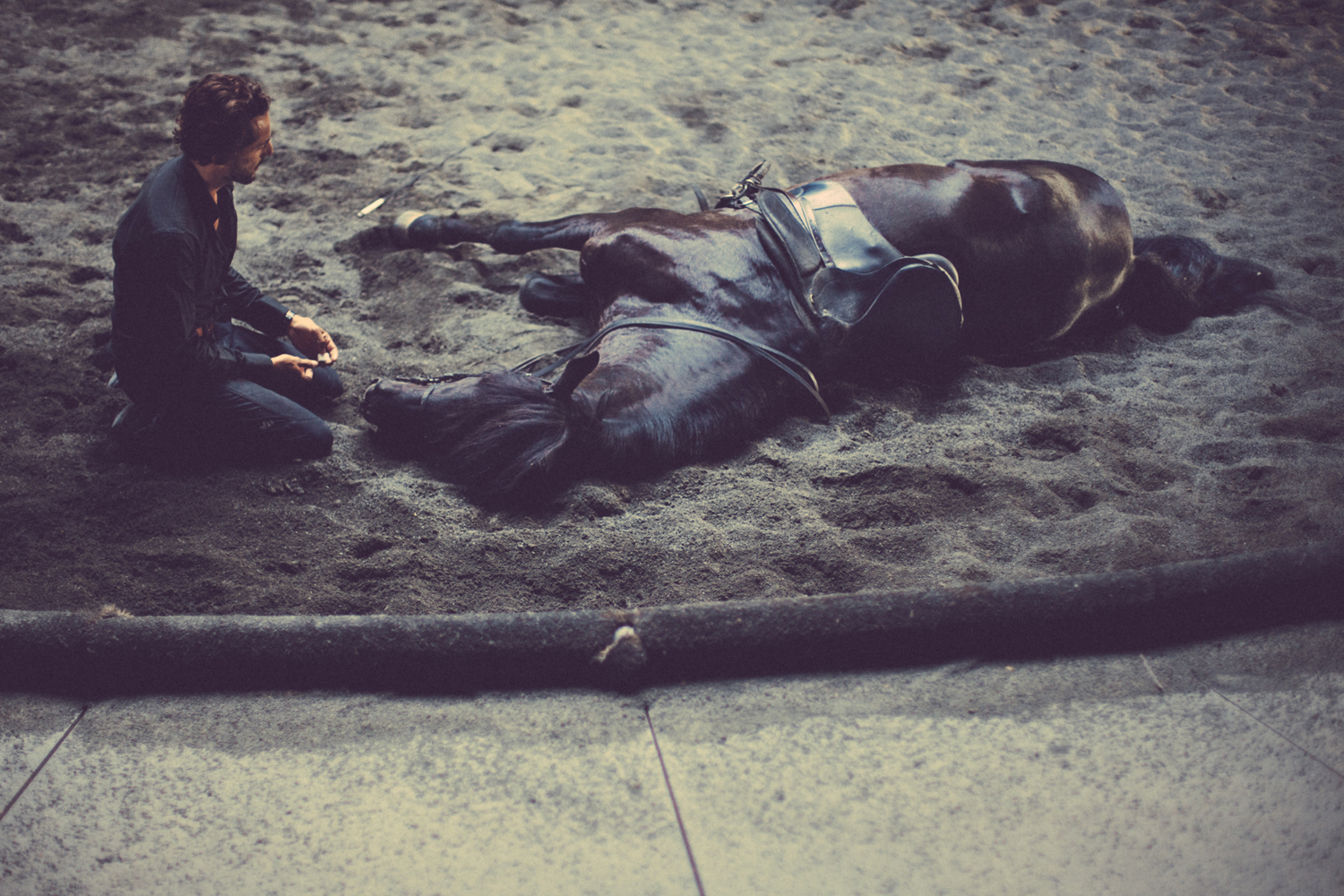
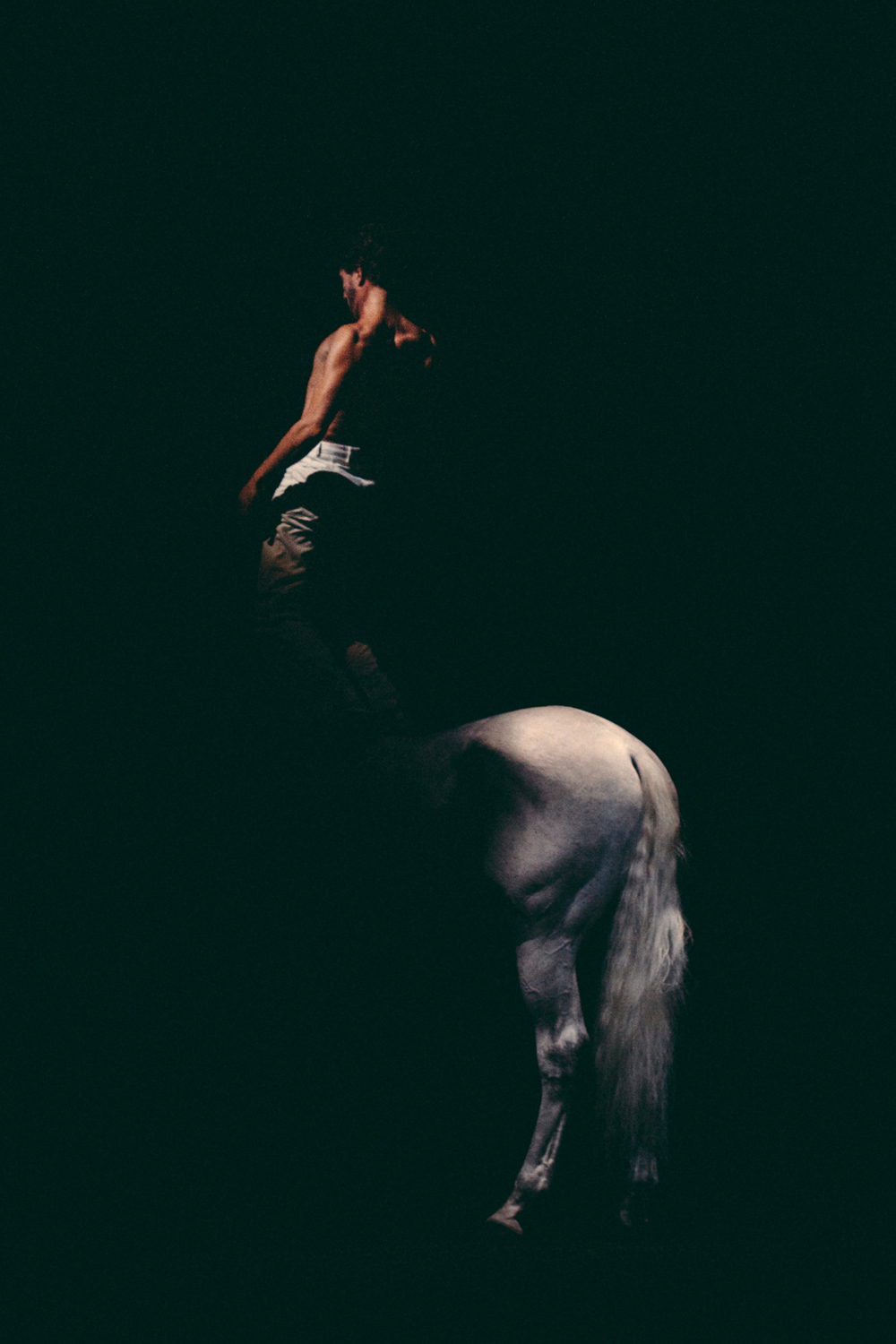
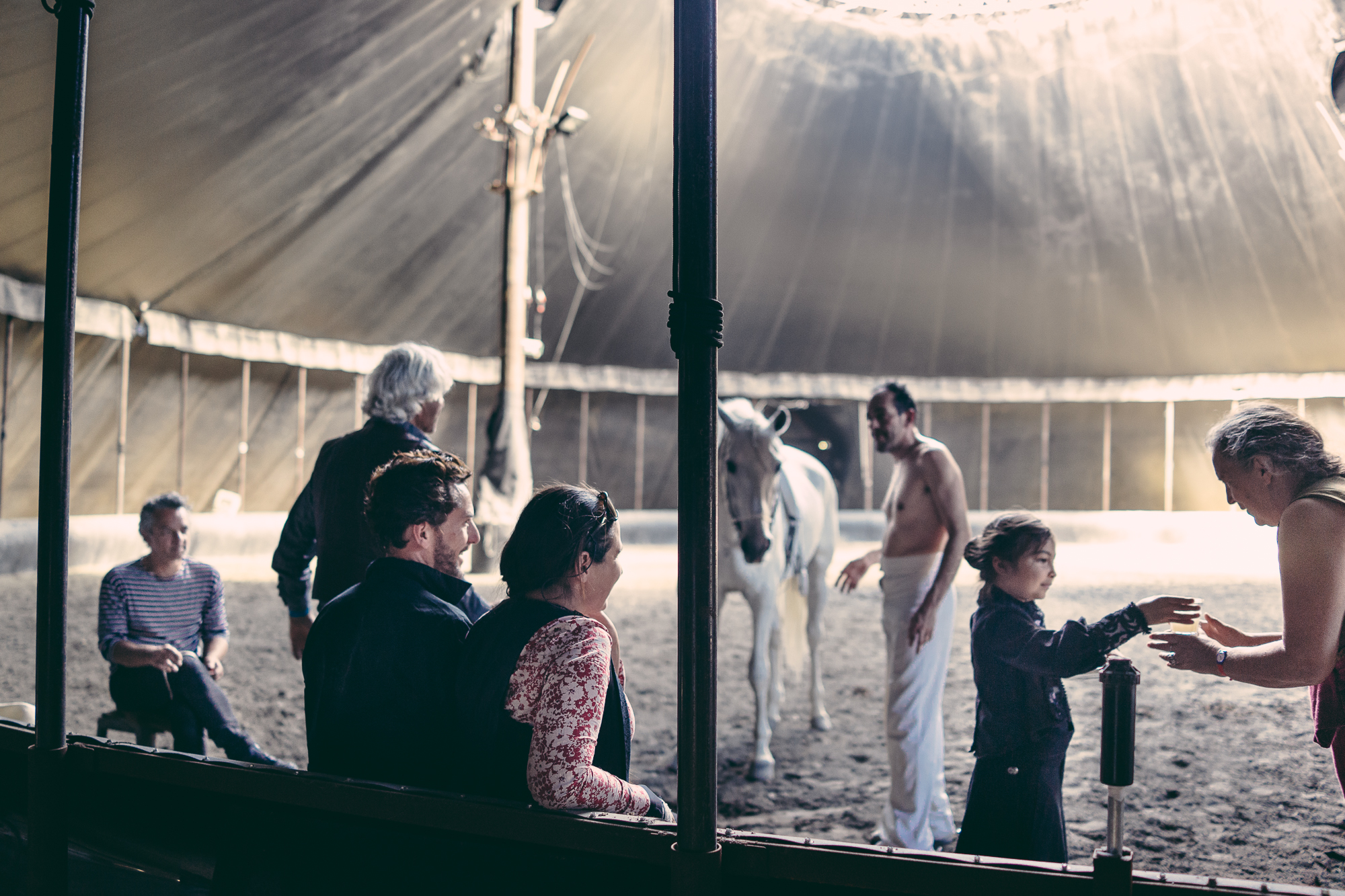
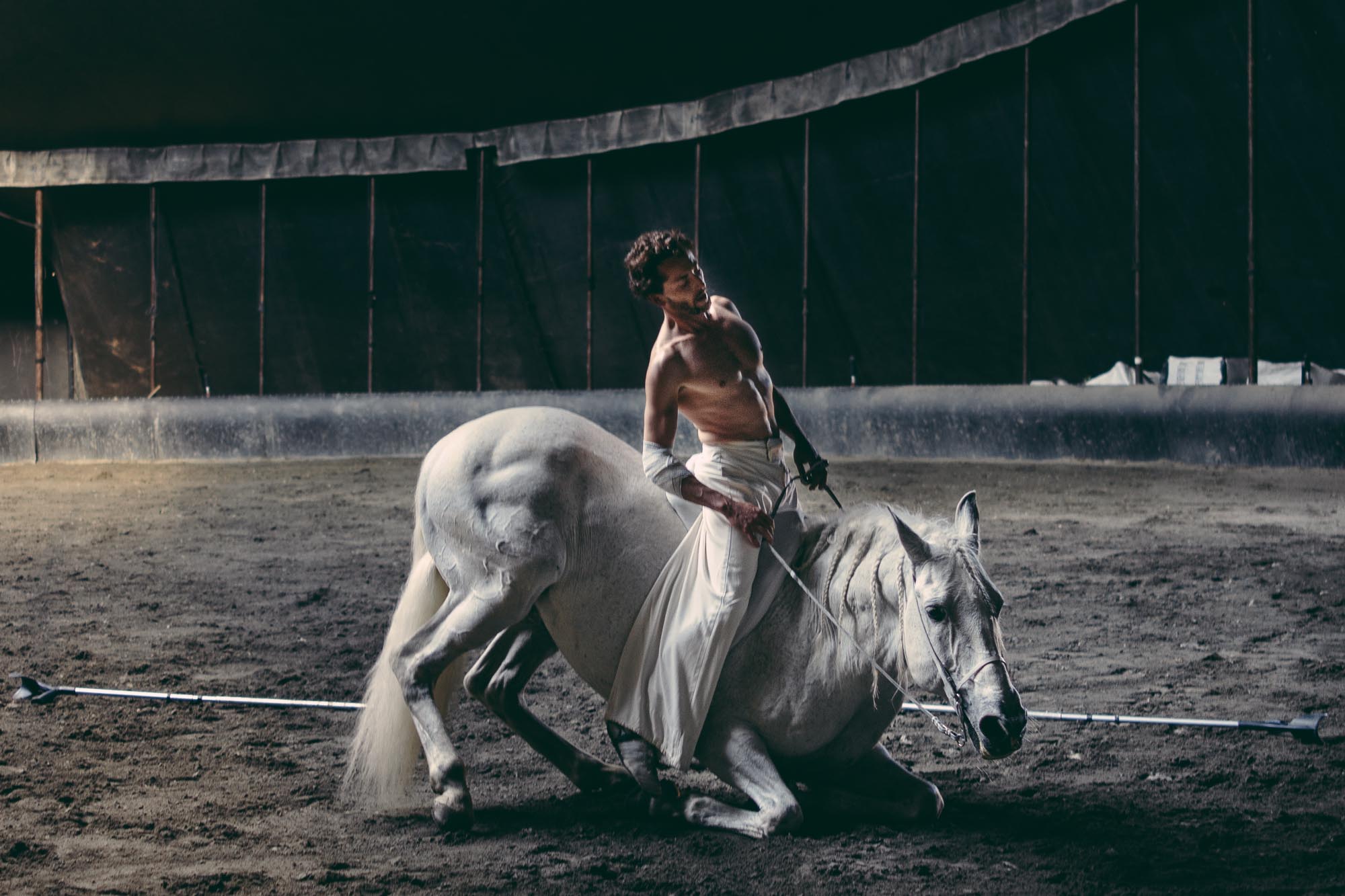
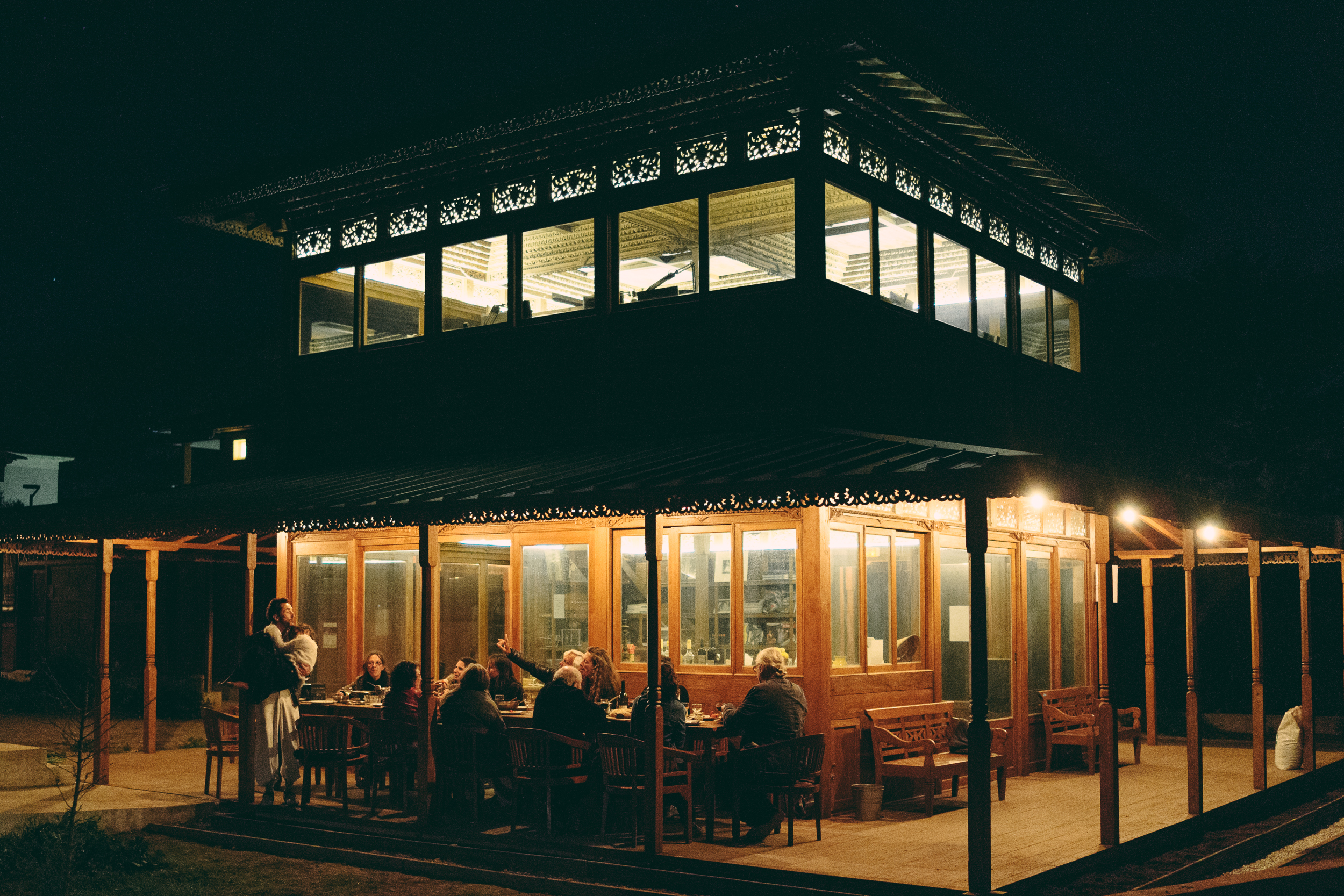
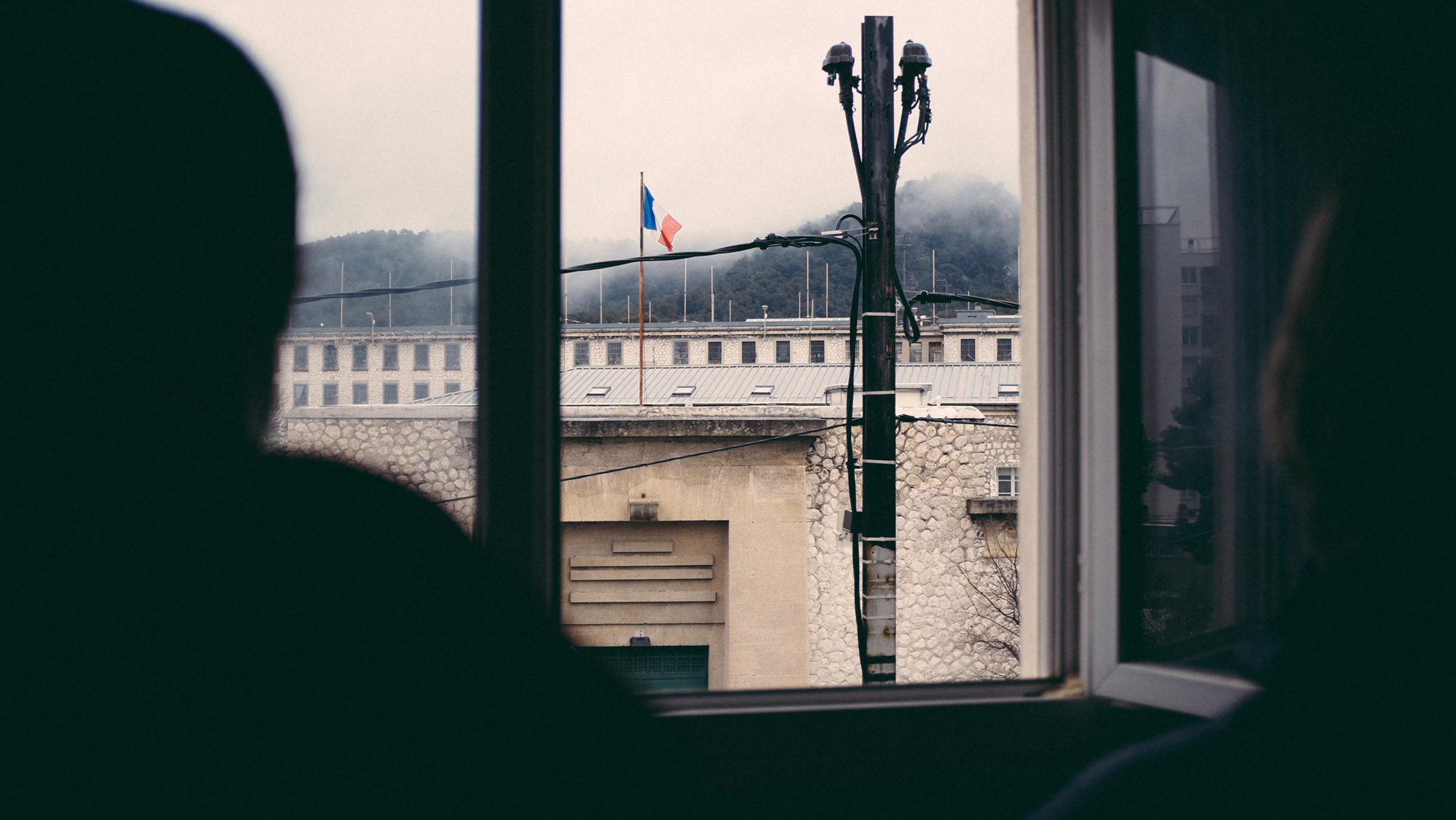
Marseille, penitentiary of Les Baumettes. October, beginning of afternoon, a horse makes its entry on the beaten ground of the courtyard of the Desert.
Through the screened windows that overhang it, from the cells of one or two places, someone sees it first, and shouts. The summoned prisoners, selected from the next released, slowly take their places, intimidated by the presence of the animal and the look of the comrades who observe them from their windows.
At the end of the workshop, they galloped their eyes closed, letting go the reins to mimic the bird in full flight, they will have stretched themselves on the horse and they will have entwined the great beast, immobile for long minutes, carried away in this animal exchange, without words or judgment. A form - in their own words - of emotional reintegration.
Images taken during the workshops conducted in two times in 2014 / 2015 by the Théâtre du Centaure in the prison of Les Baumettes, Marseille.
With the support of the Provence-Alpes-Cote d’Azur Region - the main partner and the Marseille-Les Baumettes Penitentiary Center. In partnership with the State - Ministry of Justice, the Interregional Directorate of Penal Services PACA Corse, the Penitentiary Service of Institution and Probation of the Bouches-du-Rhone. And with the support of The Impossible Project.
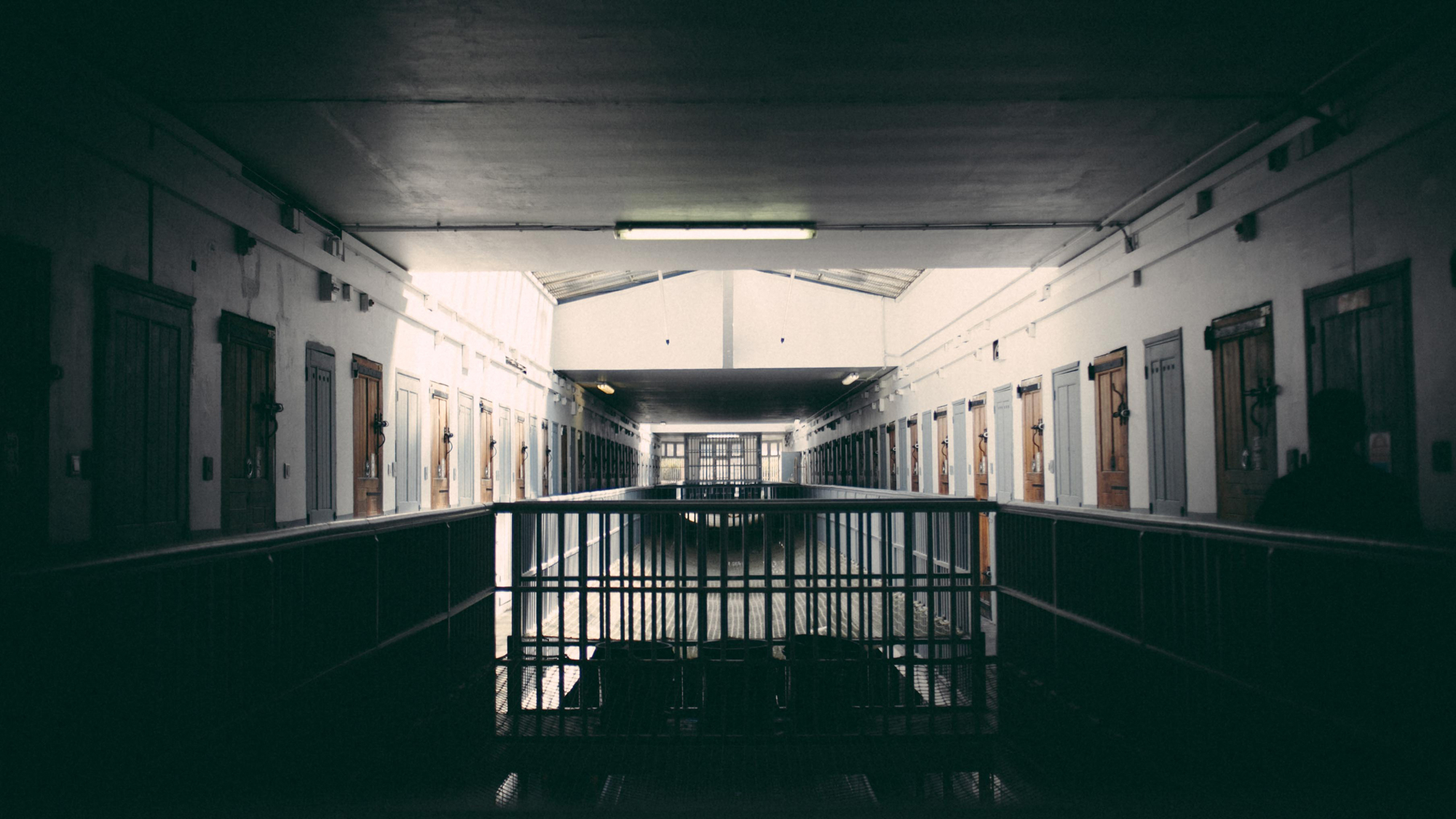

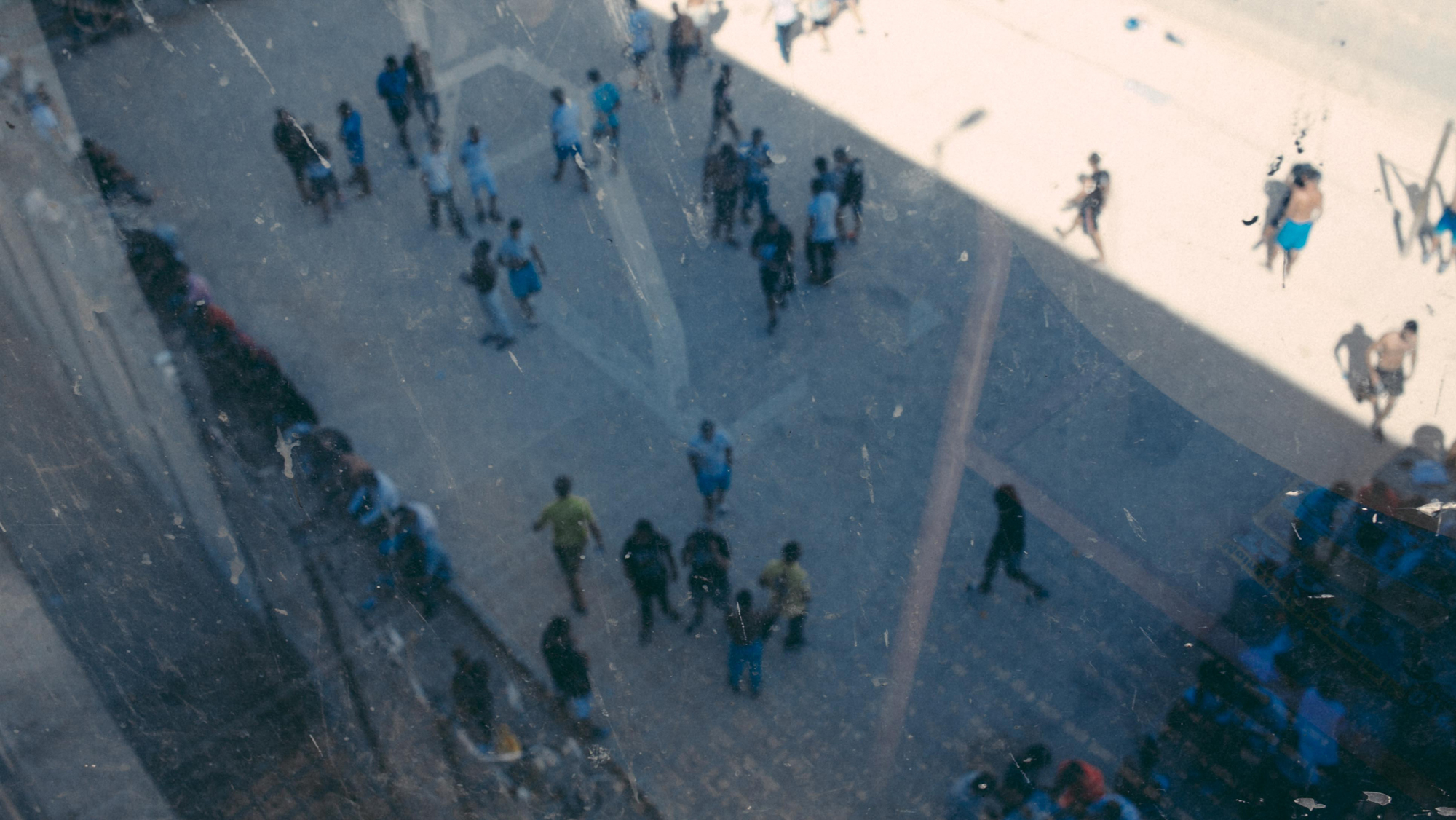
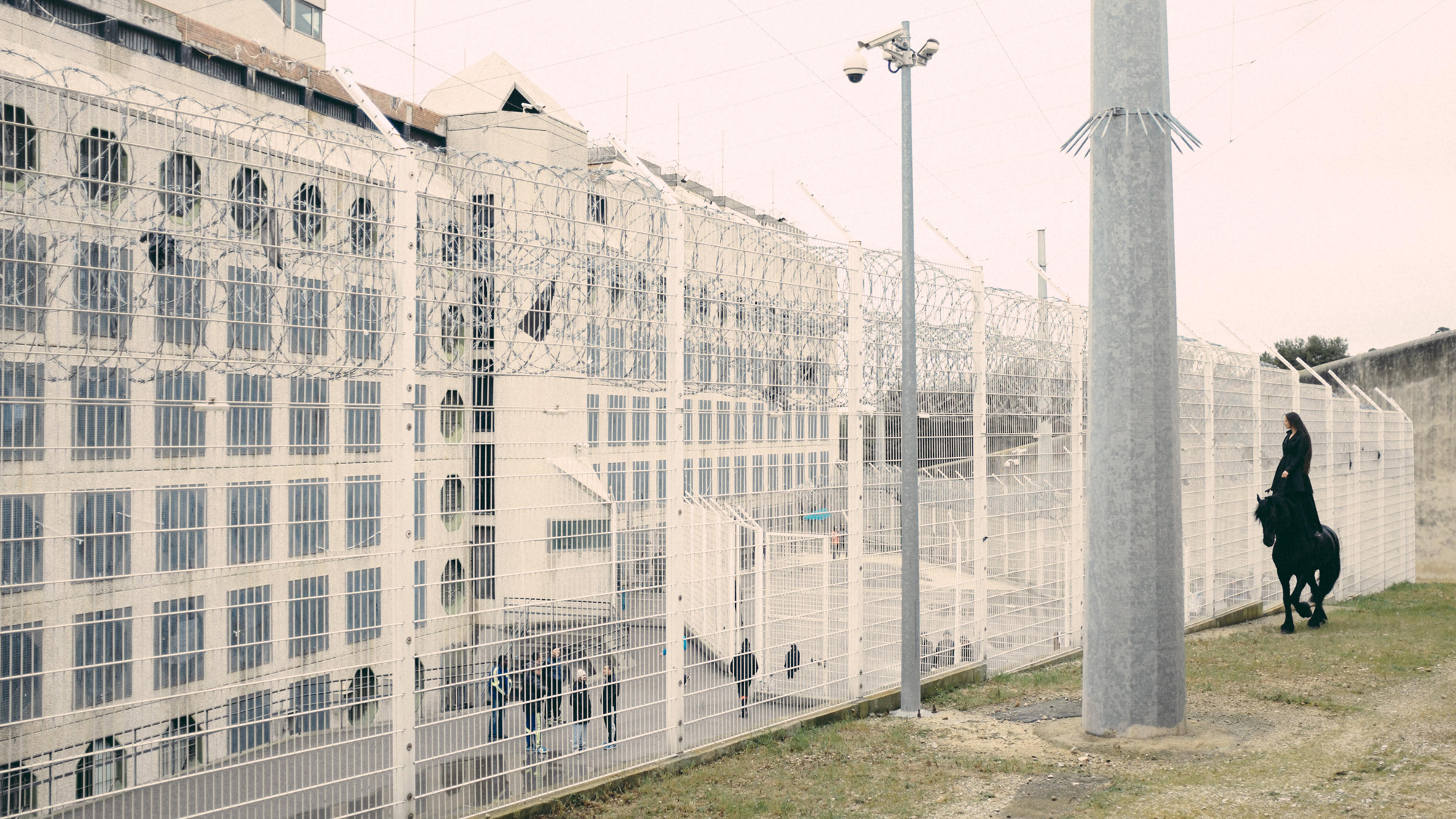
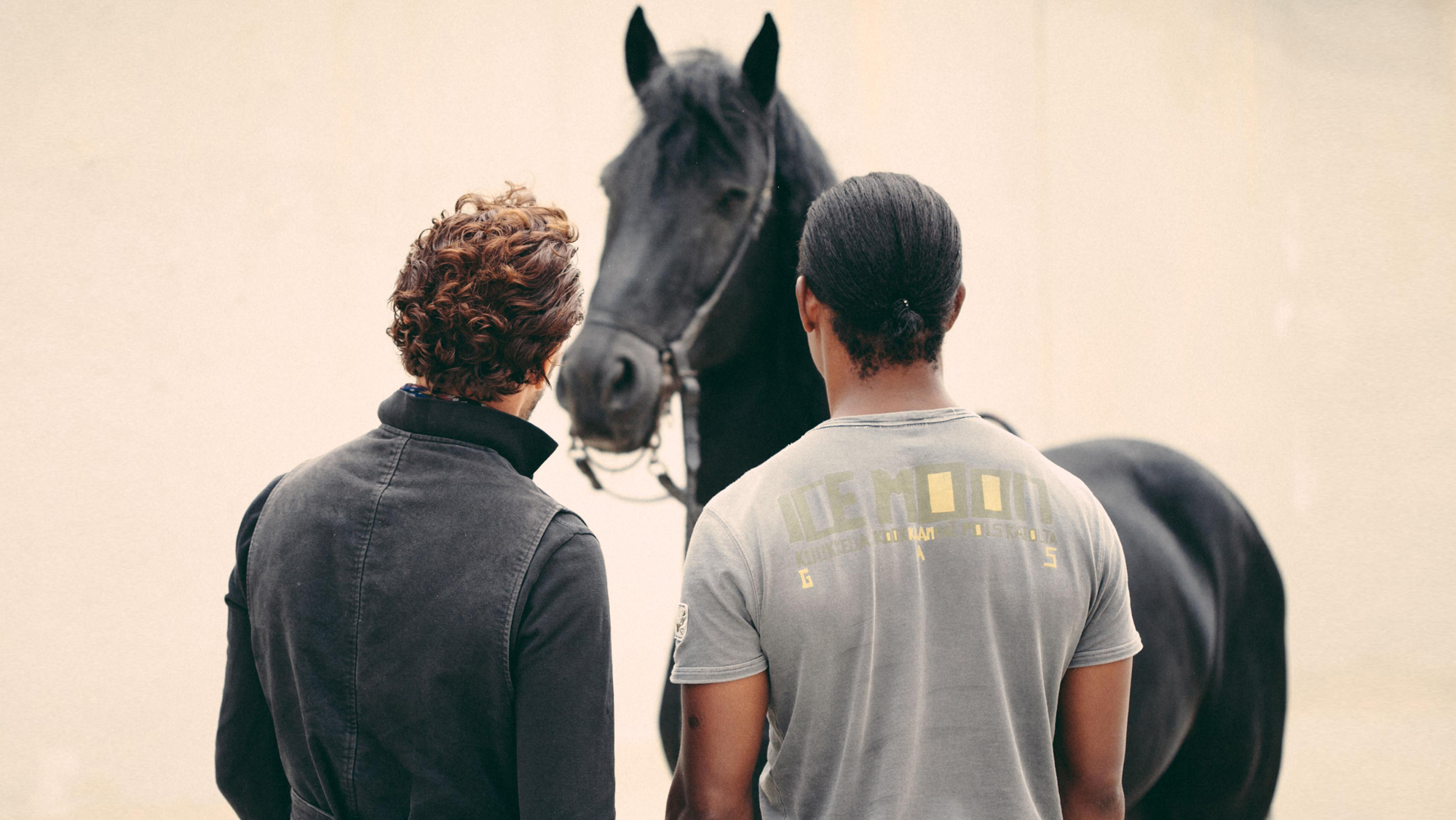
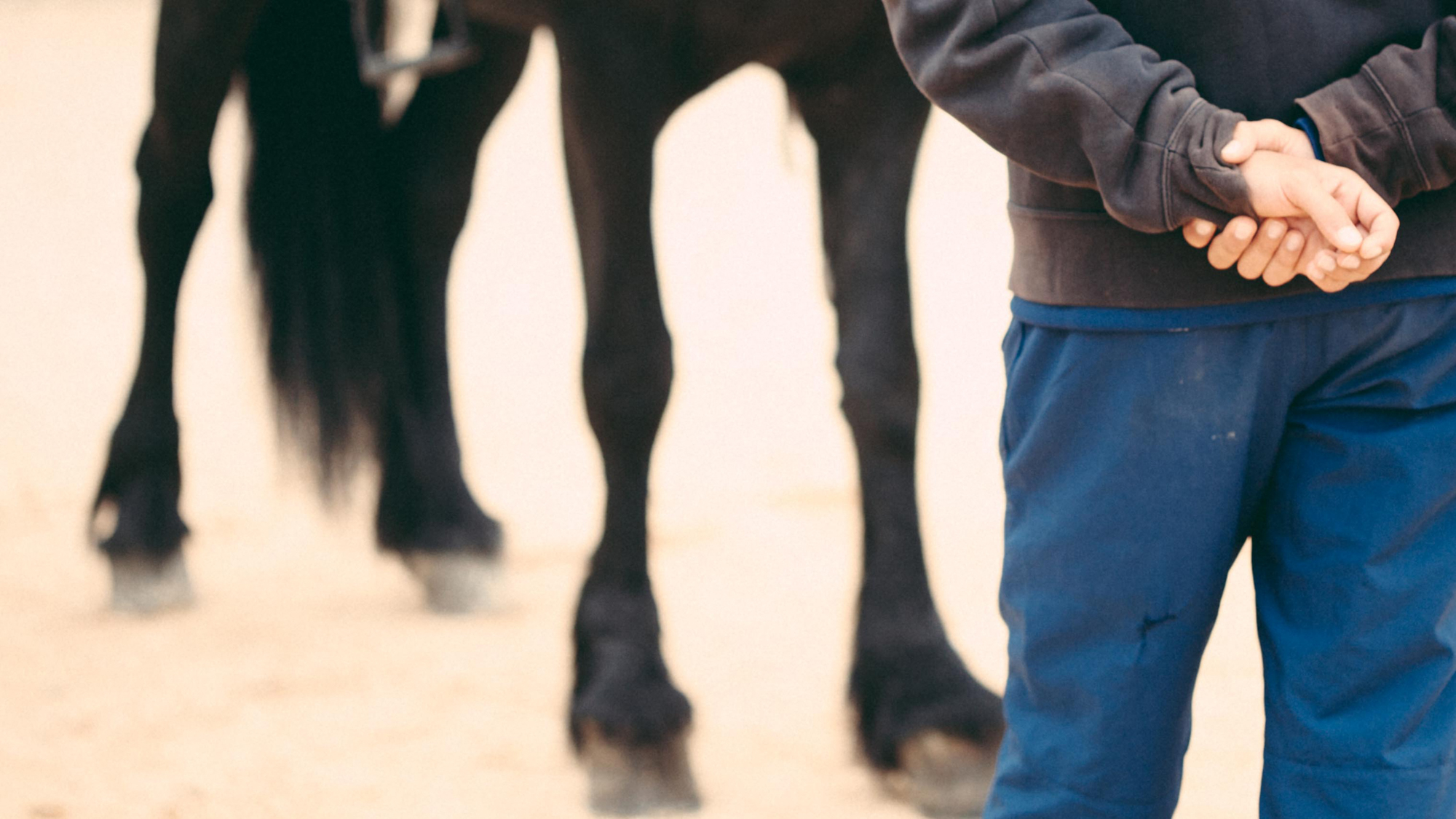
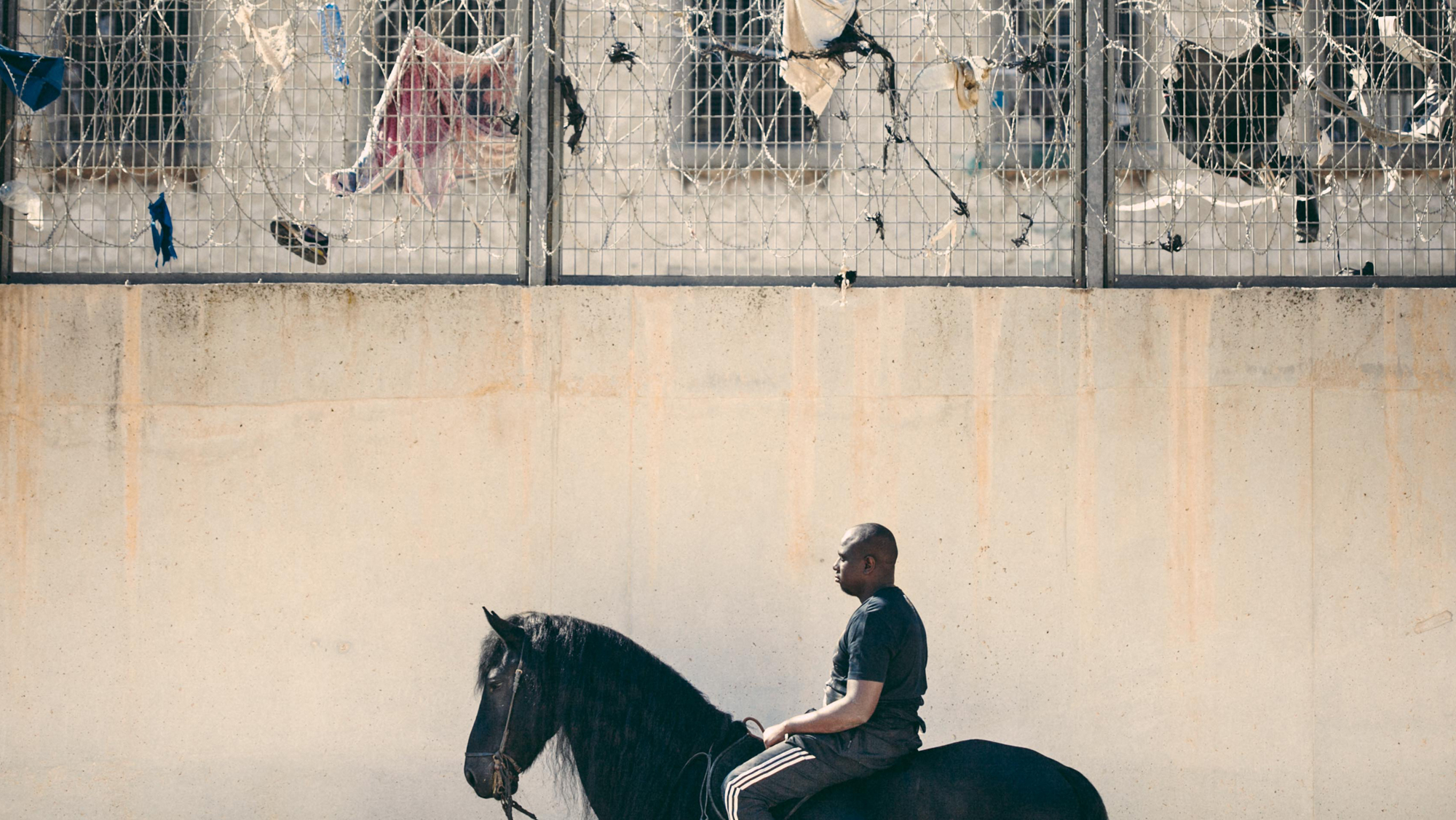
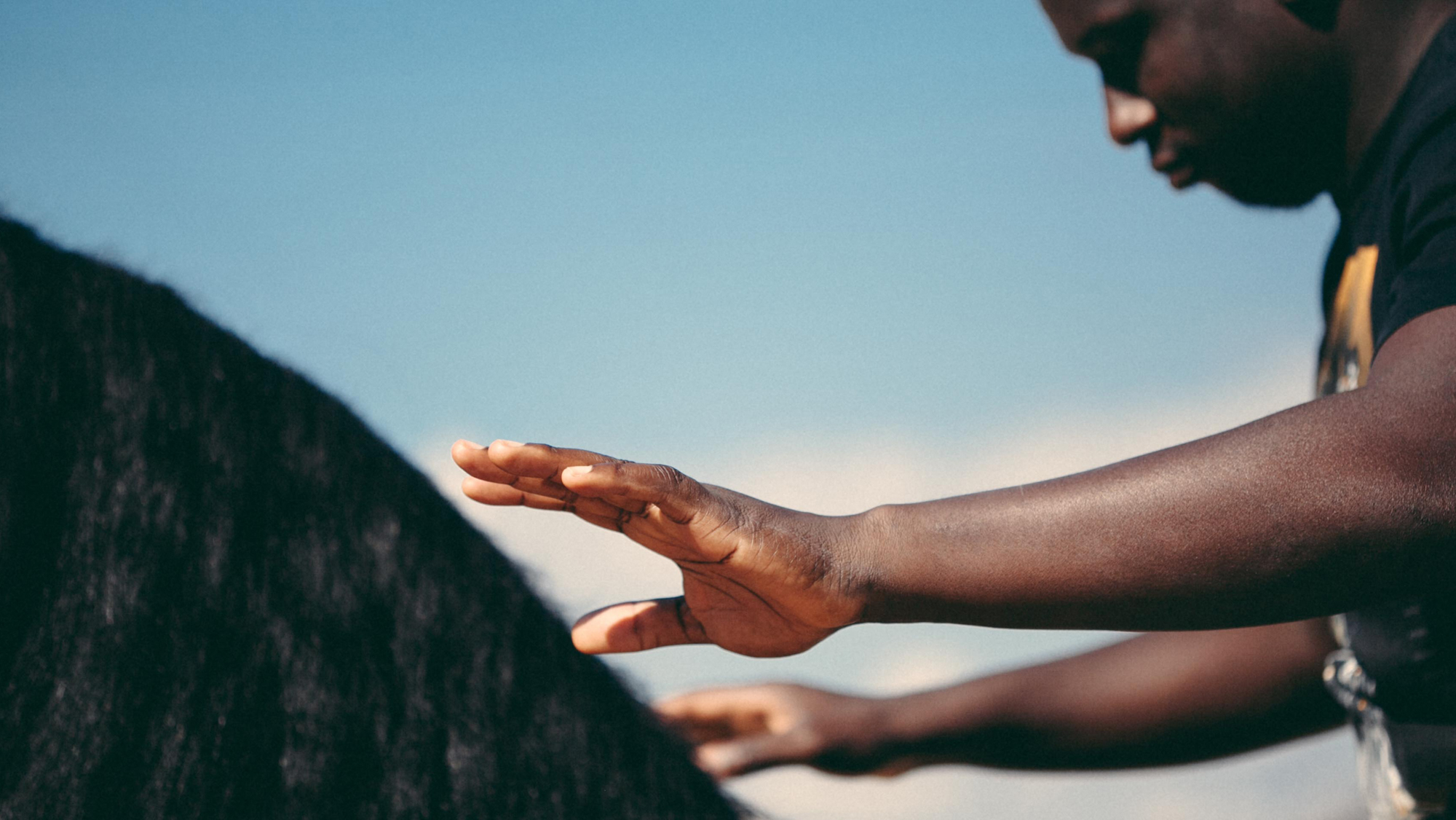
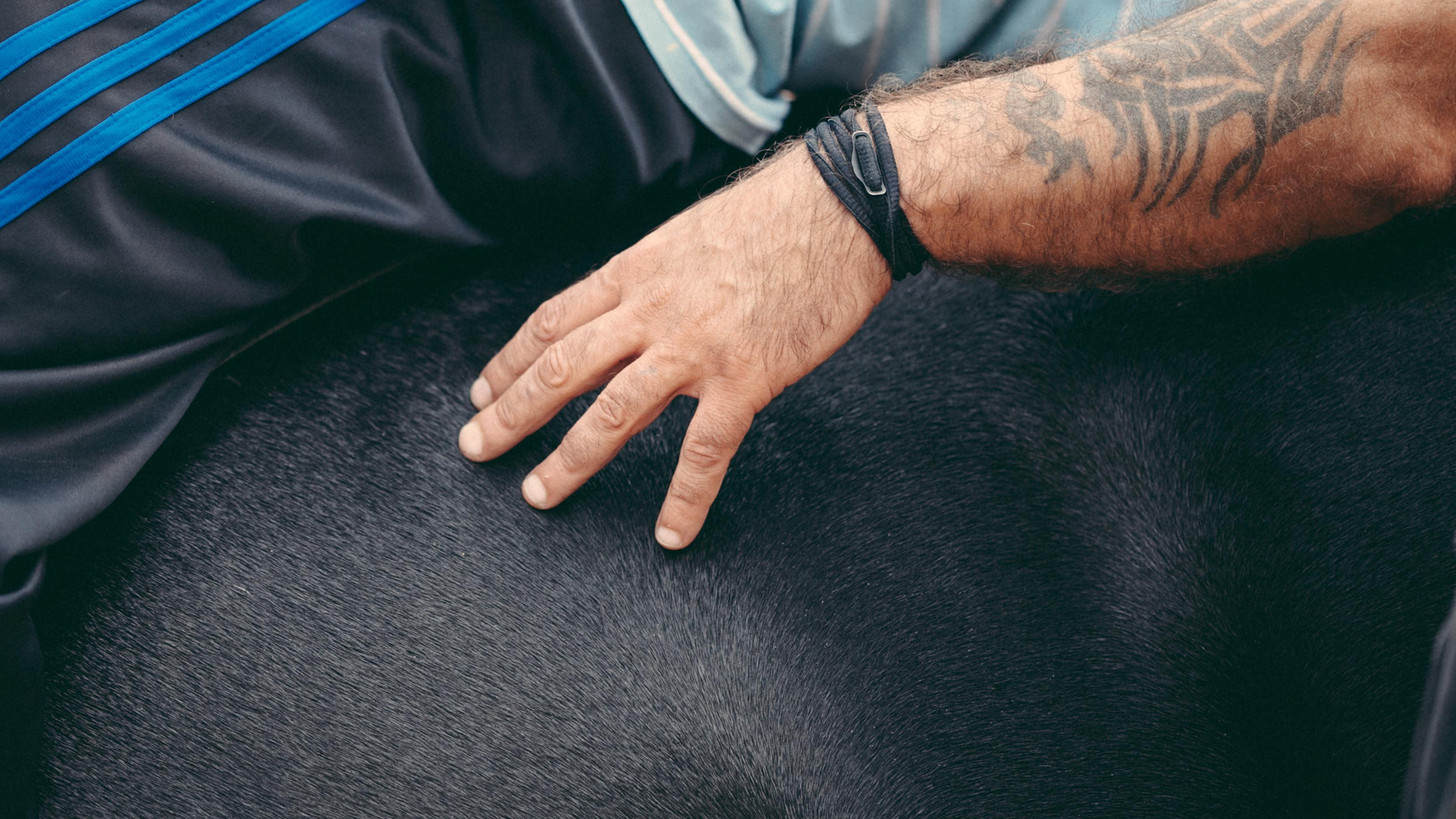
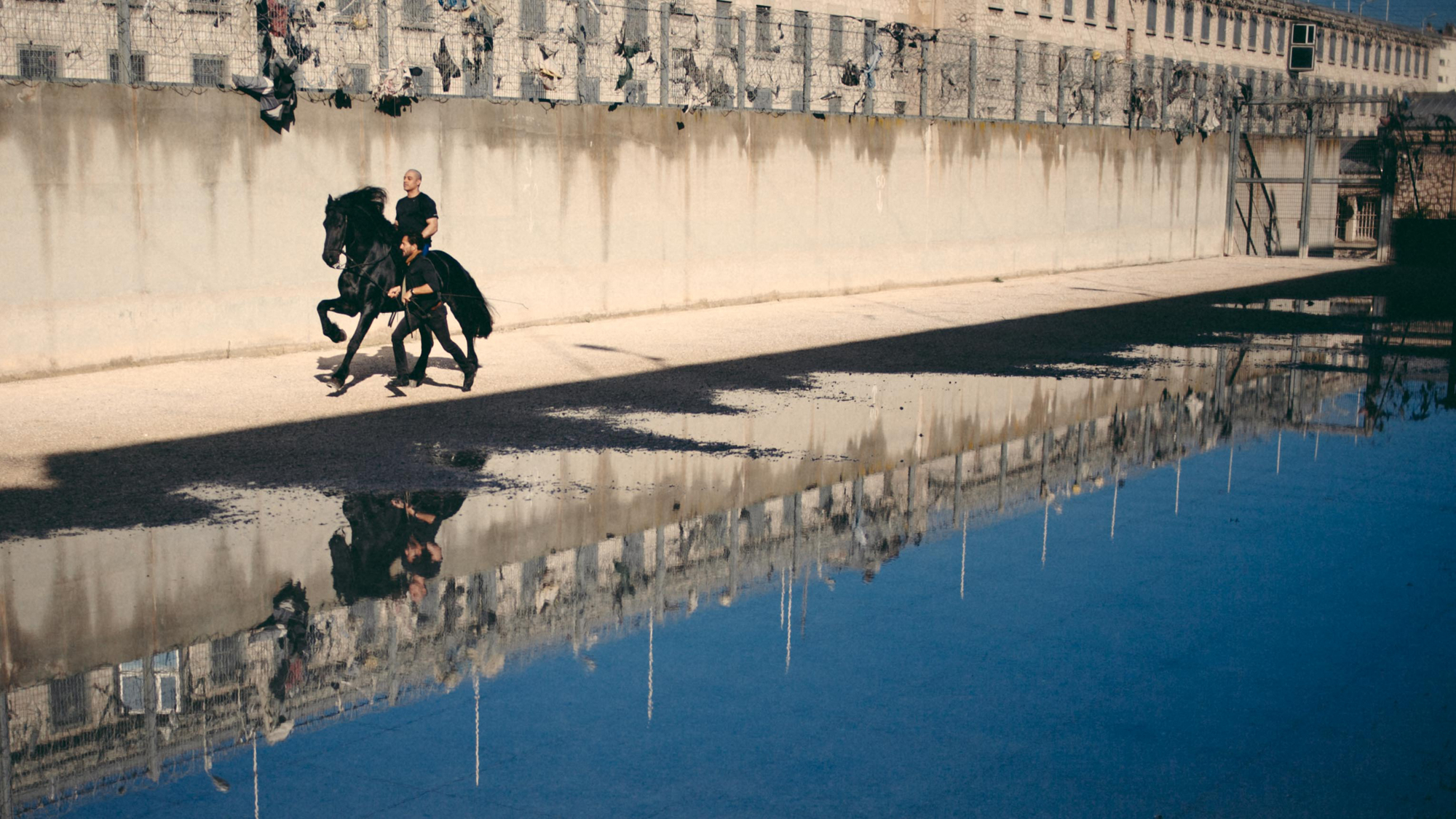
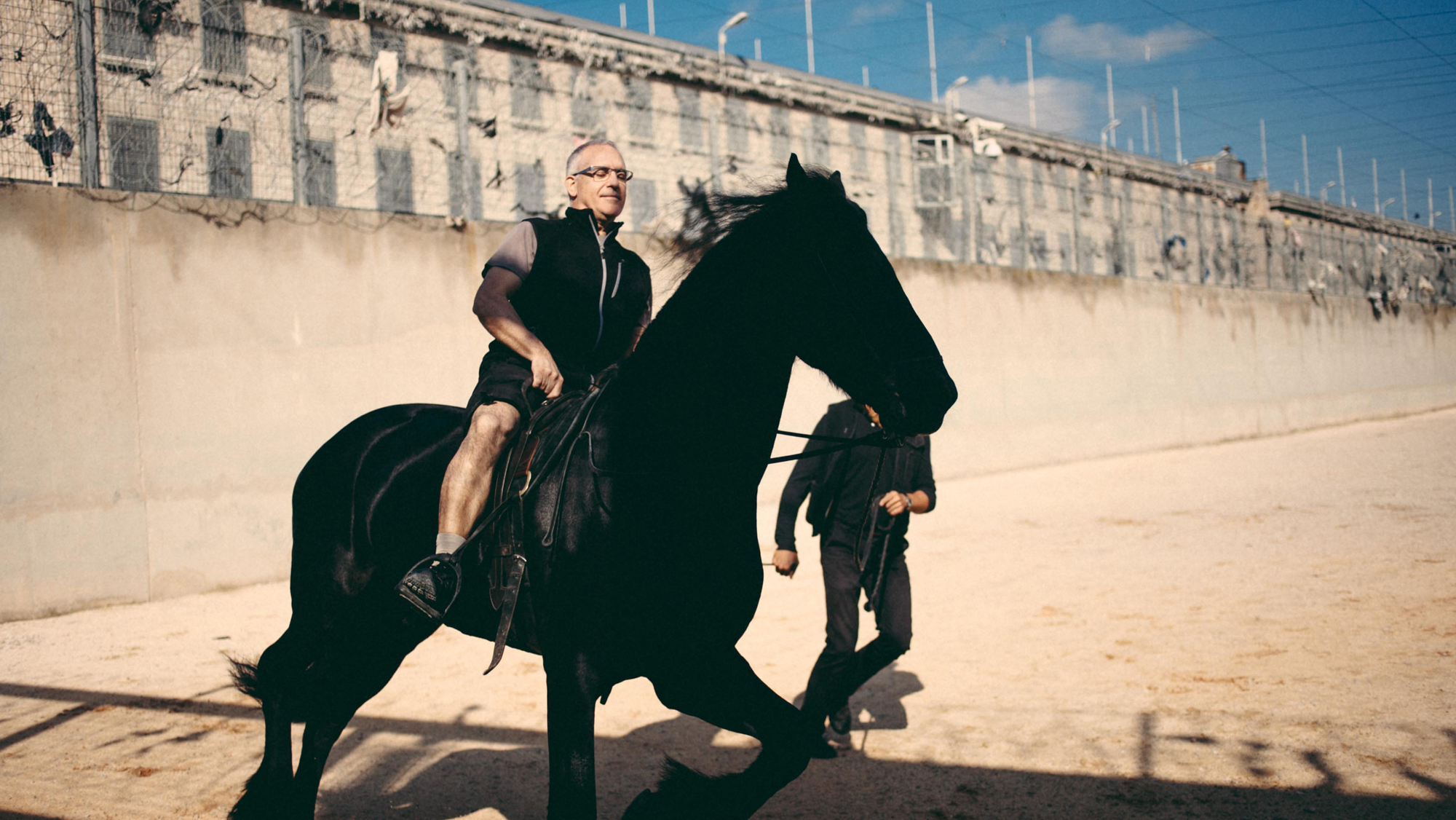
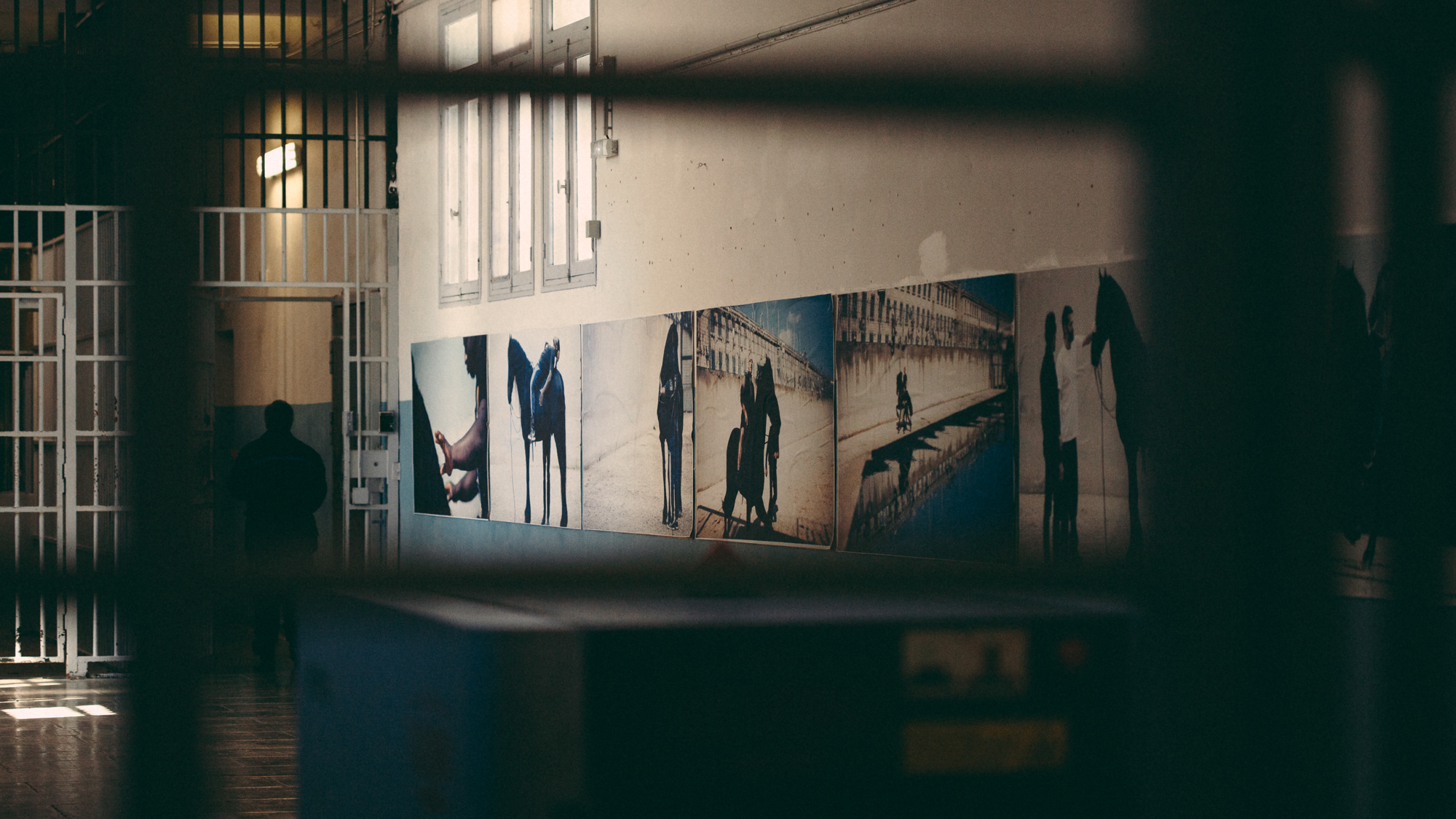
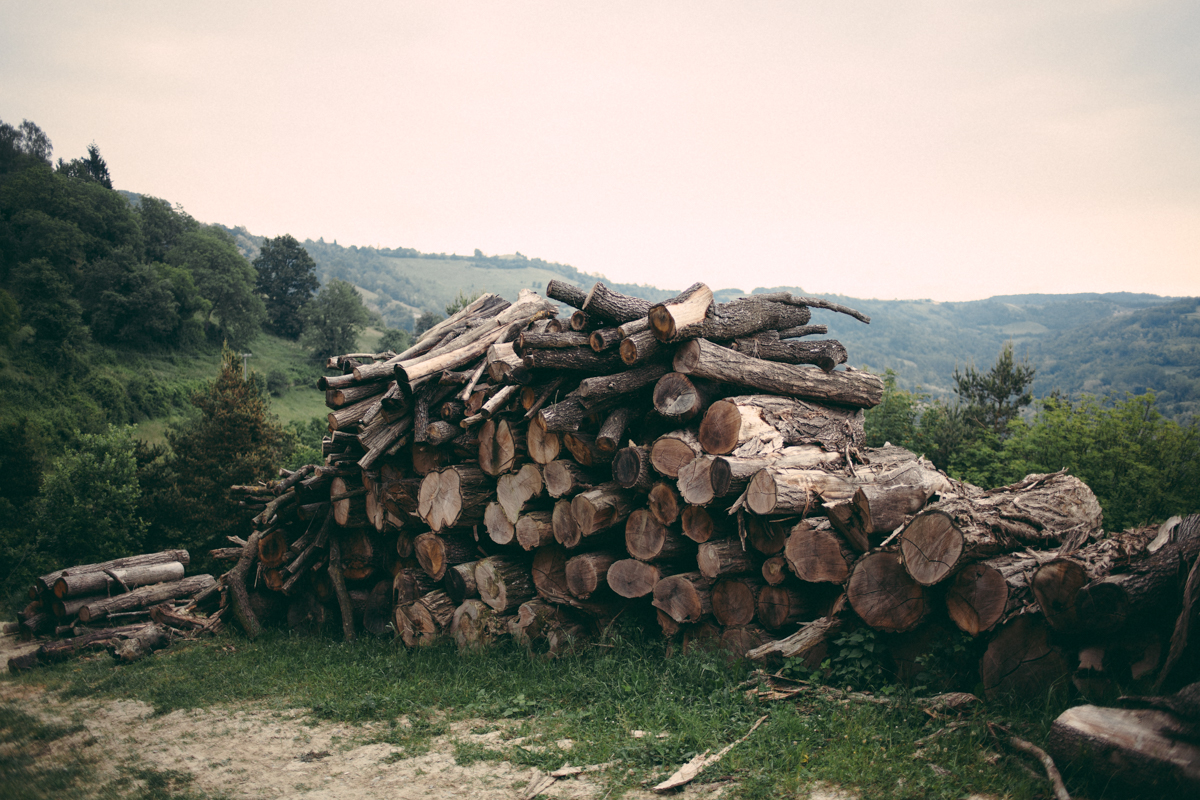

Along the crests of the hills of the Langhe-Monferrato territory, exploring contemporary forms of breeding alternatives to mass production in the north-west of Italy. Among these shepherds, we can find an idea of rearing which has centenary roots, who takes care of the welfare of the animal before that of its productive capacity, because this is the only way to guarantee the quality of the product which is cheese, honey or meat. Abandoned the epoch of the obsession of growth, there is today the spread of a type of consumption more selective, more attentive to the quality and more interested in cultures of origin of the products themselves. The development of farm holidays and didactic farms, source of income complementary to the breeding, allows to shepherd a better balance with the natural rhythms of work with animals, in harmony with the ecosystem of the territory.
Italy, 2015/2016
